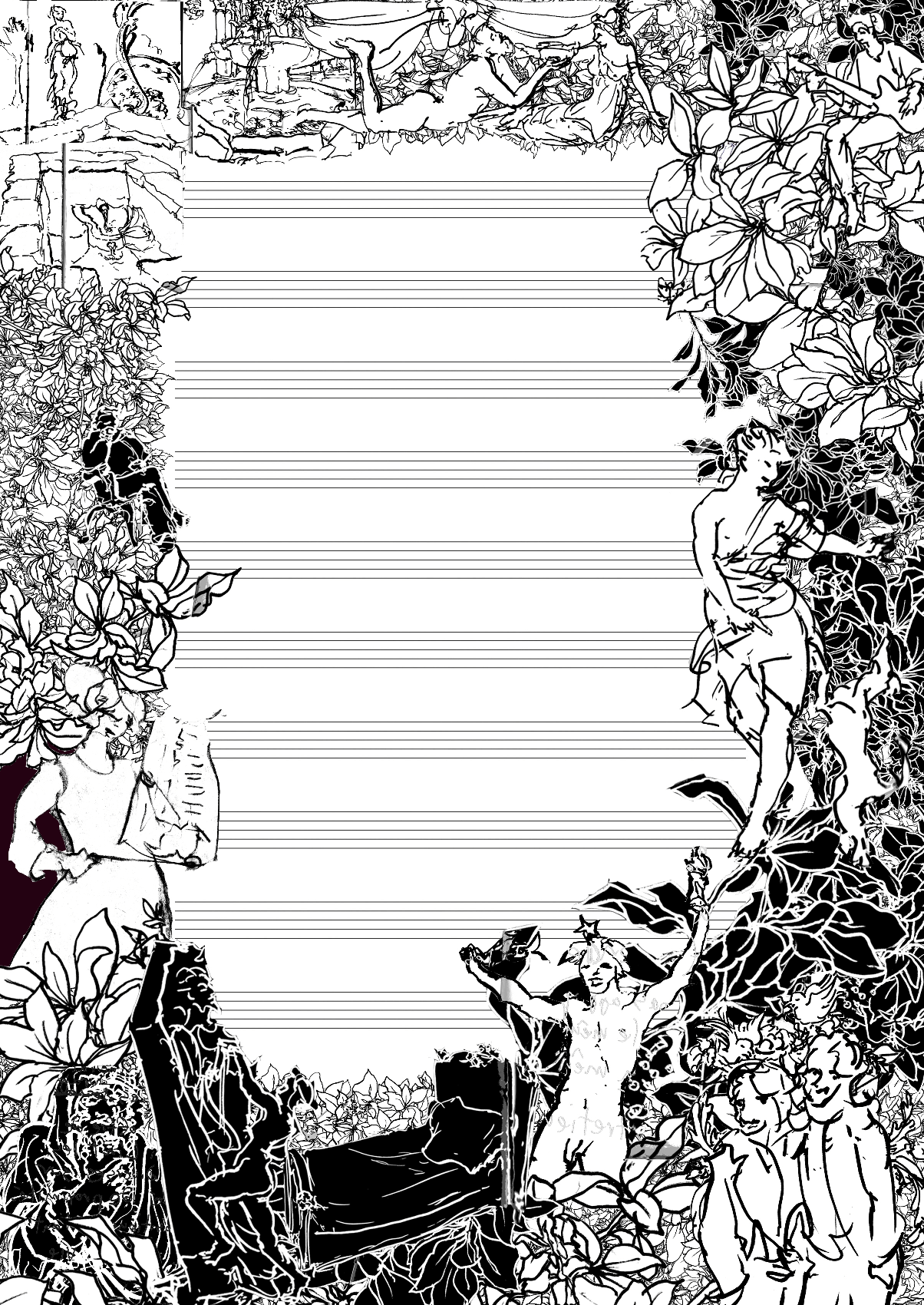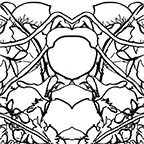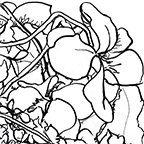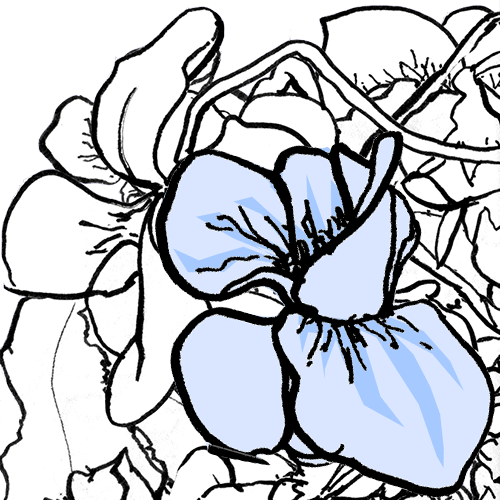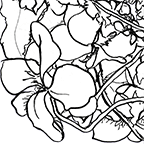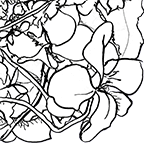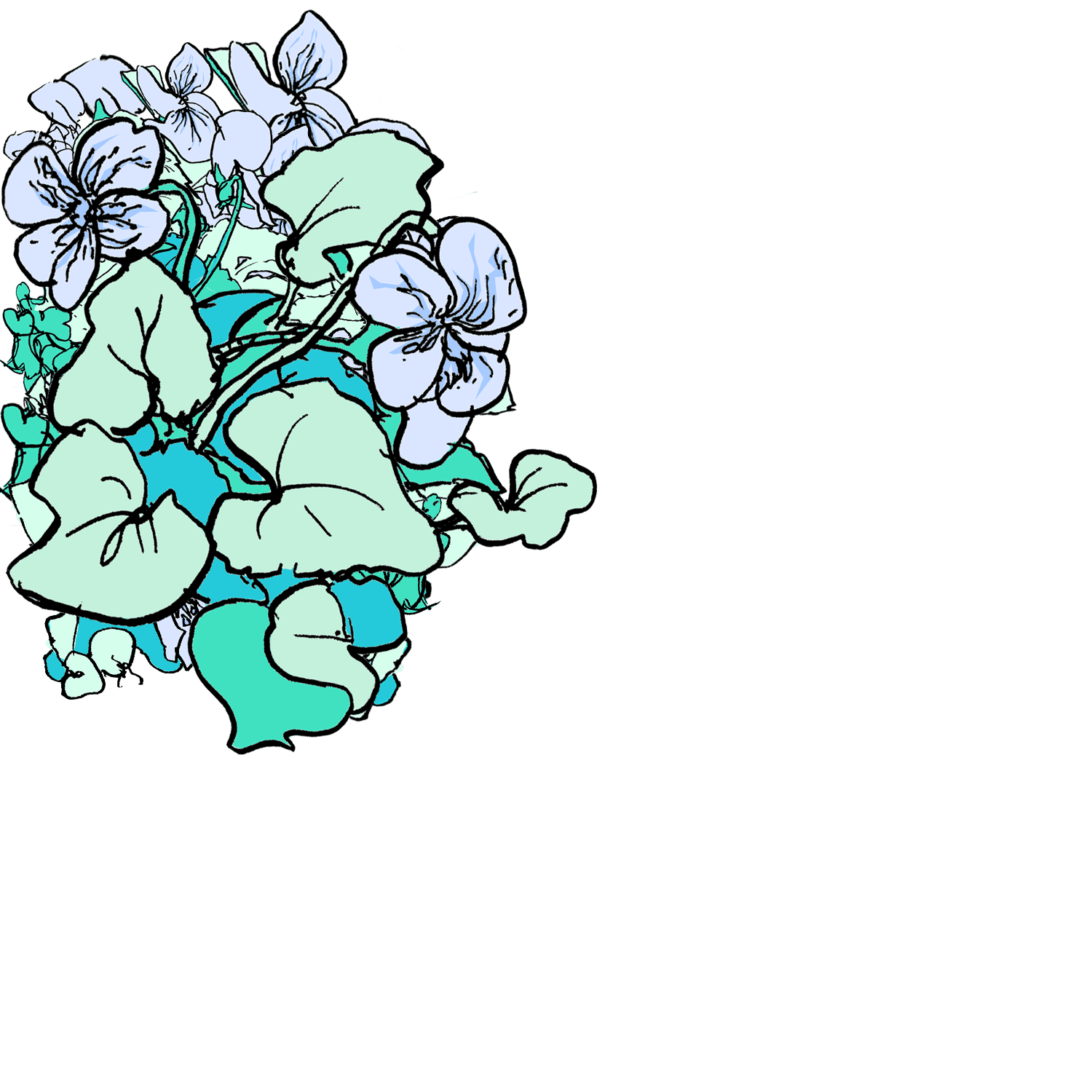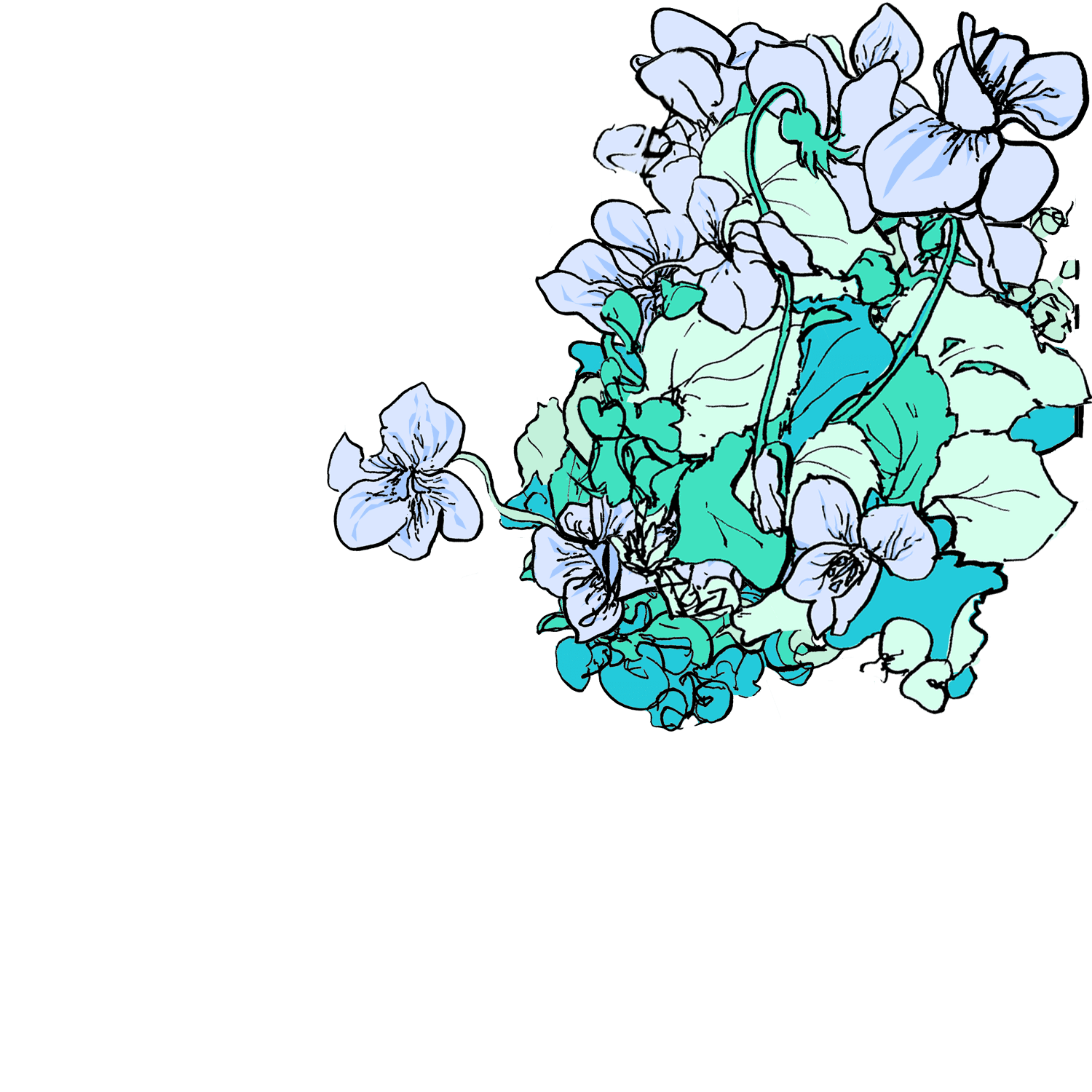











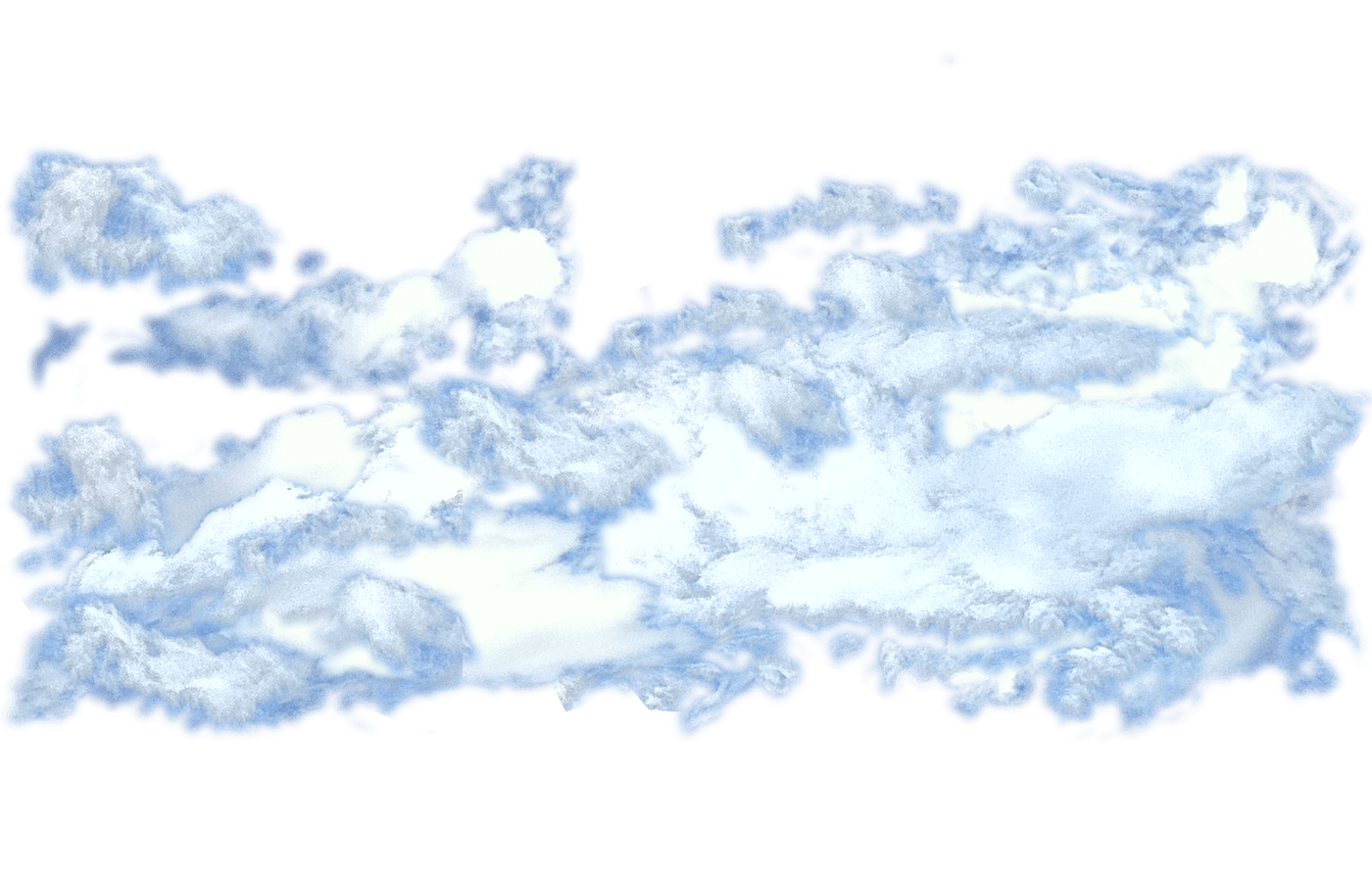
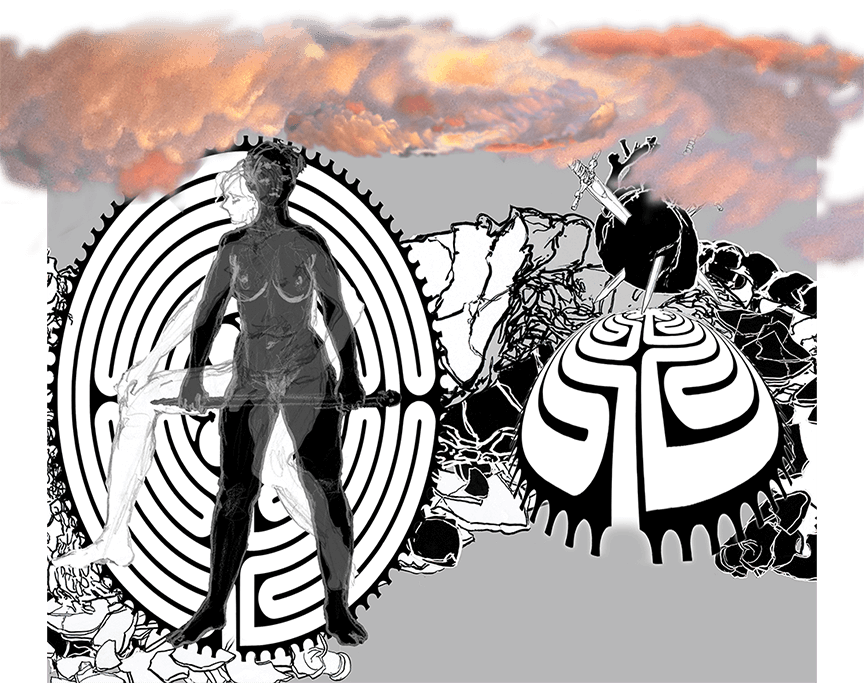
Double Cross Way beyond Danger
1883-2021
by Jai Voulu
an art history romance.
Web-formatted extracts from ReVif's pictorial novel, a true story, a veritable art history romance:
1883-2021
by Jai Voulu.
Jai Voulu lived the art industry between 1970 and 1991. Now Jai wanders, putting Humpty-Dumpty back together again after having had aided global omelettization. Since the past decade, Jai Voulu, and wife, Vic Tourée, research the ramifications of government-corporate partnerships and social practice recruitment across Europe and the USA. Their work results in True Stories. Expand bio of Jai Voulu
Jai’s art history romances remind us:
“We’re going live, now.”
Available as soon as we finish our current effort, Viola Loves in the Land of Terror. Volume I, Paolo Pavesich, Fresco Artist Creates the Right to Privacy. Consider the notes for the upcoming book of Viola, and the rest of our series by clicking the True Stories button at the upper left corner of this page. Explore the ReVif Labyrinth by wandering through the many camoflauged buttons and hyperlinks we present you. Expand sales offerings.
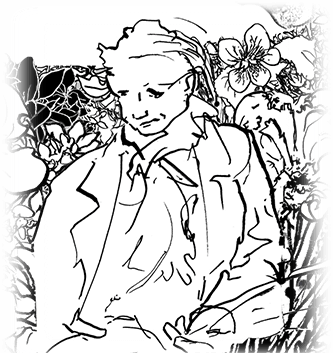
Jai Voulu draws out the dangerous poem Camille Claudel’s brother Paul writes.
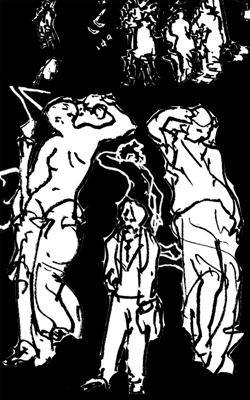
Paul imprisons Camille as a lunatic for life.
Cammy escapes, defying logic.
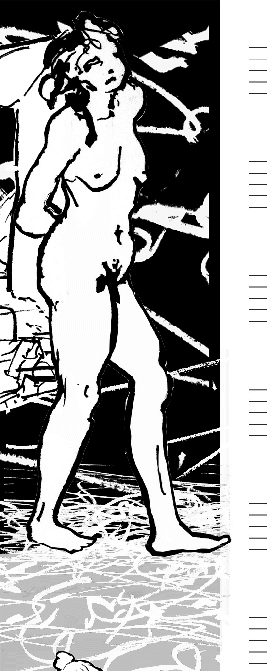

Jai Voulu, artist, consultant, cadre supérieur.
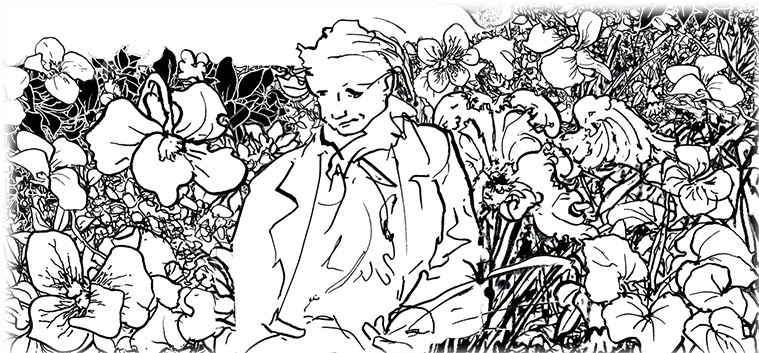
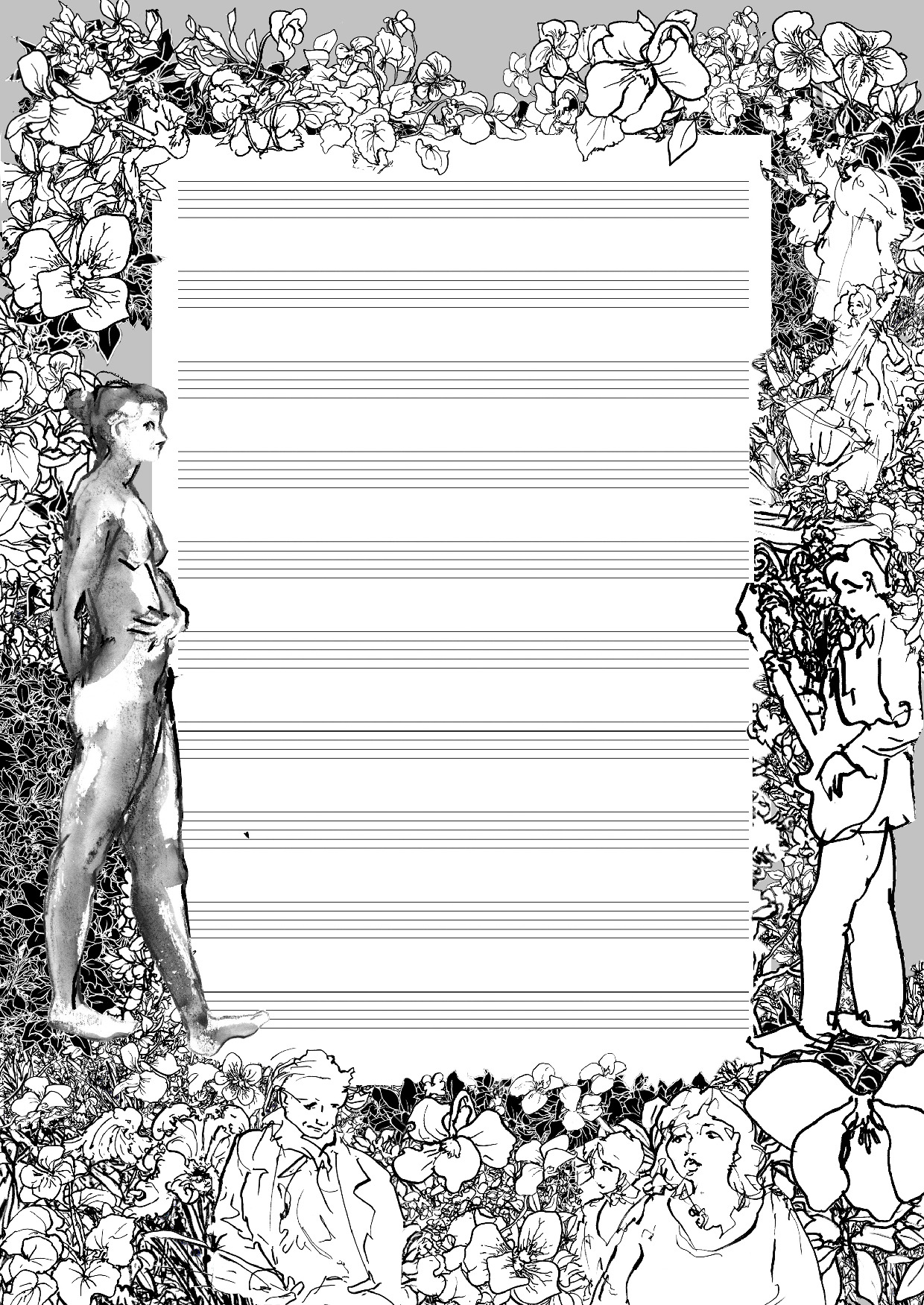
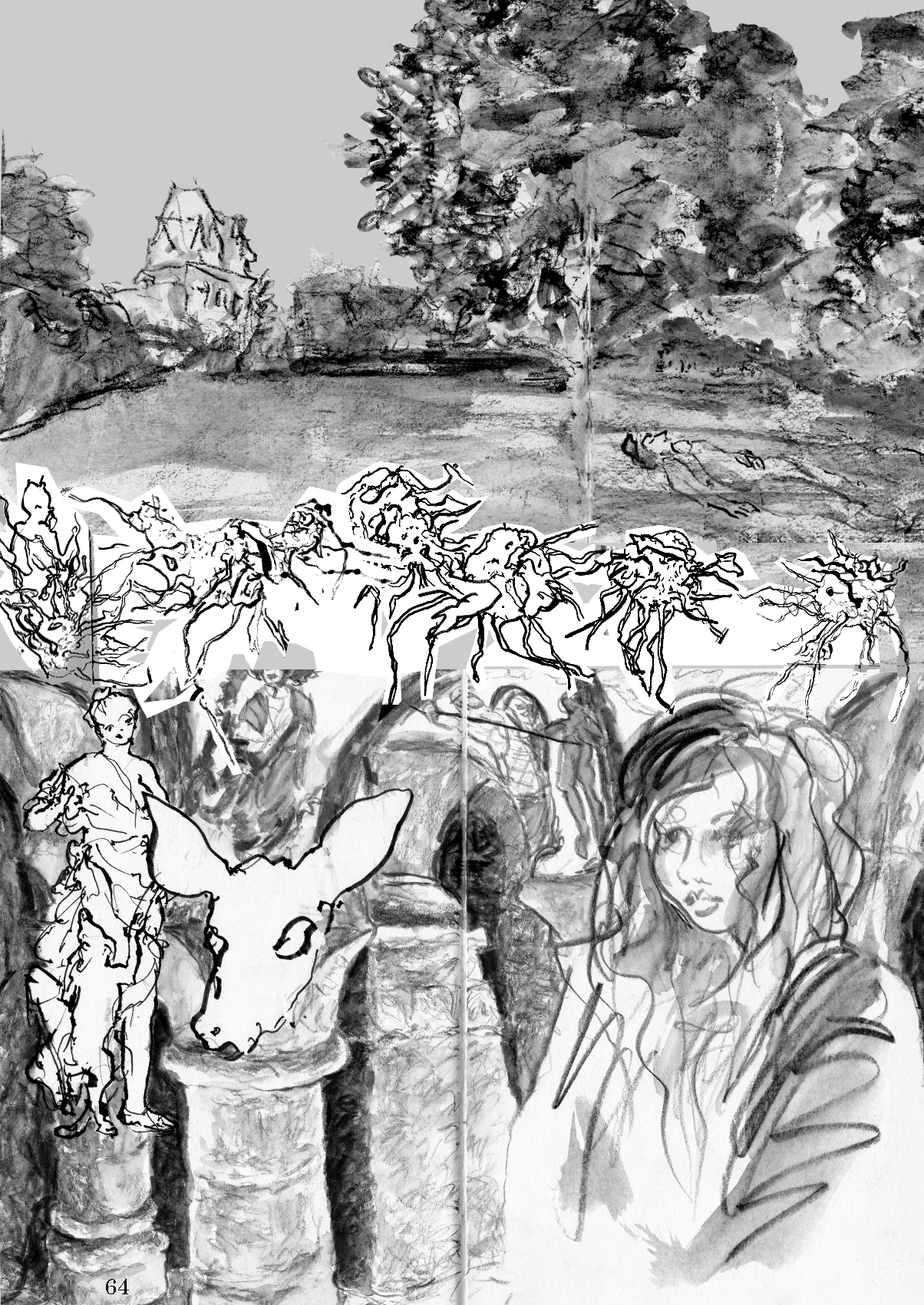
Jai Voulu's art history romance
1883-2021
Double Cross Way
beyond Danger
Homo-Sapiens is the only creature creating unreal reality. Other creatures always do as they do; change genetically or not at all. Only people take action within imagined, artificially real situations.
By signs, we conquer. Conquer what? Why always the fighting? On whose behalf? Who's the enemy?
Who imagines and makes bright, true futures? You do. I hope too. What's in the box we shouldn't open?
On March 10th, 1913 Louis-Prosper Claudel dies. He had all his life promoted and defended the art career of his daughter, Camille.
The day Louis dies, his son, Paul, imprisons Camille for the rest of her life, 30 years. Paul forbids her, until the end of time, to ever receive or send correspondence.
Paul Claudel’s poem, The Way of the Cross, recounts crucifixion. He published it just before he had Camille arrested.
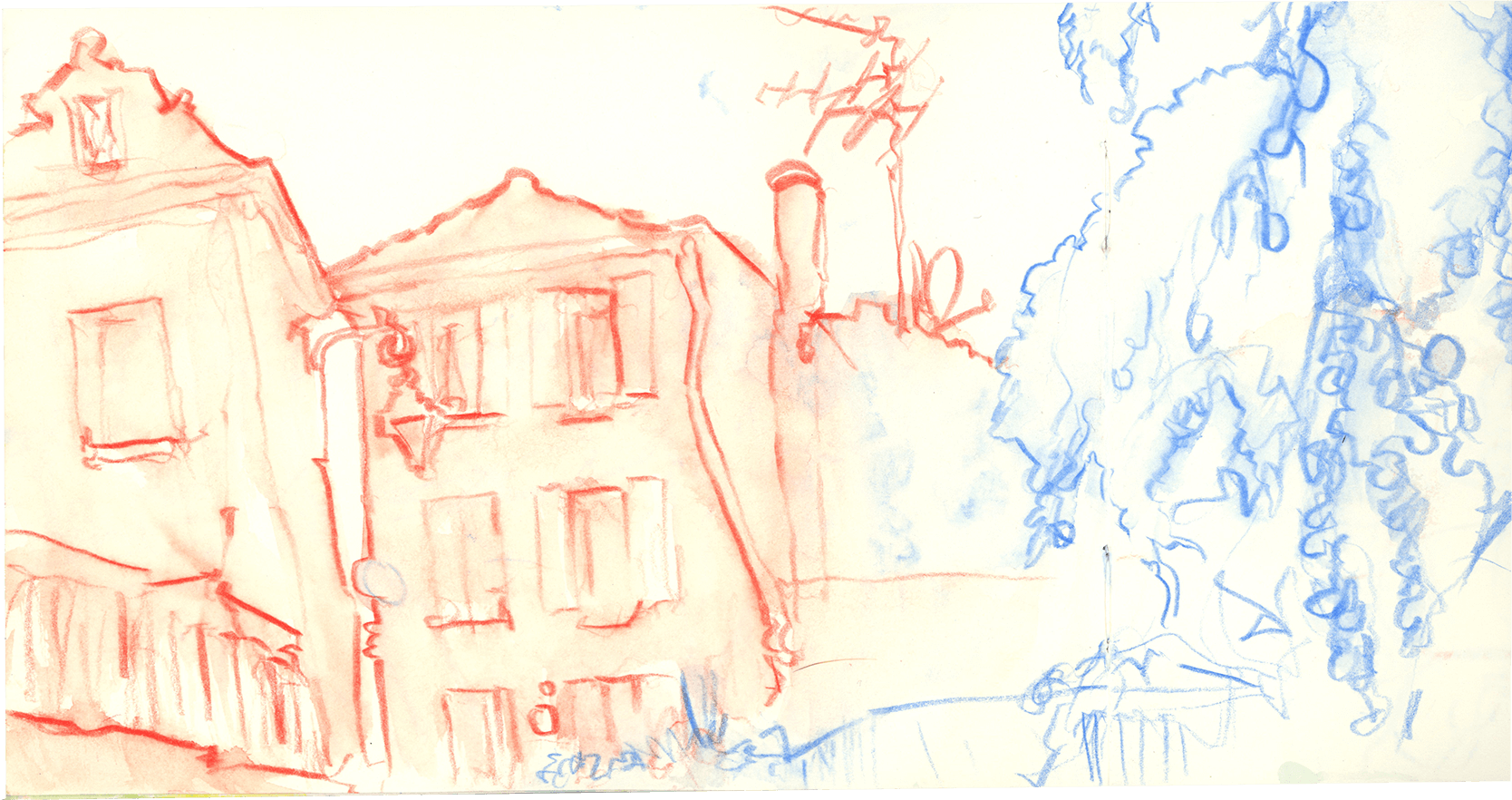
Paul isn’t a wicked person. Isn’t he just a young man from the suburbs who religiously follows the rules, innovating as everyone hopes?
Paul pushes the expected to new values. He’s a wealthy, serene success; superior to his competitors.
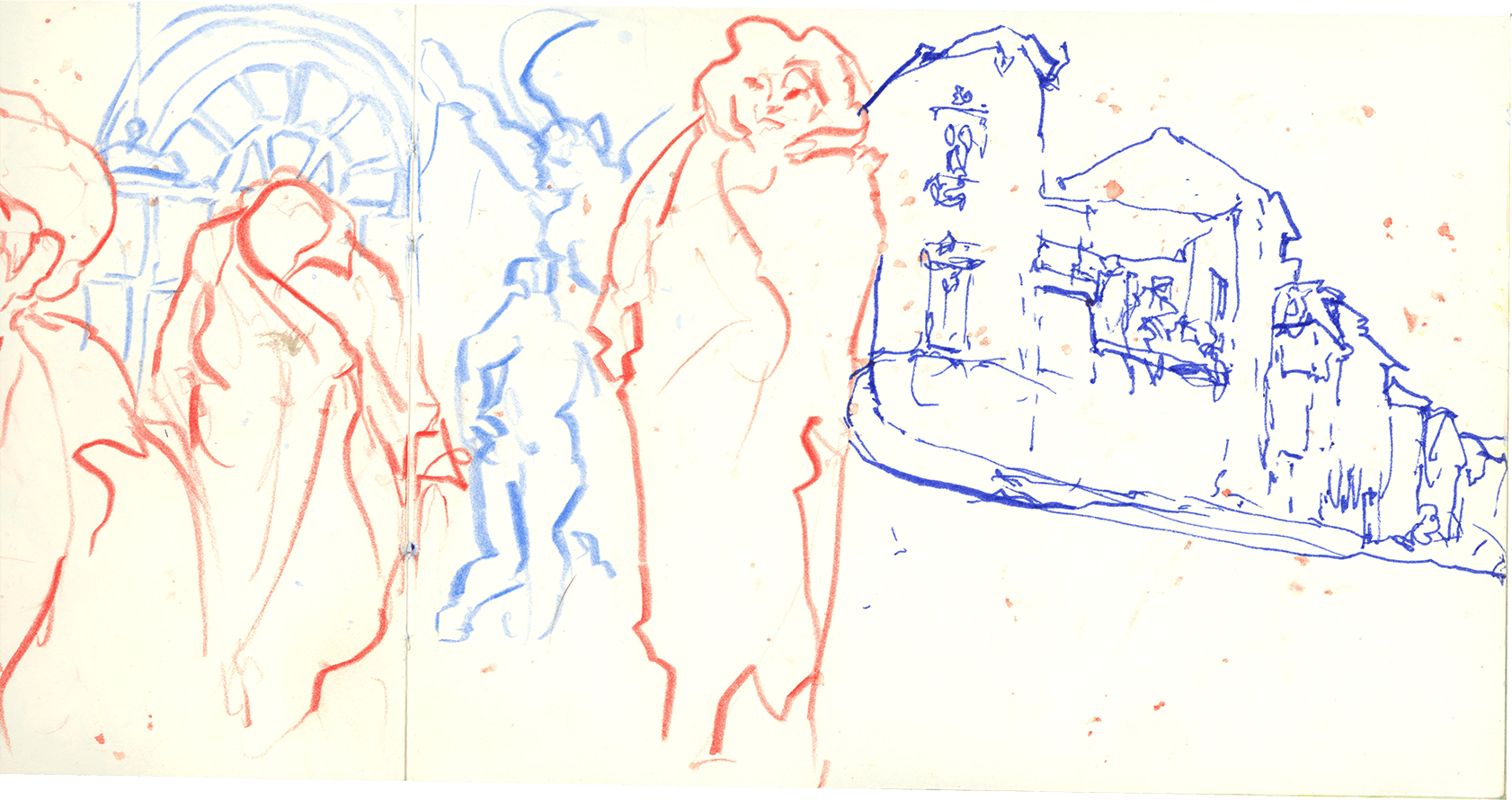
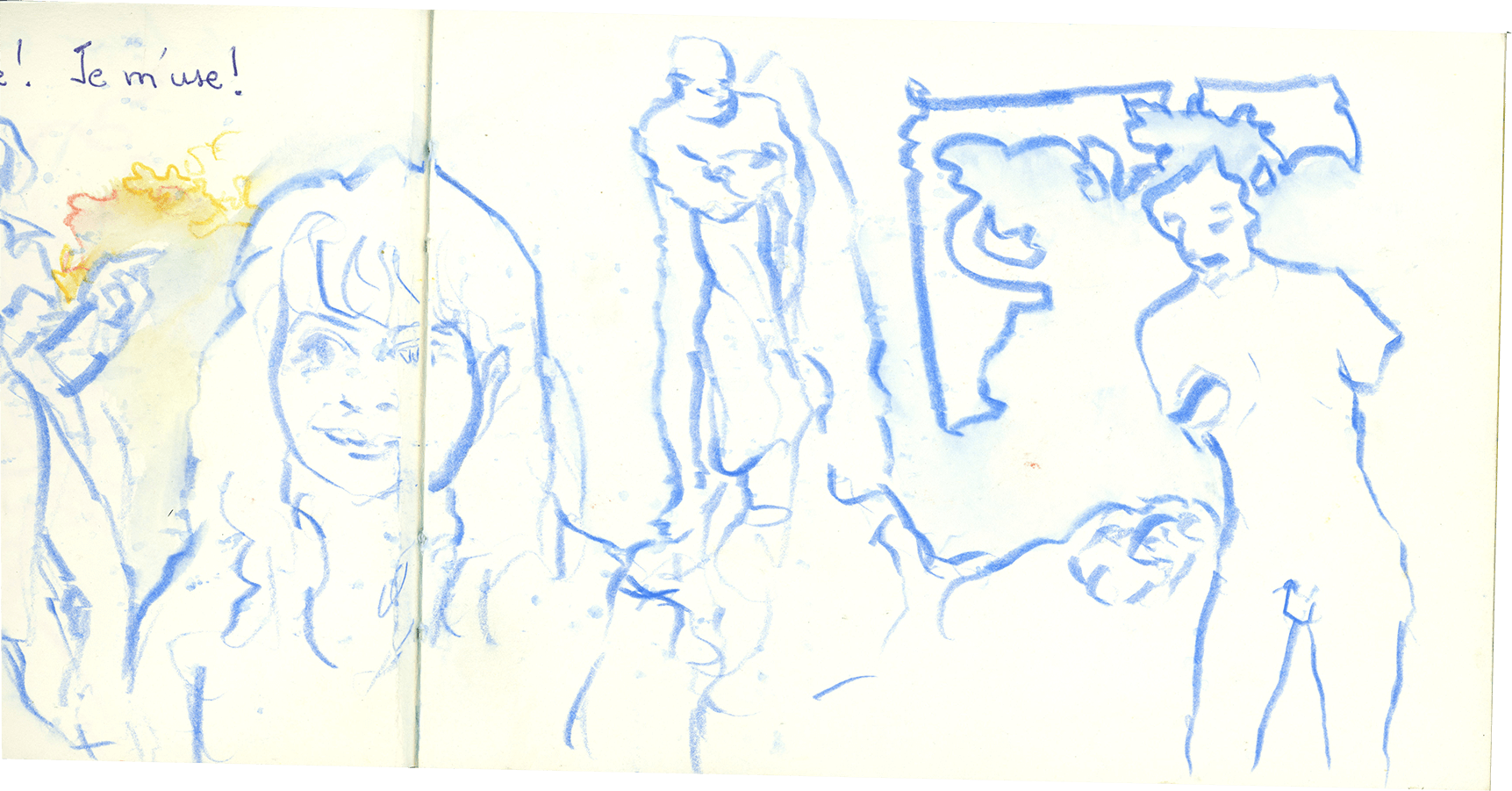
Camille knowingly breaks rules. She believes that’s what artists are supposed to do. But aren’t her choices the source of her conflict? Didn't she choose to be bad? Isn’t she unraveled by shame, becoming poor, angry, helpless?
Both siblings are today known best for this tragedy of Camille’s imprisonment. Both siblings' passions intended outcomes other than infamy.
The rags-to-riches grandiose August Rodin completes the cast as Cammie's over-his-head lover.
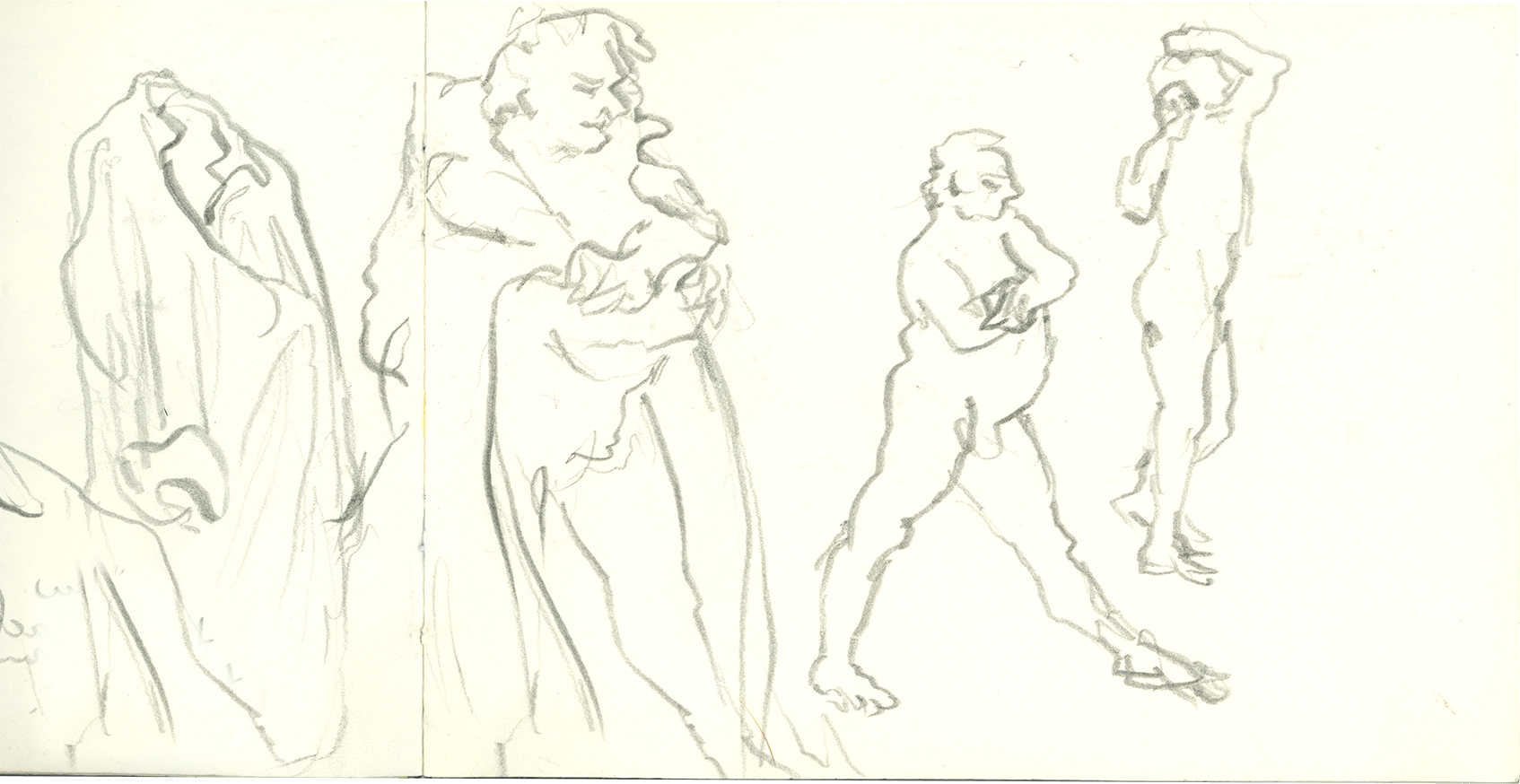
Instead of Camille, Paul, and August alternating roles of Villain and Hero, Martyr and Tyrant, Lover and Fool, what's the bigger game? What's at stake?
They're actors articulating what we can’t yet perceive?
Their passion play pantomimes our secret.
We name it the other and pretend it's revealed and OK.
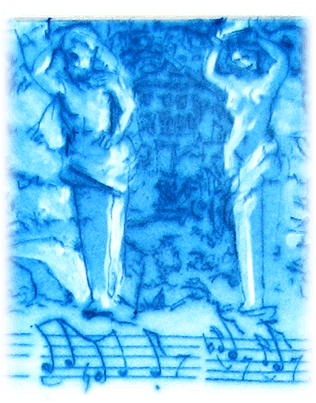
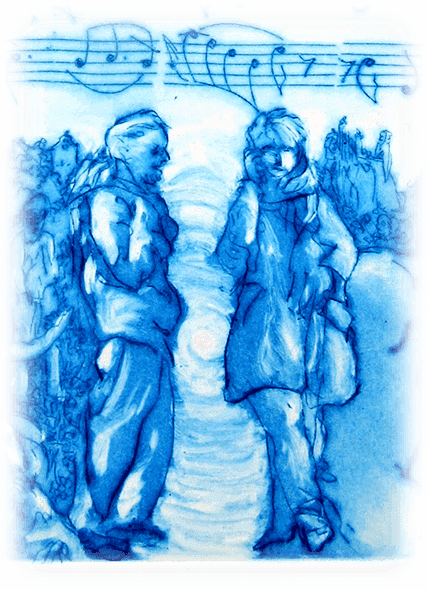
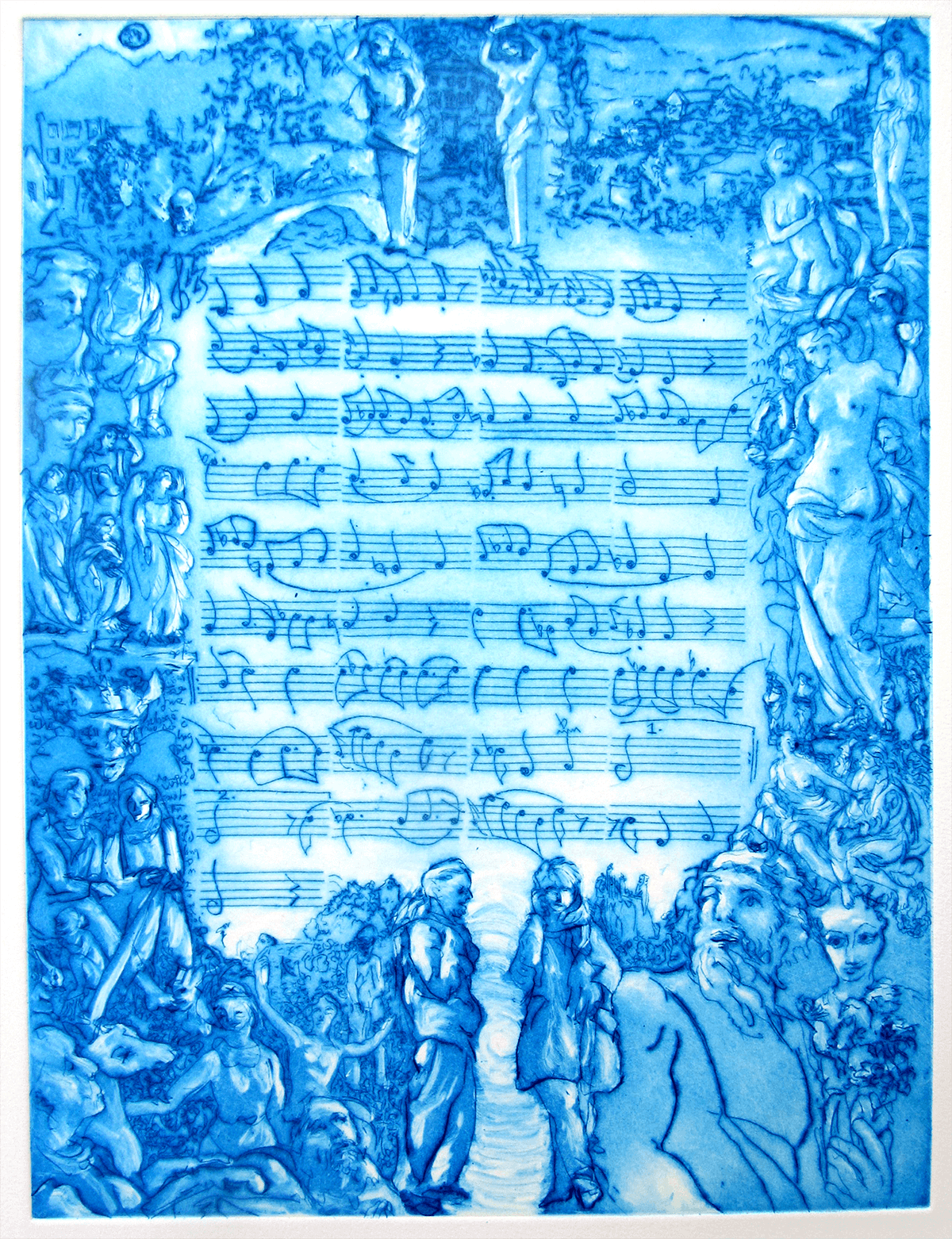


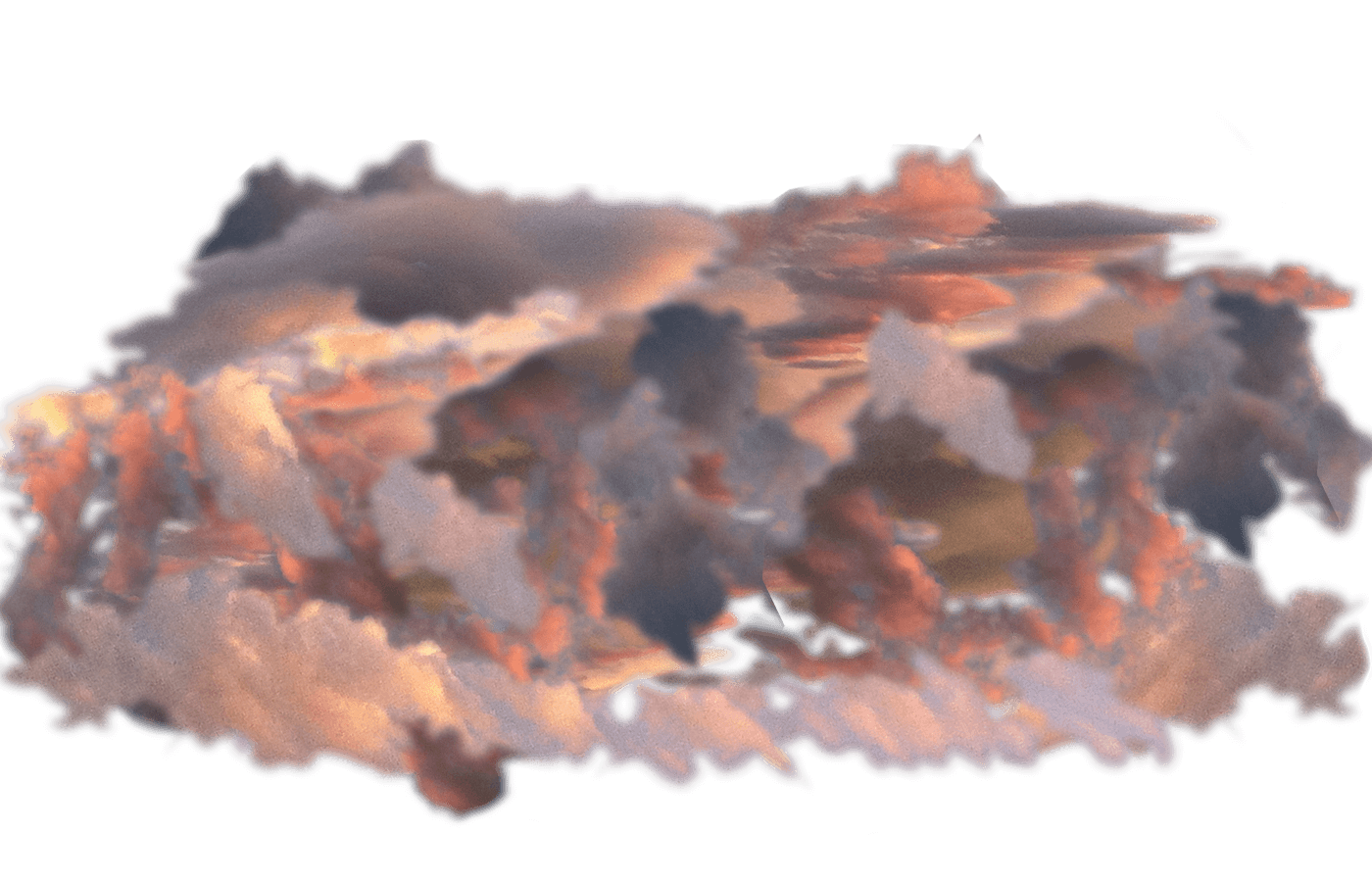
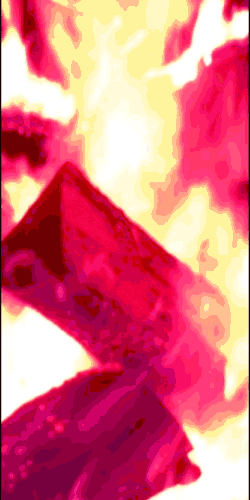
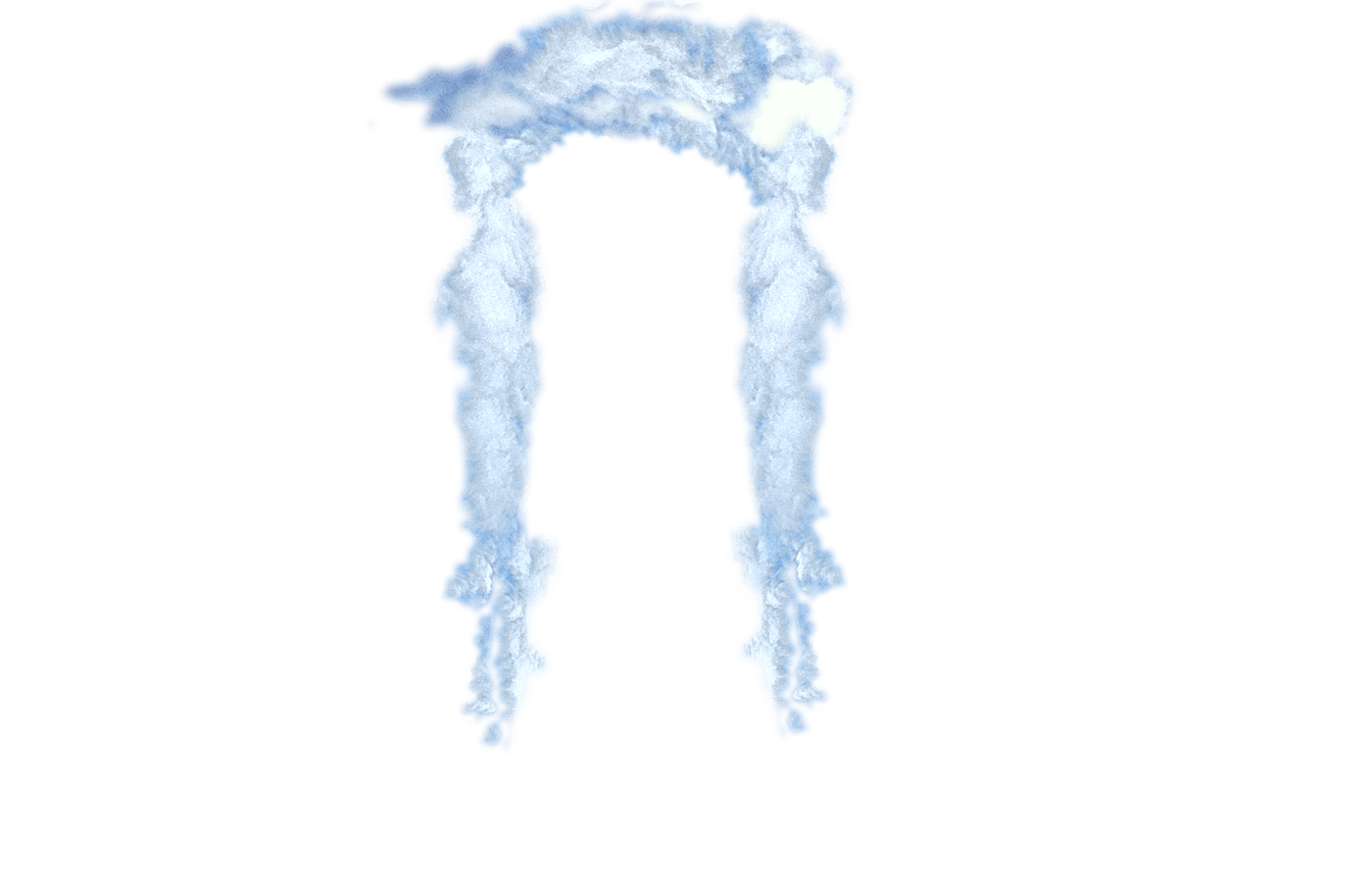
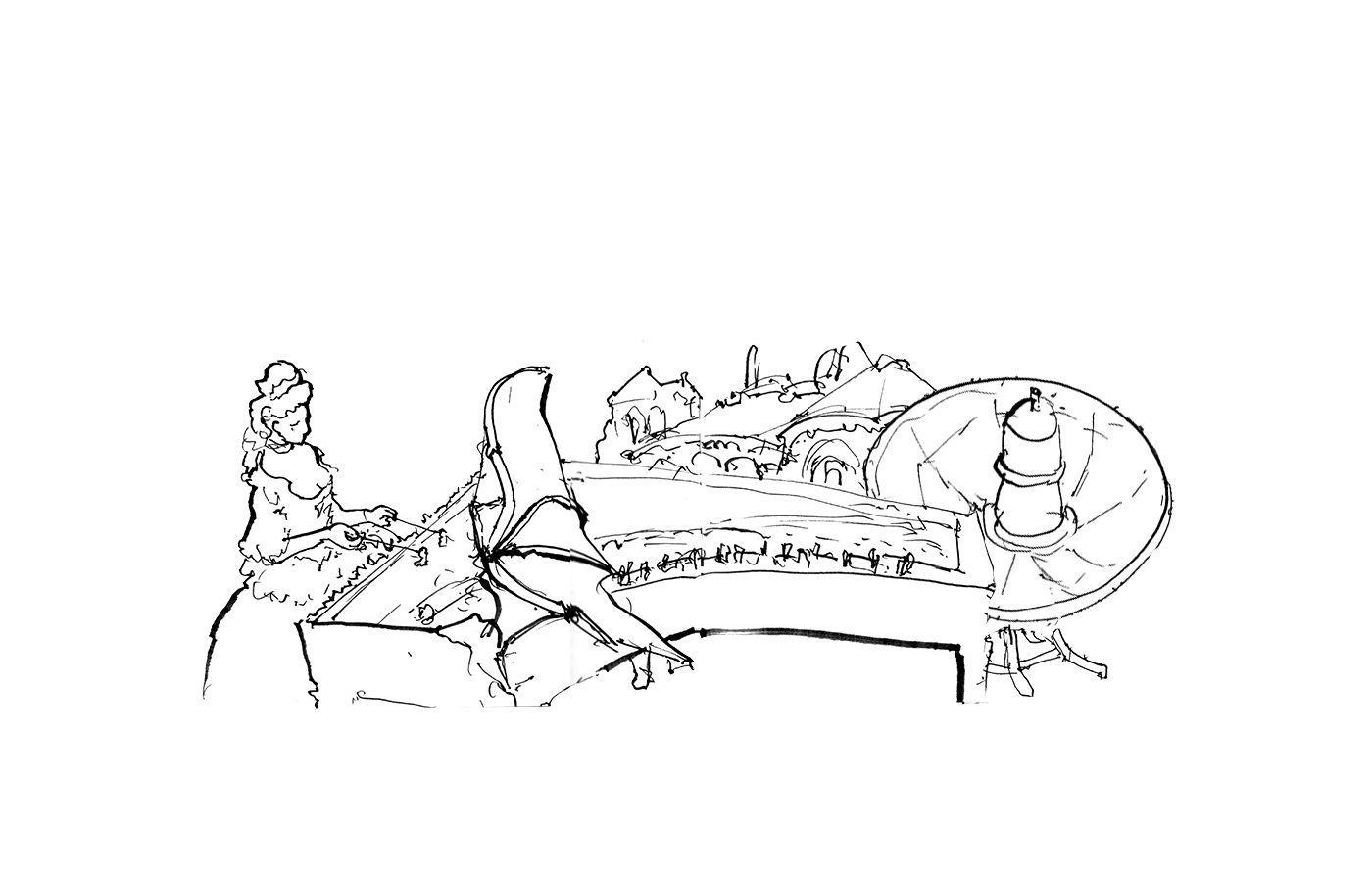
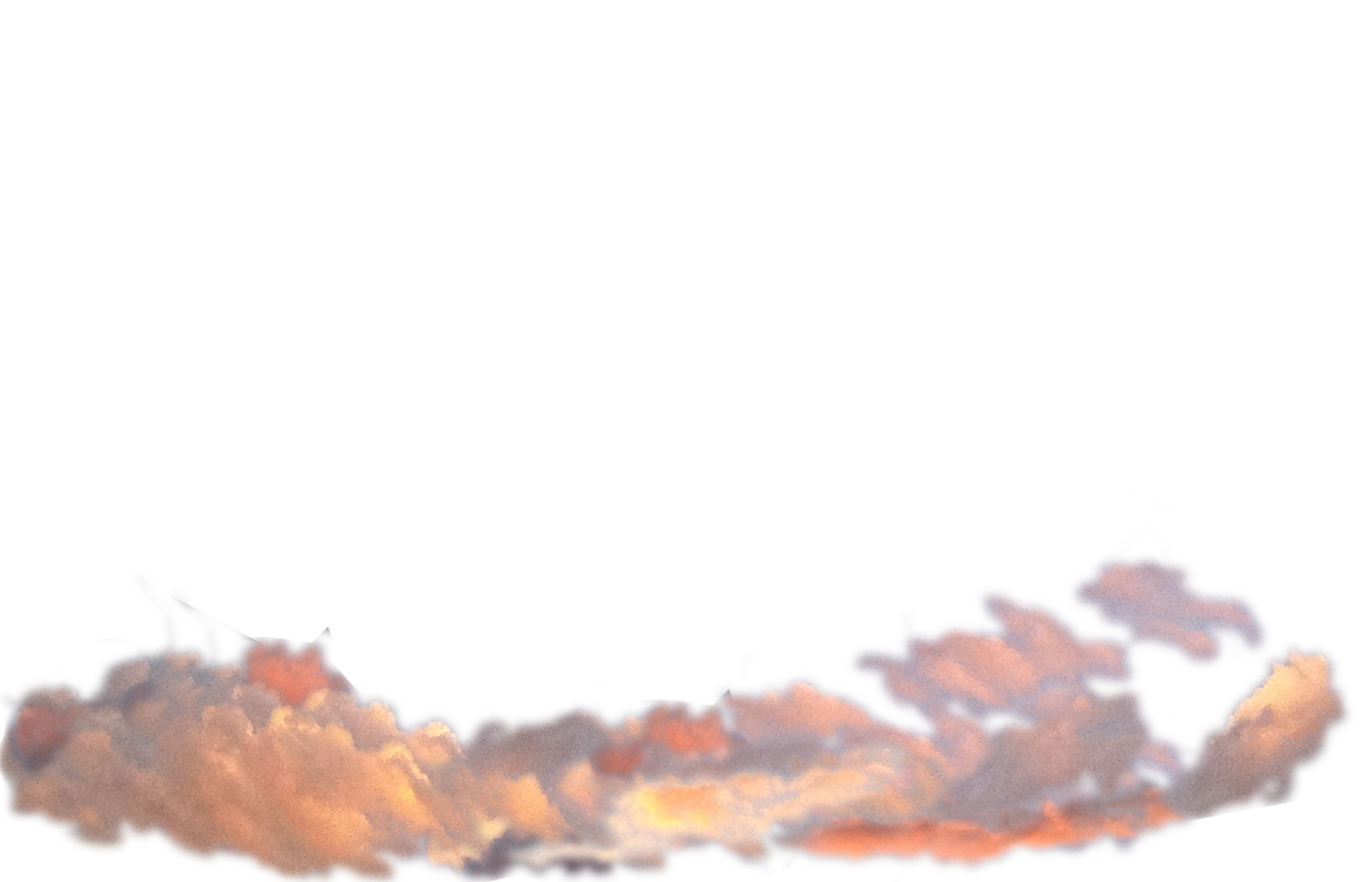
fgh
“Jai! That’s our alarm!”
“Our car?”
“A tow-truck! He’s towing our car!”
We run outside barefoot. Vic’s phone records video. Neighbors gawk.
I call out, “Hey! What’re y’all doing? We made the payments!”
“City sent me. Overdue parking tickets. Sorry.”
“We work downtown. What are we supposed to do, feed meters every two hours?”
I approach the tow-truck driver.
He asks, “Could you turn off the alarm?”
“Yeah, sure. Sorry.”
“Thanks. Just doing my job.”
“Why's it got to be so hard! I can't stop it! My key doesn’t work. Can you fix it? You need the keys?”
“No, keep ‘em. I'll fix it. That your house? What’s the For Rent sign? I’m looking for a place. You moving?”
Vic and I go back inside. We’d seen it coming. We knew we were invoking the situation without a certainty of how it would play.
I need a brainstorm. I spread out seven tarot cards. Playing pentatonic and modal melodies I imagine nothing in particular, except playing with Vic.
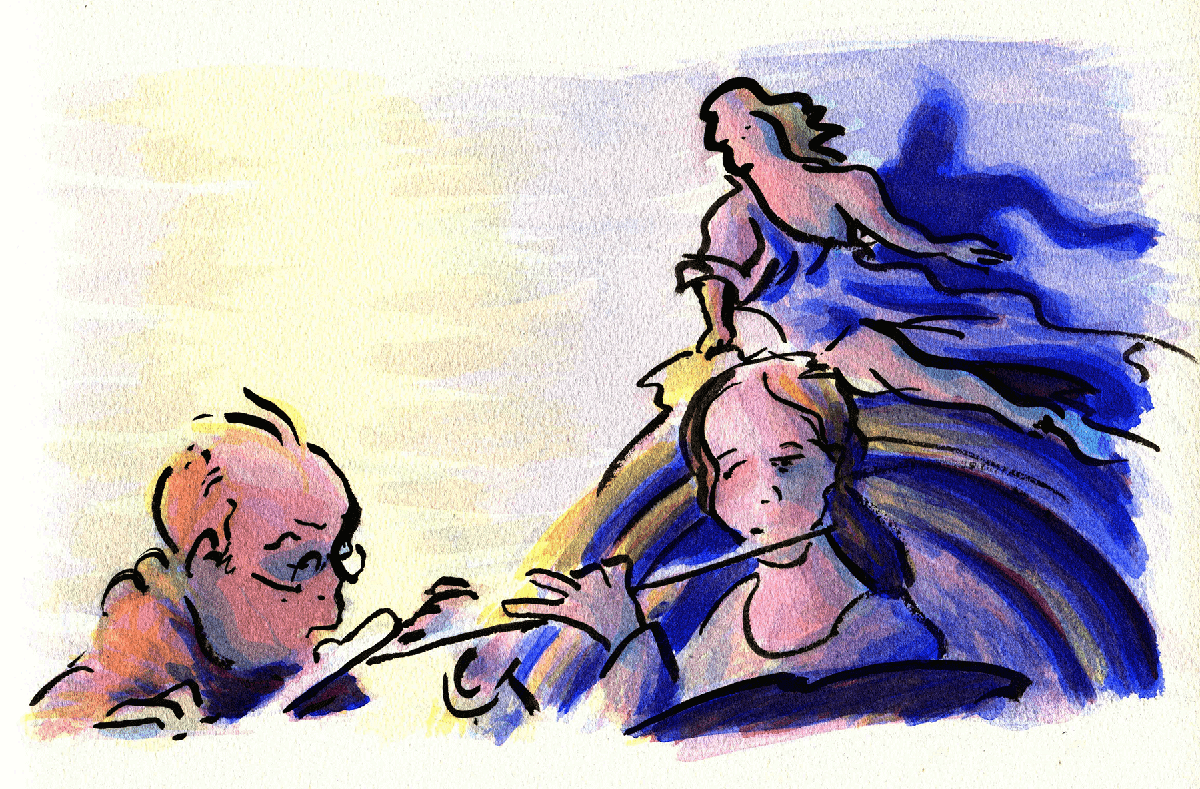
fgh
Today, years later, I still don’t play flute well. Other than history, tarot cards have no meaning. No magic. No life of their own.
Life furthers its senses, develops intelligence, and grows. Abject objects, possessing neither sense nor growth, are lifeless.
Antique tarot-cards, rich with history, are only cultural treasures. They represent the power of institutions possessing them. Are institutions living beings?
If we don’t know what to do, Cartesian tools exist for decision-making. René Descartes, during the 17th century, invented how to use X/Y graphs and developed new methods of reasoning. Descartes’ work is the basis for most of our industrial thought leadership today.
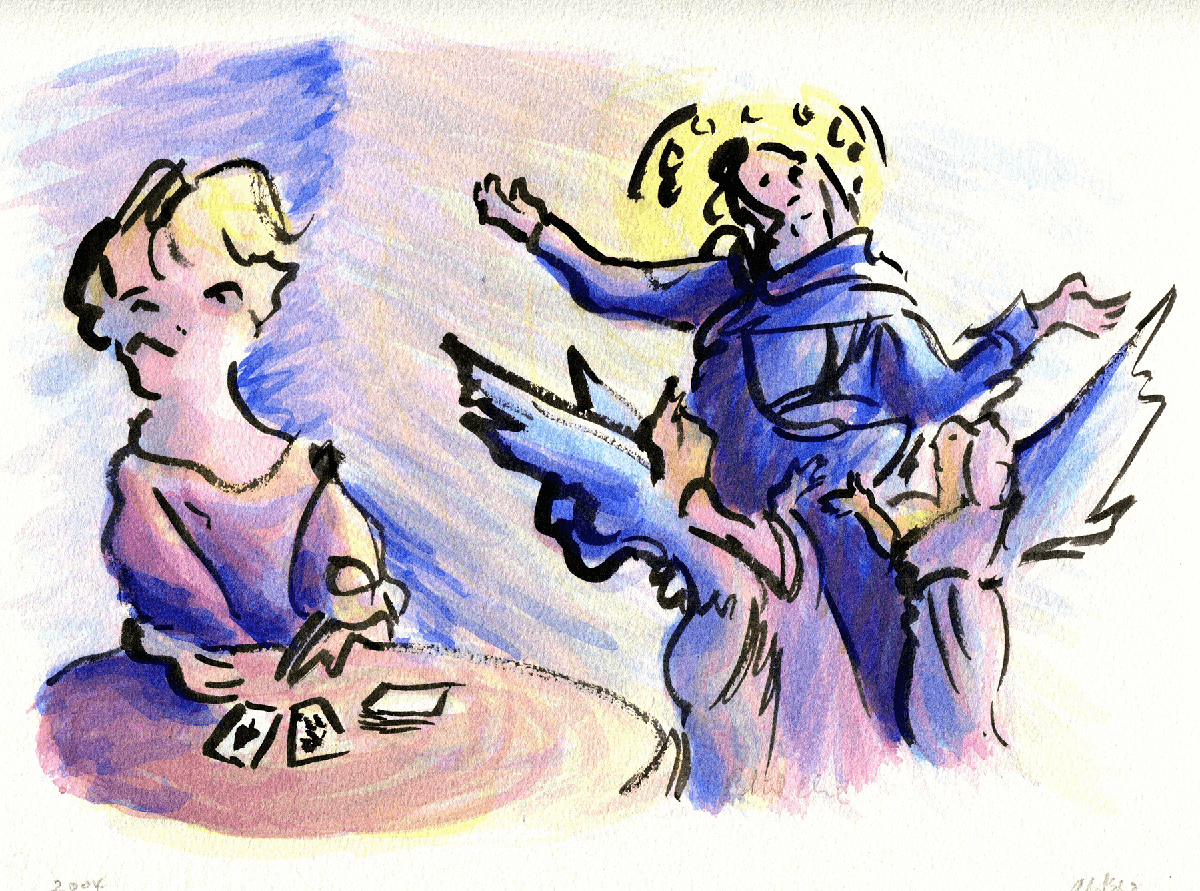
Industrial researchers, such as The Gartner Group, and Forresters deploy the Cartesian Legacy in the service of business enterprise transformation. The social benefit and cost of such work is incalculable.
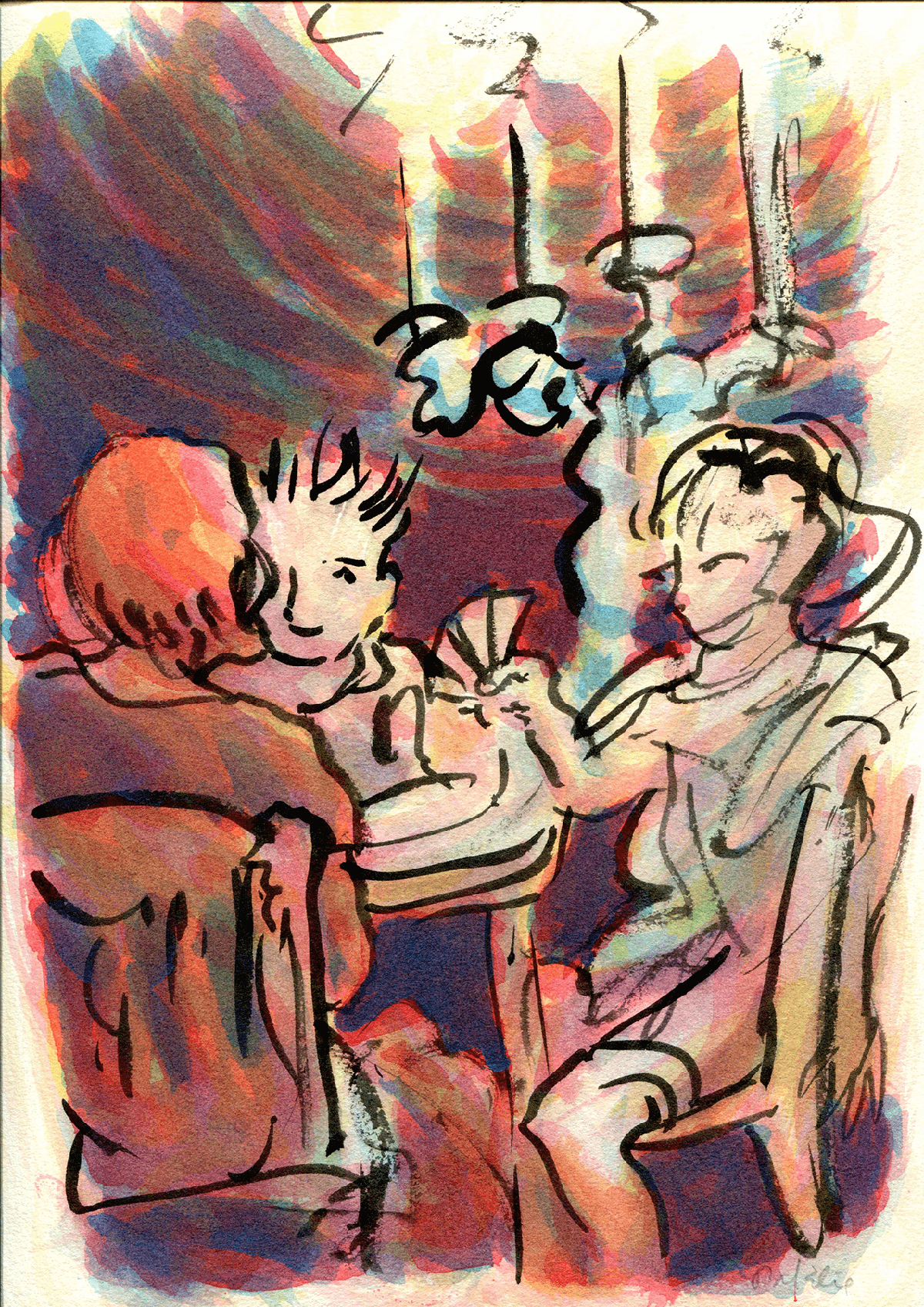
fgh
After we had returned inside, Vic phones our lawyer.
“Hi Demetri, it’s Vic.
That's right, they towed it.
$900?
OK. What do we do now?
Yes. All the neighbors stood, shocked, on their porches.
Yeah, the embarrassing alarm was blaring. The Porsche’s wild siren wouldn’t stop.
The video’s great. You’ll love it.
OK. Looking forward, see you then. Bye.”
fgh
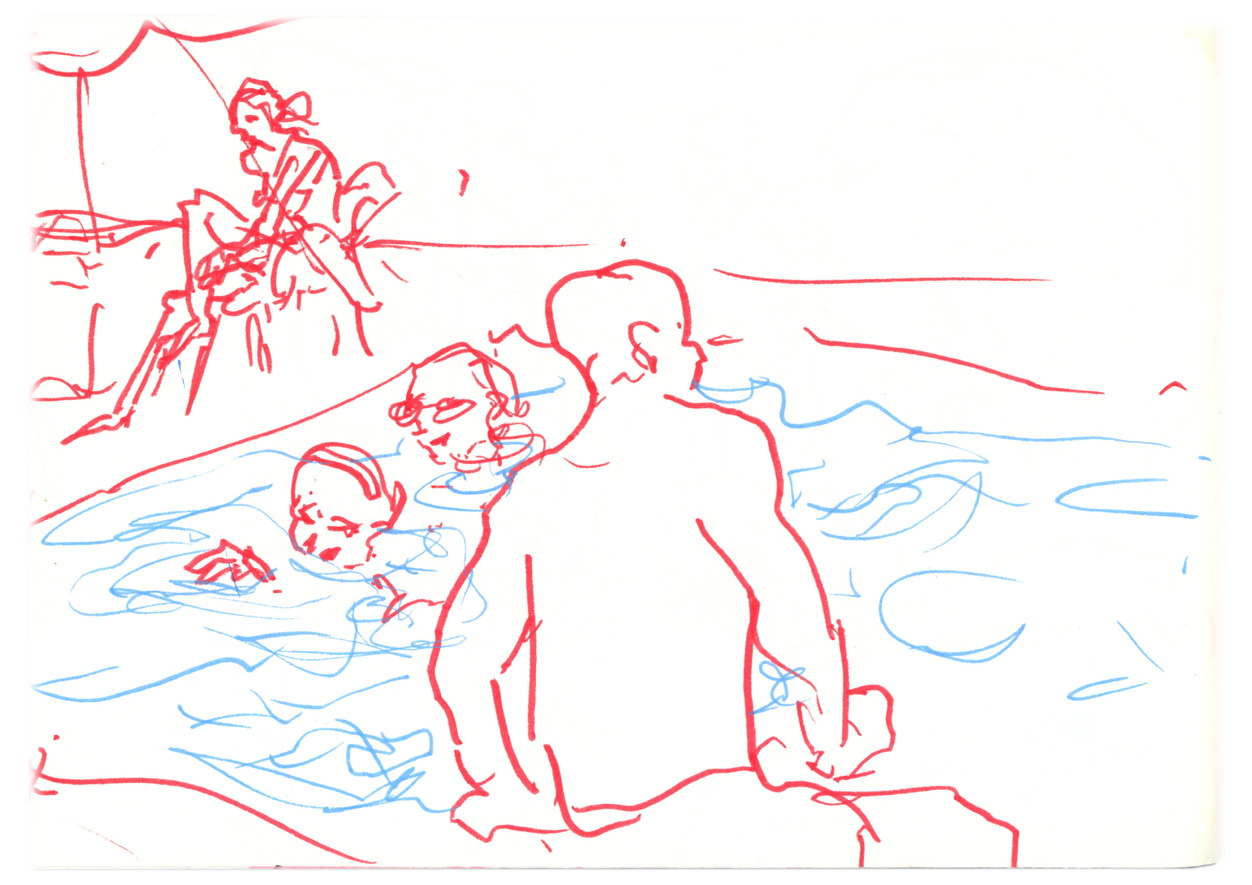
I’d like again to be among the effective and rarely angry. Swim in serenity. Only household peccadilloes: dirty dishes, tardiness, cheating contractors, co-workers and spouses ripple our imperturbable pool.
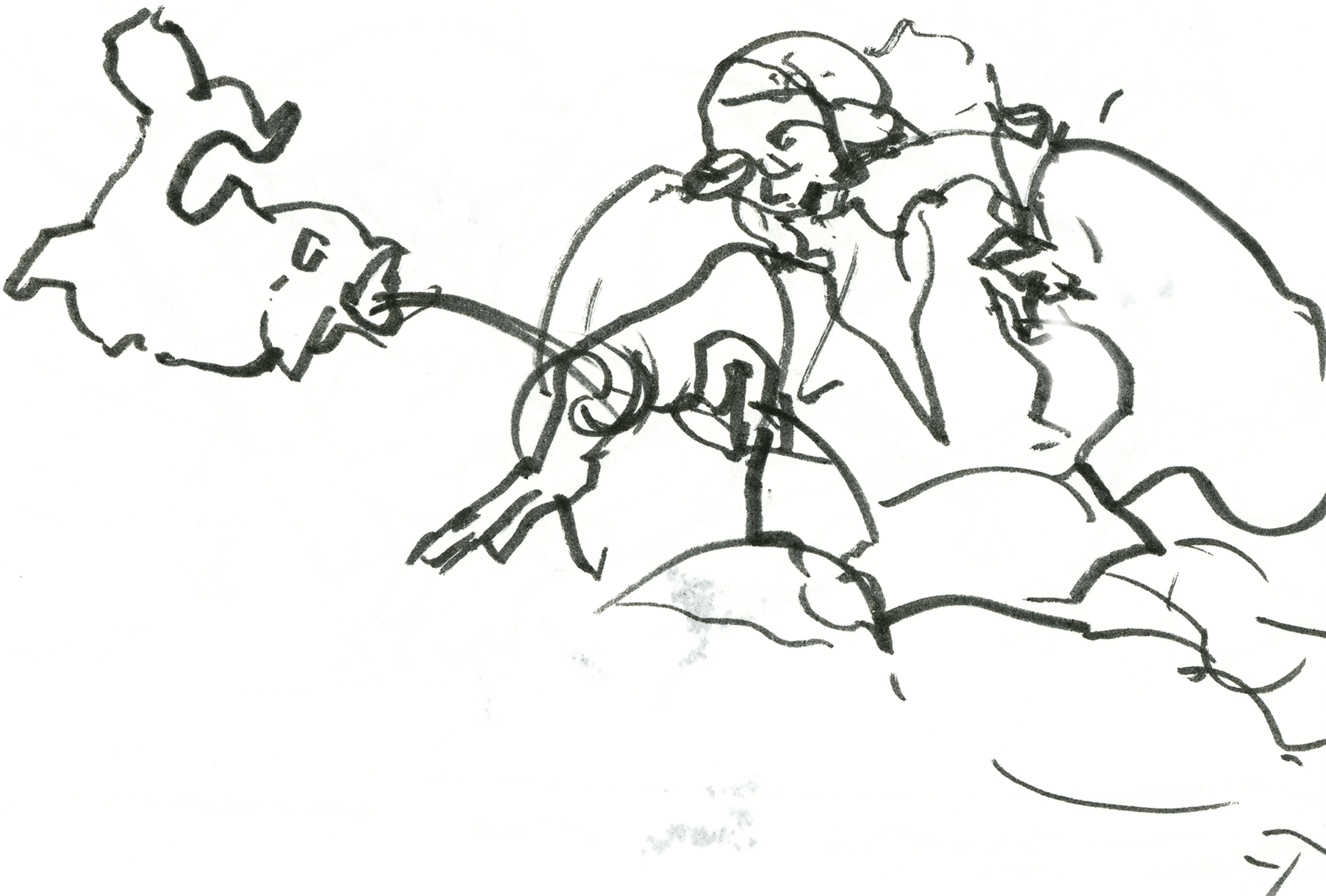
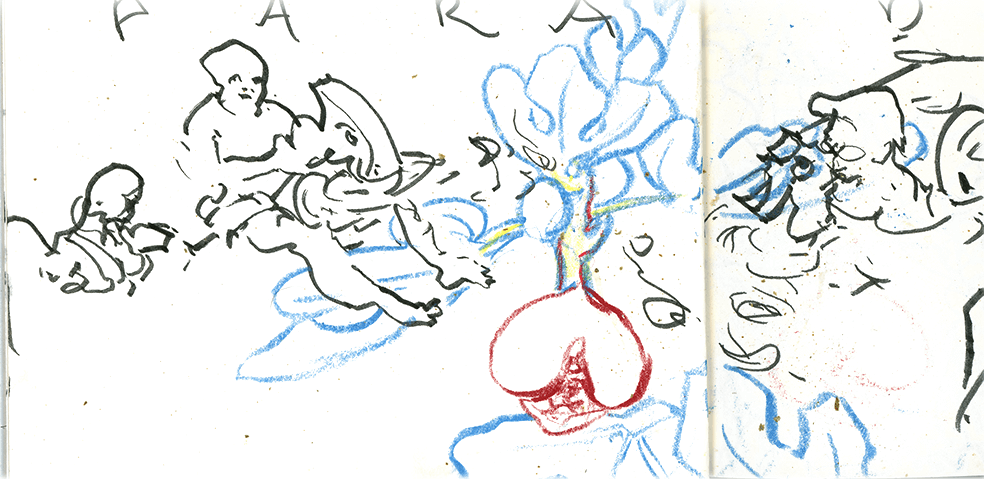
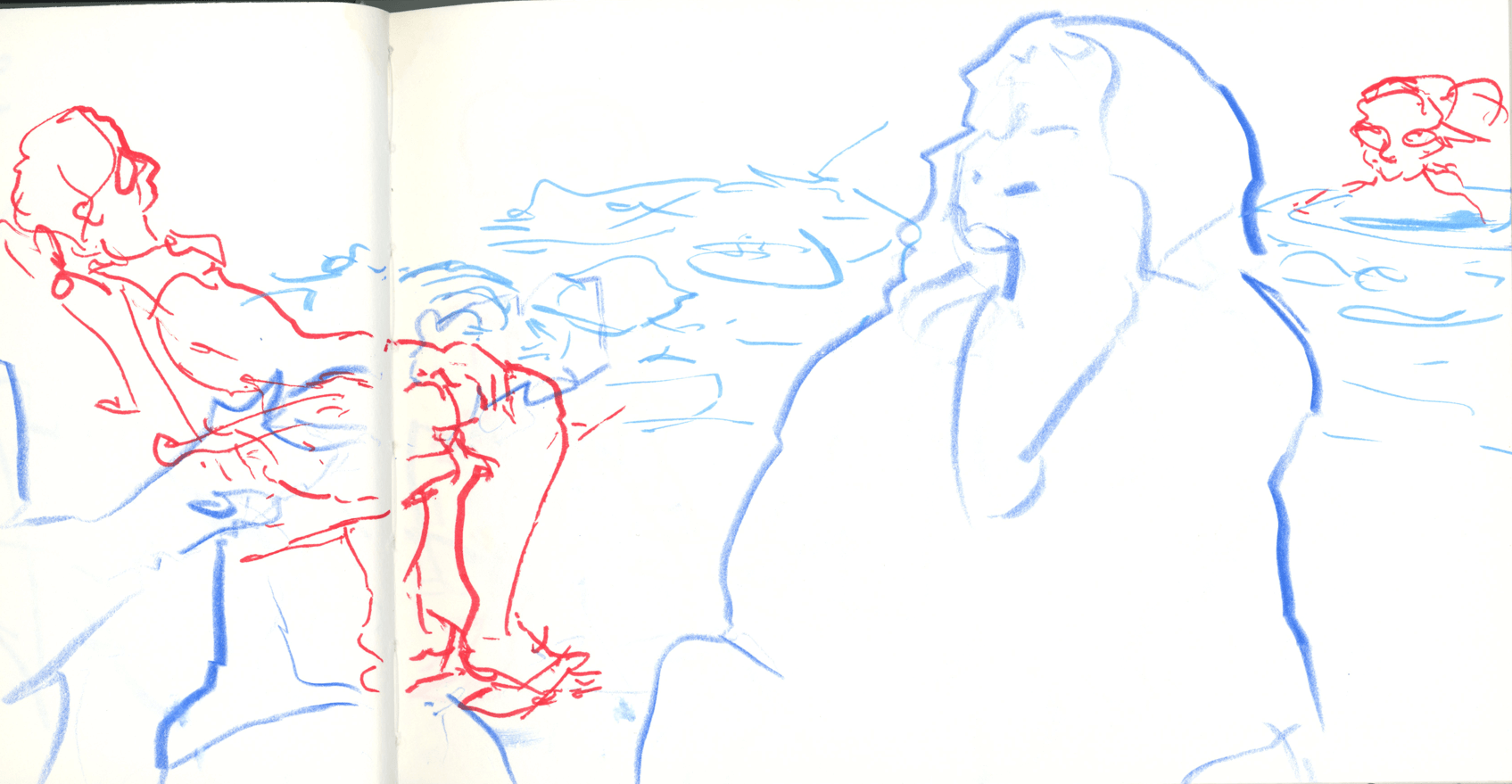
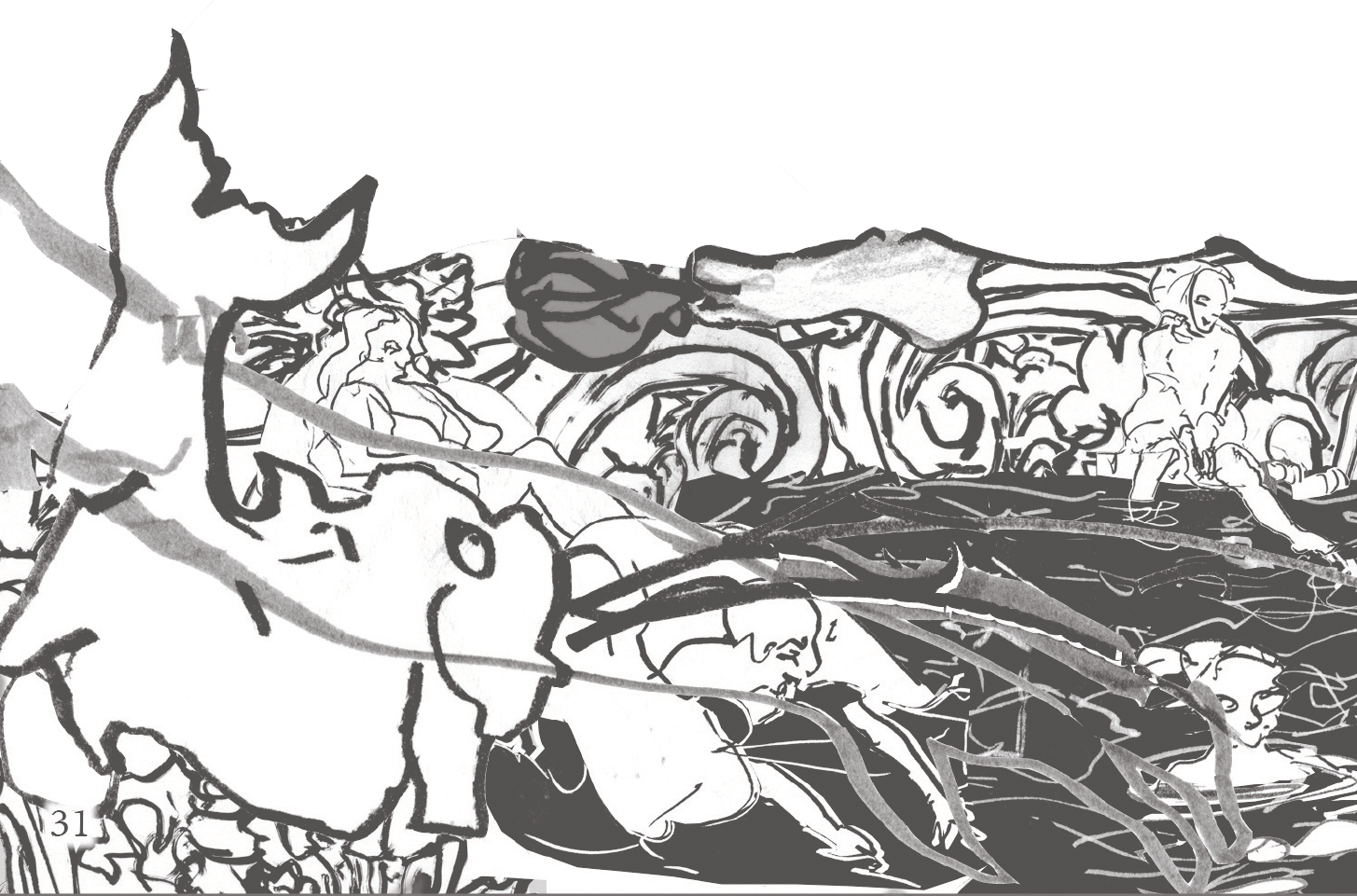
The gradual coming-to-boil bubble-bath of tiny systemic planetary pleasure domes of doom, since a half-century passes for chit-chat; along with dystopian Hollywood plots and stock market trends.
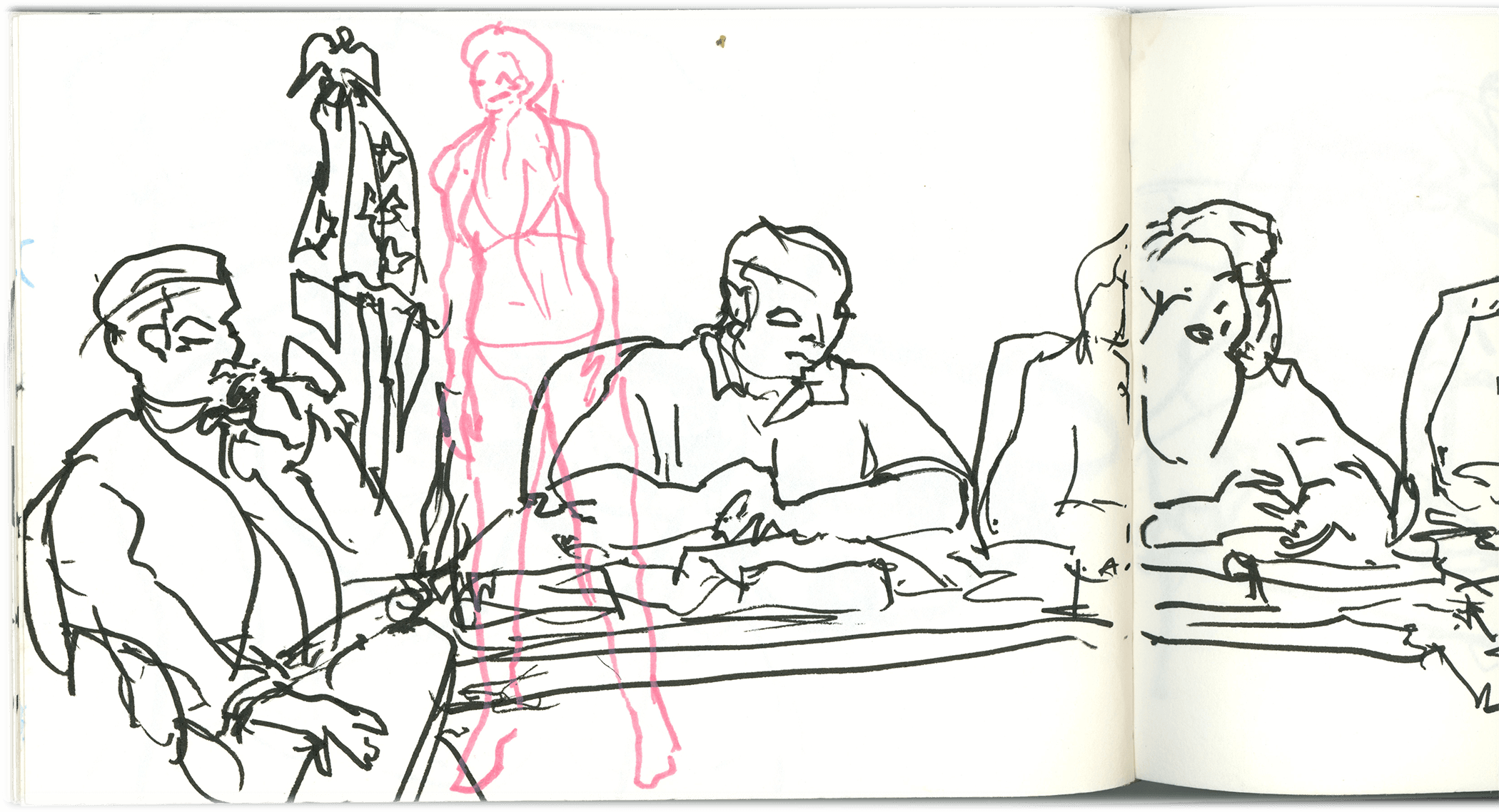
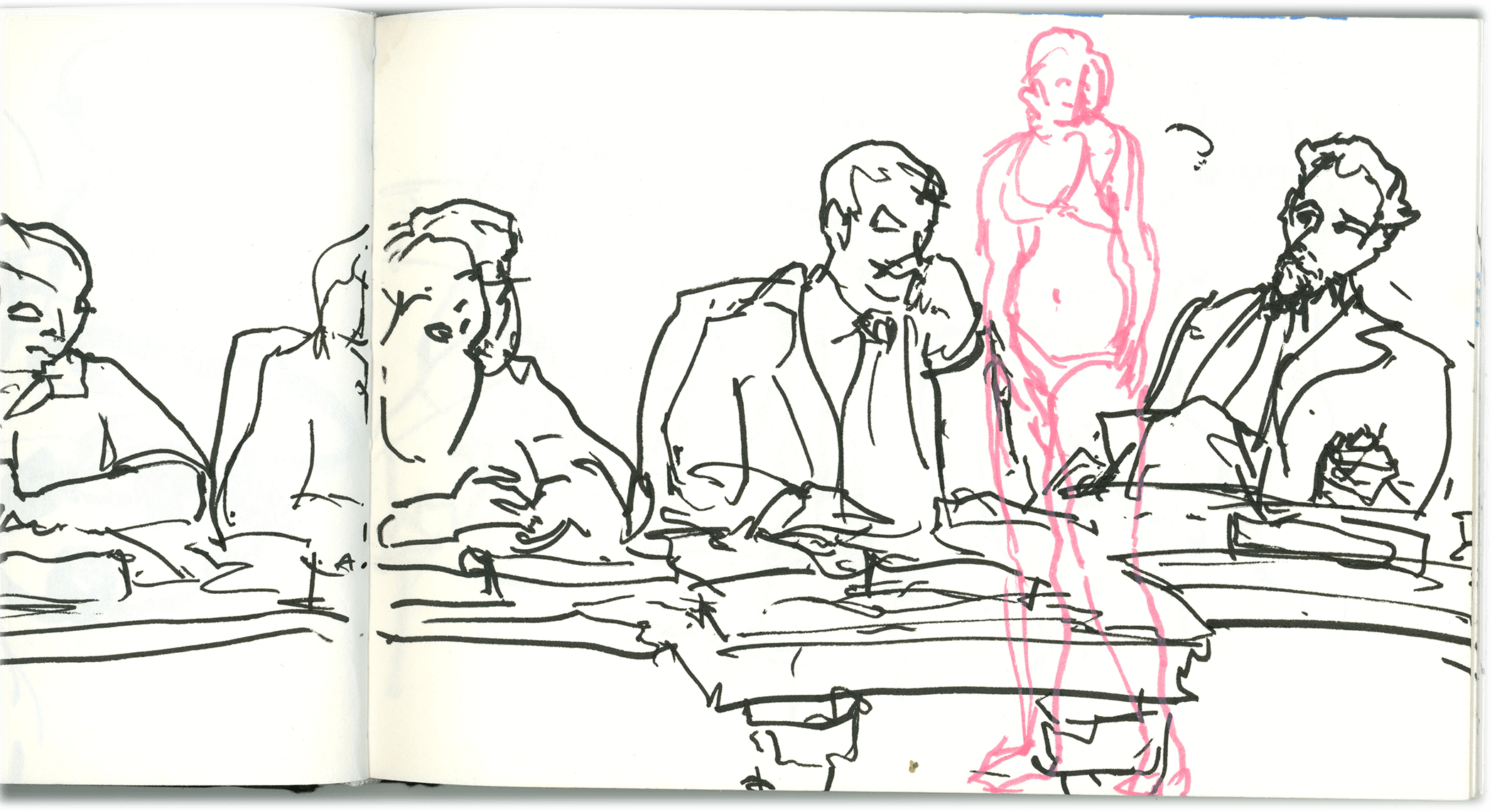
Rome burned, and the Reichstag too... Today’s discourse of escalating violence repeats
how we solved poverty.
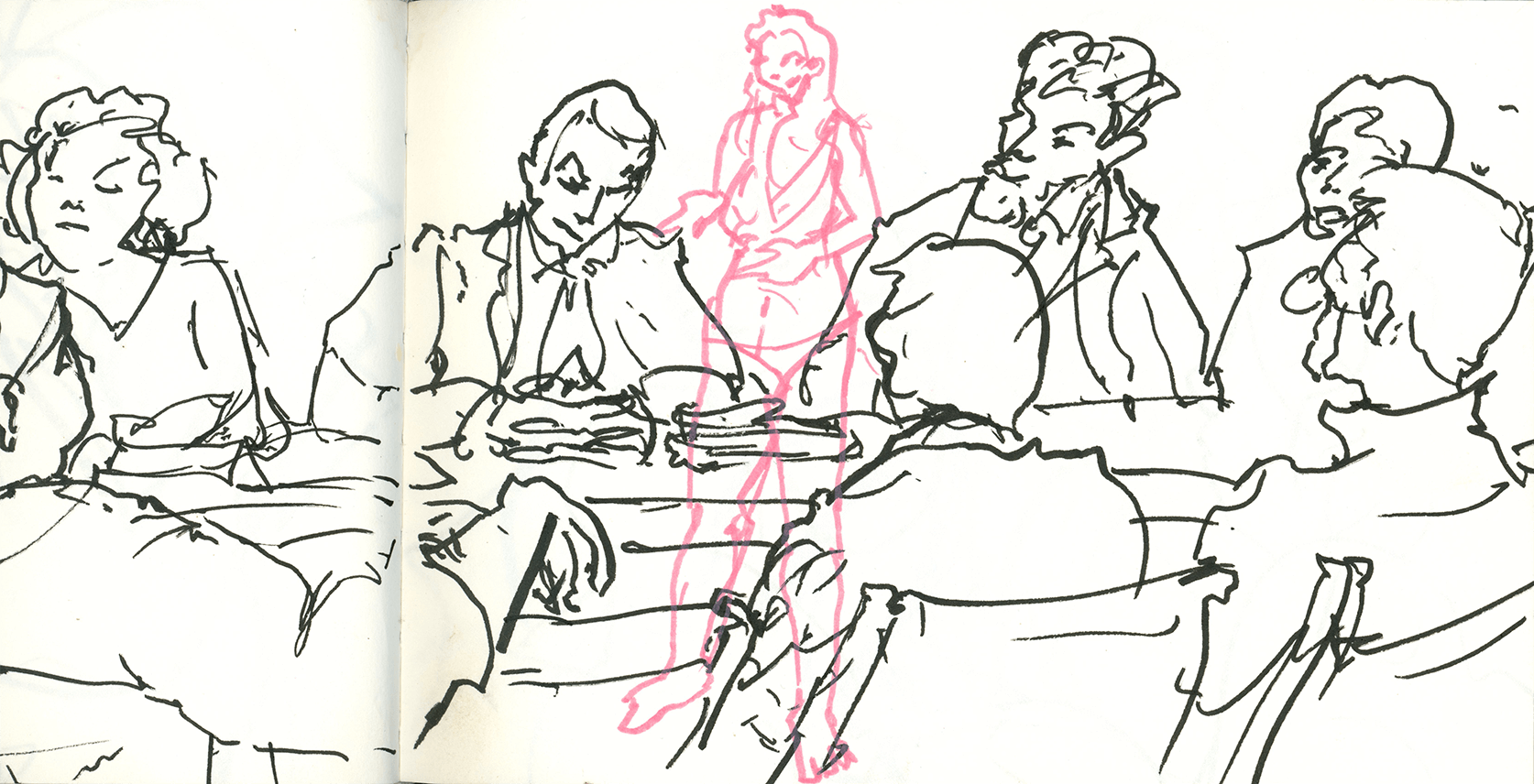
fgh
“Cheri,” Vic asks me. “Demetri wants the committee to meet next Thursday or Friday. What’s best for you?”
“Thursday. How many cars towed so far?”
“Twenty. Five towed from the block in front of the mayor’s house. A dozen big scenes from near homes of city council, but we've got a week to go!”
fgh
We may use oracles truthfully, as creative agents.
Deceiving ourselves with oracular wisdom puts us at war with ourselves, spawning insanity.
Dr. André Breton, a French psychologist during WWI, studied madness and truth. Breton created methods for generating oracular wisdom at flea-markets.
Breton's1924 Manifesto of Surrealism rallied an international social movement.
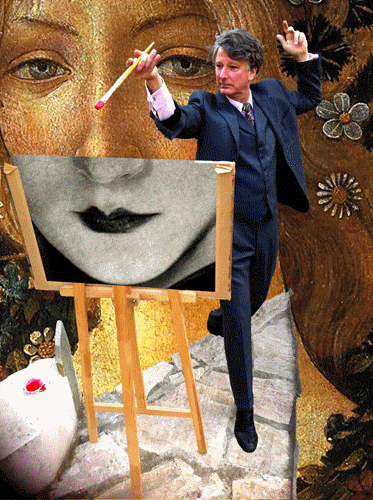
The French word surreal means, literally, the English word super-real. Both Super and Sur share the same Latin root, meaning above and remaining after the ordinary. The Latin comes from the Sanskrit word upari उपरि meaning either above, upon, or traveler, lodger, or afterwards, onward, furthering.
Breton demands Art professionals make themselves responsible for leading social thought.
A novelist himself, Breton's favorite prose is Sylvie, the 1853 romance by Gérard de Nerval.
In Nerval’s translation of Goethe’s Faust, Nerval describes the human impulse to interpret meaningful information from unrelated data. Witches bear responsibility for such non-sense. Recognized as a human tendency, imagining meaning from random visual stimuli is termed pareidolia.
Leonardo de Vinci describes pareidolia as seeing faces and figures in clouds or landscapes in veins of marble.
Paleolithic art creates images of animals from shapes found on cavern surfaces.
Pareidolia is a human physiological phenomenon. Our brains perceive pareidolia as an innate visual function.
Random meaning perceived by other senses, or from situations and data is termed apophenia.
Sensing hunches, imagining relationships, apophenia and pareidolia are instinctive behaviors. Mental health experts assert pareidolia is a sign of good mental health.
Artificial intelligence developers research pareidolia and apophenia.
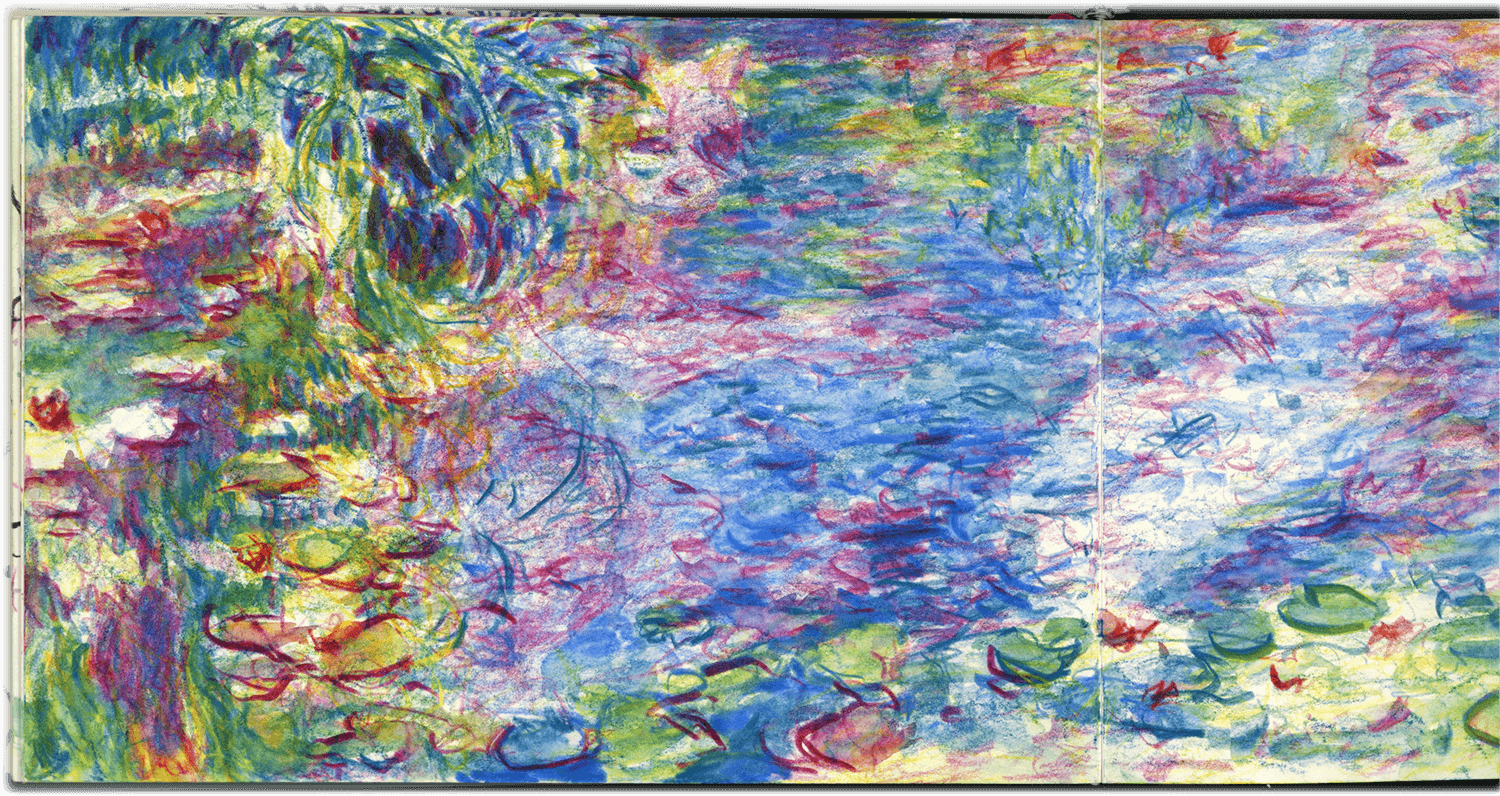
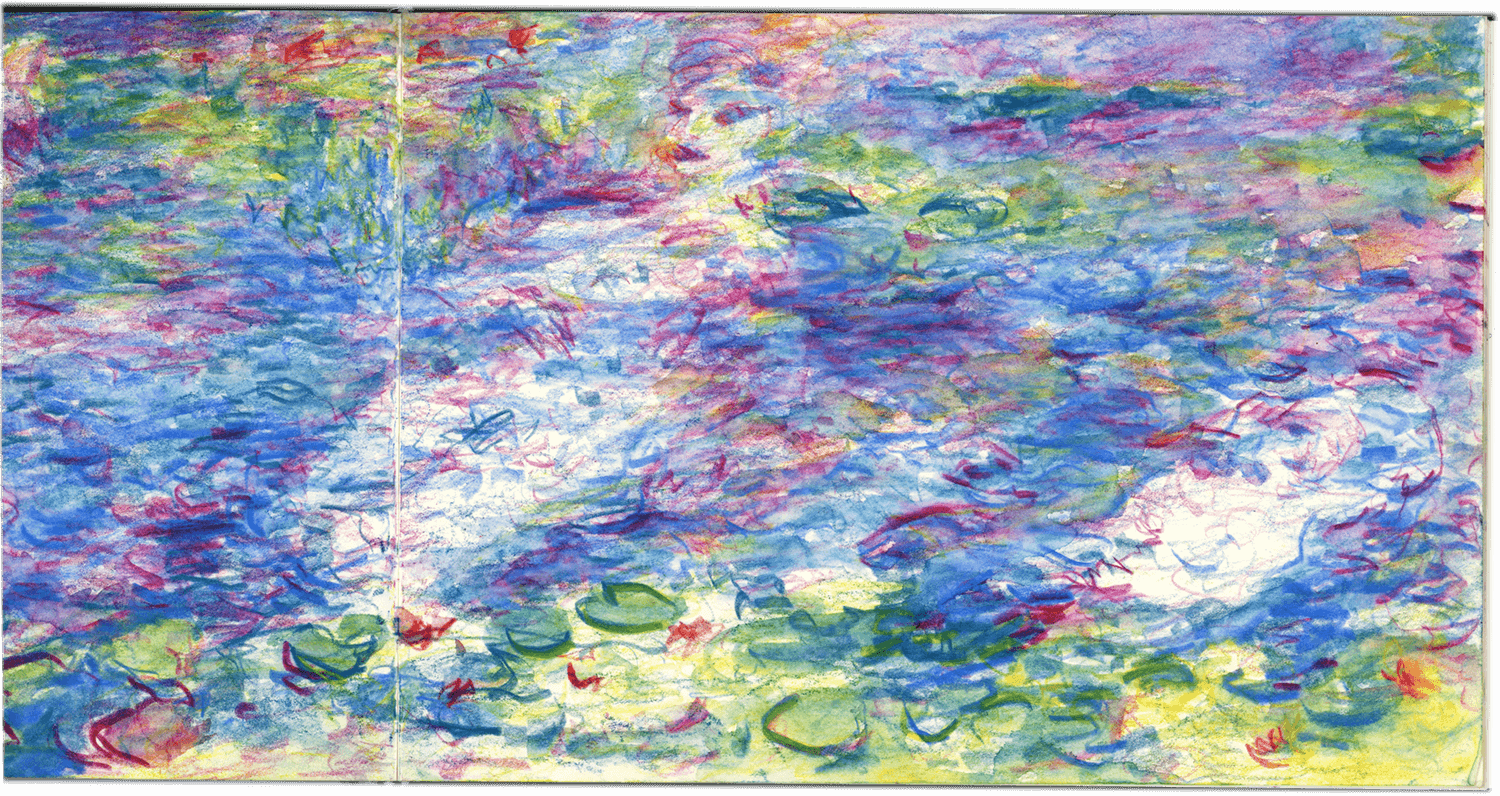
fgh
Our numerous group convenes late Saturday afternoon for pizza at Demetri’s shady pool. Lots of children swim with a few adults.
“Darling,” Vic asks. “Would you make me a drink?”
Demetri tugs at my arm. “Come on. Let’s see what this bartender knows.”
Our host sows encouragement as we wend ourselves, from poolside to terrace, through conversations of almost identical call and response.
“Hi Demetri, great party! What do you say?”
Demetri responds, “We say, the next six months of city council meetings have one agenda item...
public transit and free parking!”
Cheers and splashing all around.
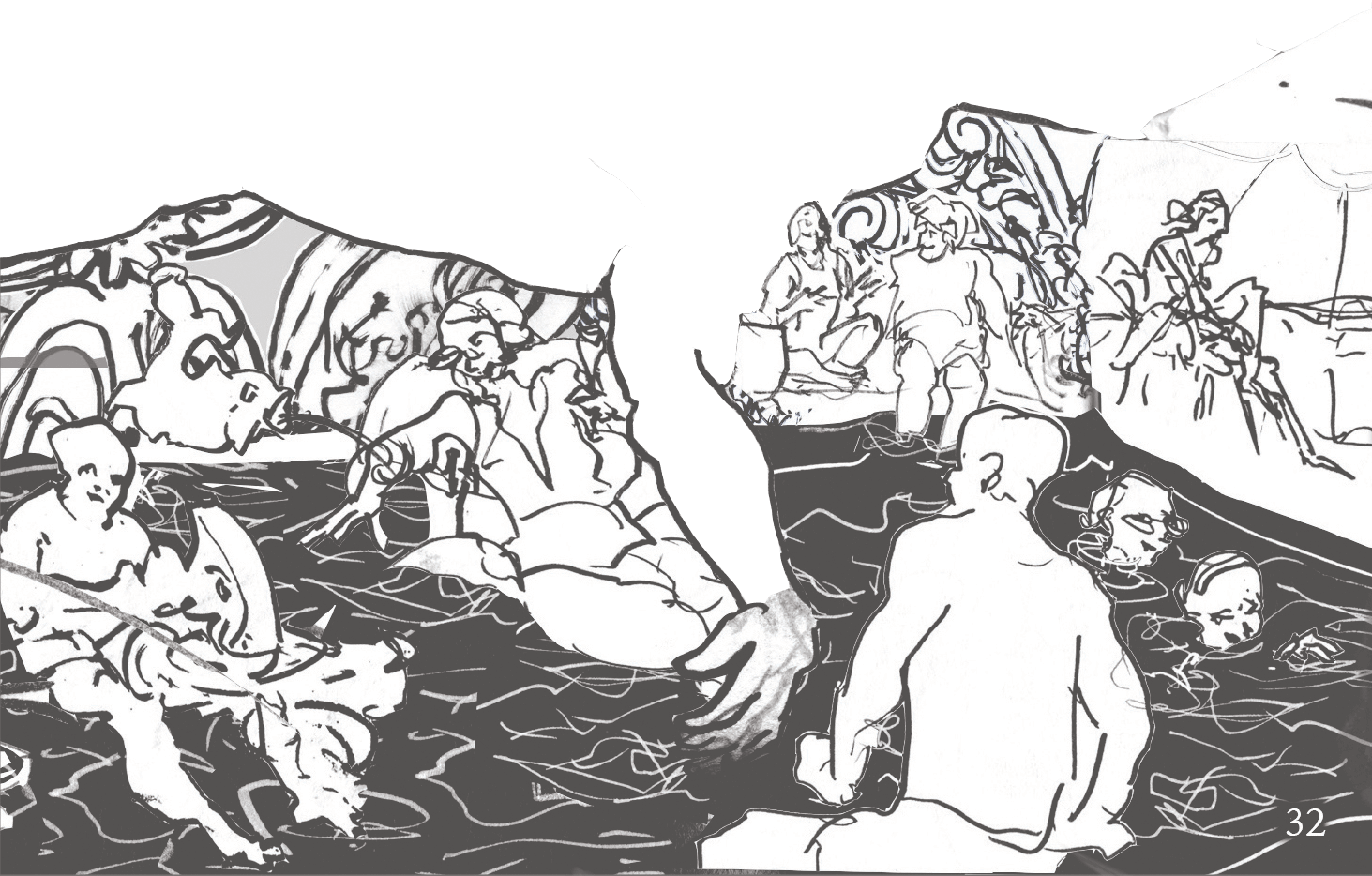
fgh
Last night, Vic read to me from The Turn of the Screw by Henry James. The author's flourishing language grows my imagination. In the mind’s eye, I see clear, cinematic scenes. Situations of my own life overlay Henry’s narrative. I interpret motives and back-stories, which Henry hasn’t suggested, can't suggest.
I imagine Mary Shelley’s Monster interloping, encouraging mayhem.
Despite the aristocrat Frankenstein's best intentions, he creates a monstrous superhuman. Made from many individual bodies, but belonging with no one, the monster destroys its creator and all he loves.
Parabolically, Shelly asks, “What were the root causes of the past 25 years of warfare?”
People's shared interest creates states, corporations and other associations. People imagine organizational constructs as giant people, Leviathans.
To this concrete reality of human organization, legal institutions ascribe status. Leviathans possess individual rights.
European law recognizes two kinds of people subject to legal protections and responsibilities: Physical People and Moral People.
A Physical Person is a human being. A Moral Person has no human body.
We create things, which we recognize as people. We create things that have, as a person does, agency in our world.
These artificial people may be visible, such as a robot. They may be invisible, such as an institution.
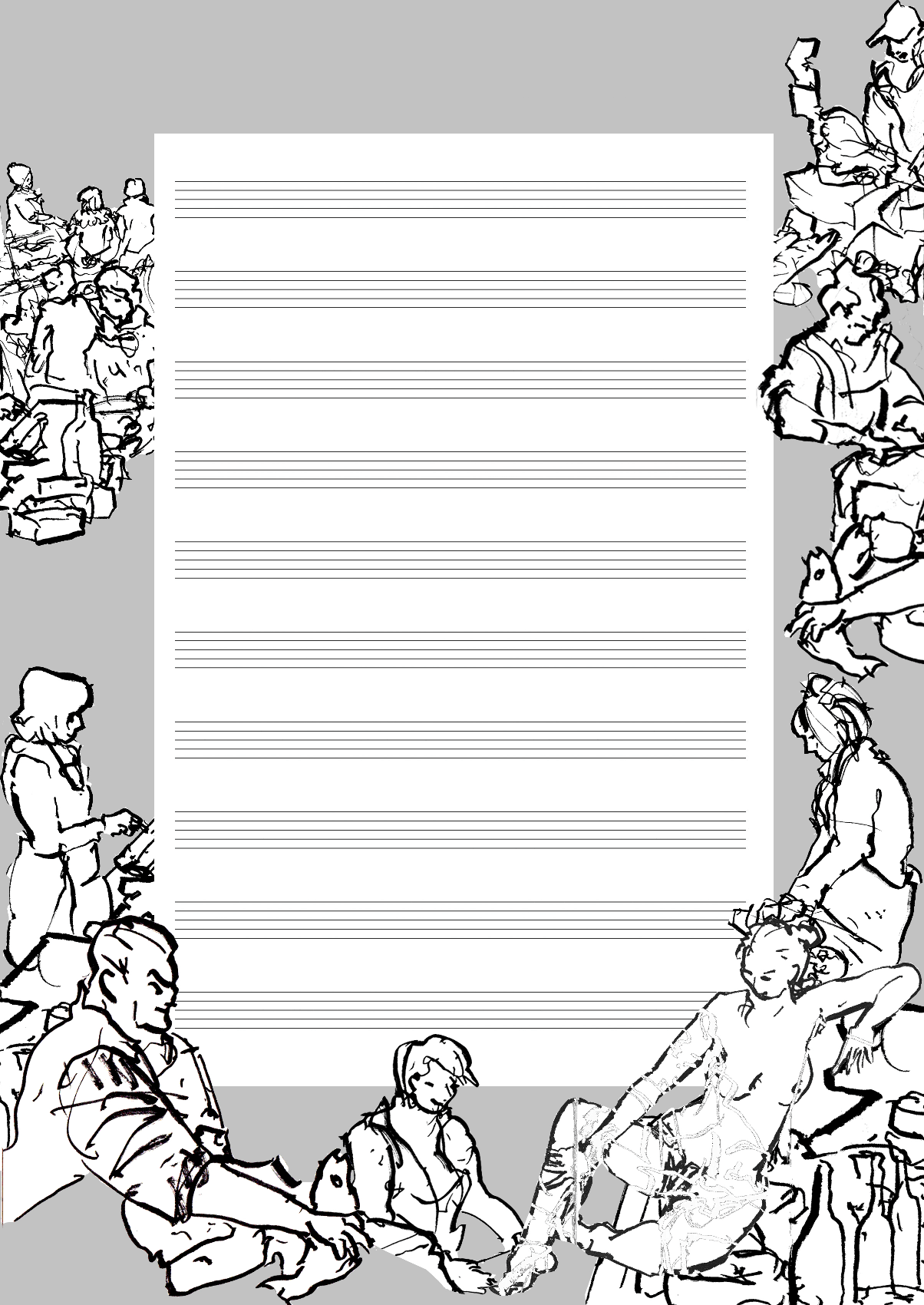
fgh
You possess the body of work.
Your thought creates the body’s spirit.
- Jai Voulu, Druid Heights, California, May 2021
I.
Spiritual Possession of The Body
Seven Dialogues for Two People
``
The Question to which we submit is more than a matter of black and white ore, shades of gray. Dig it.
Nos situations dont nous creusions-nous
sont plus vivantes que les soucis des ombres.
Parfois ils possedent un corps mais toujours
ils soient heureuse, soient en peine.
Est-ce que vous sentez-vous bien dans votre peau?
t
The obvious ways spirits cross into us are too banal to develop (sex, euphorics, strong sensory stimulation, etc.).
Following are seven terrible parables. Each pictures a subtle way, by which a Spirit might cross into a Body.
1.) Parent asked,
“What do you want to be when you’re grown-up?”
“An impala!”
“Like Grandma’s Chevy?”
“Not a car, an African antelope.”
“You can’t be an animal.”
“What can I be?”
“Work hard, be a rich old man.”
“Grow a long white beard? Be Santa Claus?”
“Santa’s not real. What do you really want?”
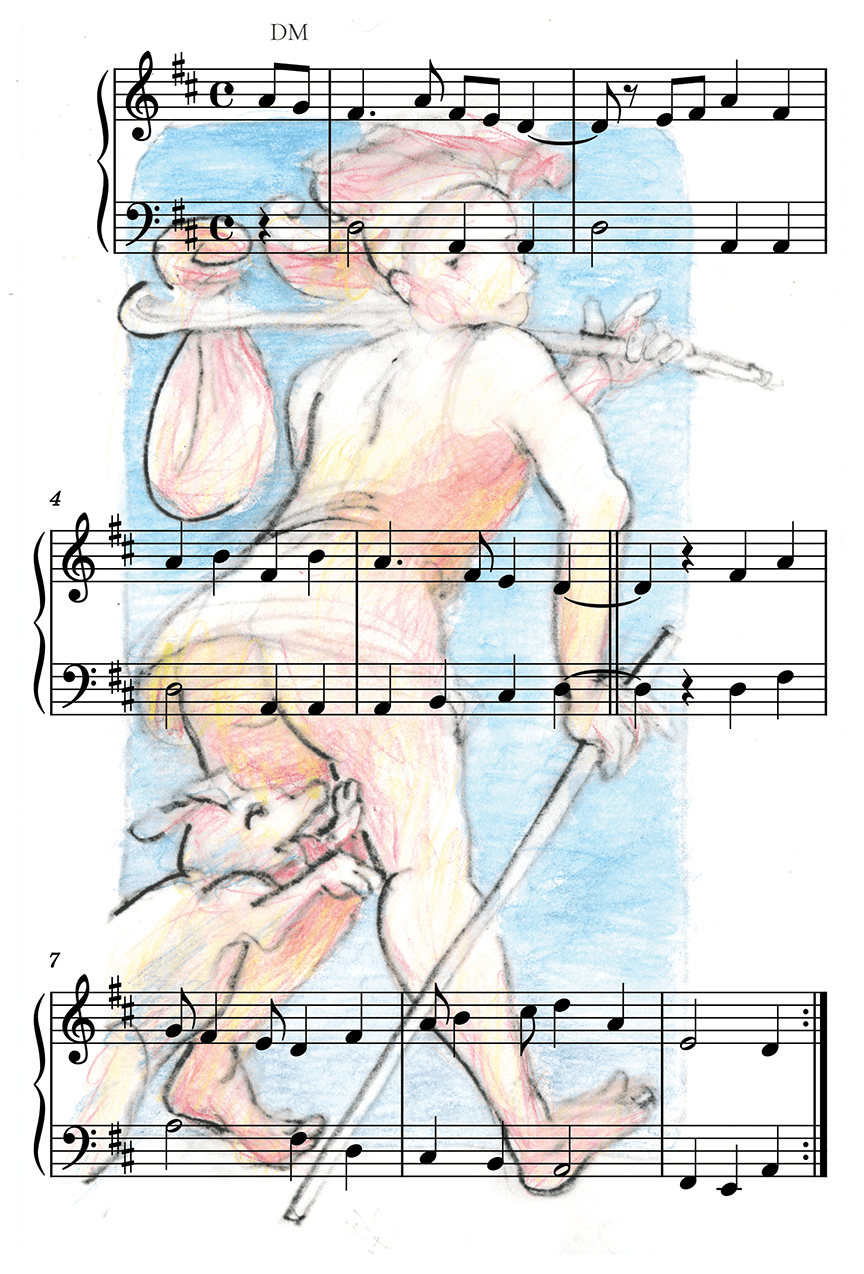
2.) Child asked,
“Do Mom and you trick us to be good? Is Santa real? Kids say it’s a lie.”
“We tell the truth. Santa’s real. He doesn’t have a body. He uses ours.”
“What about the Easter Bunny?”
“Her too.”
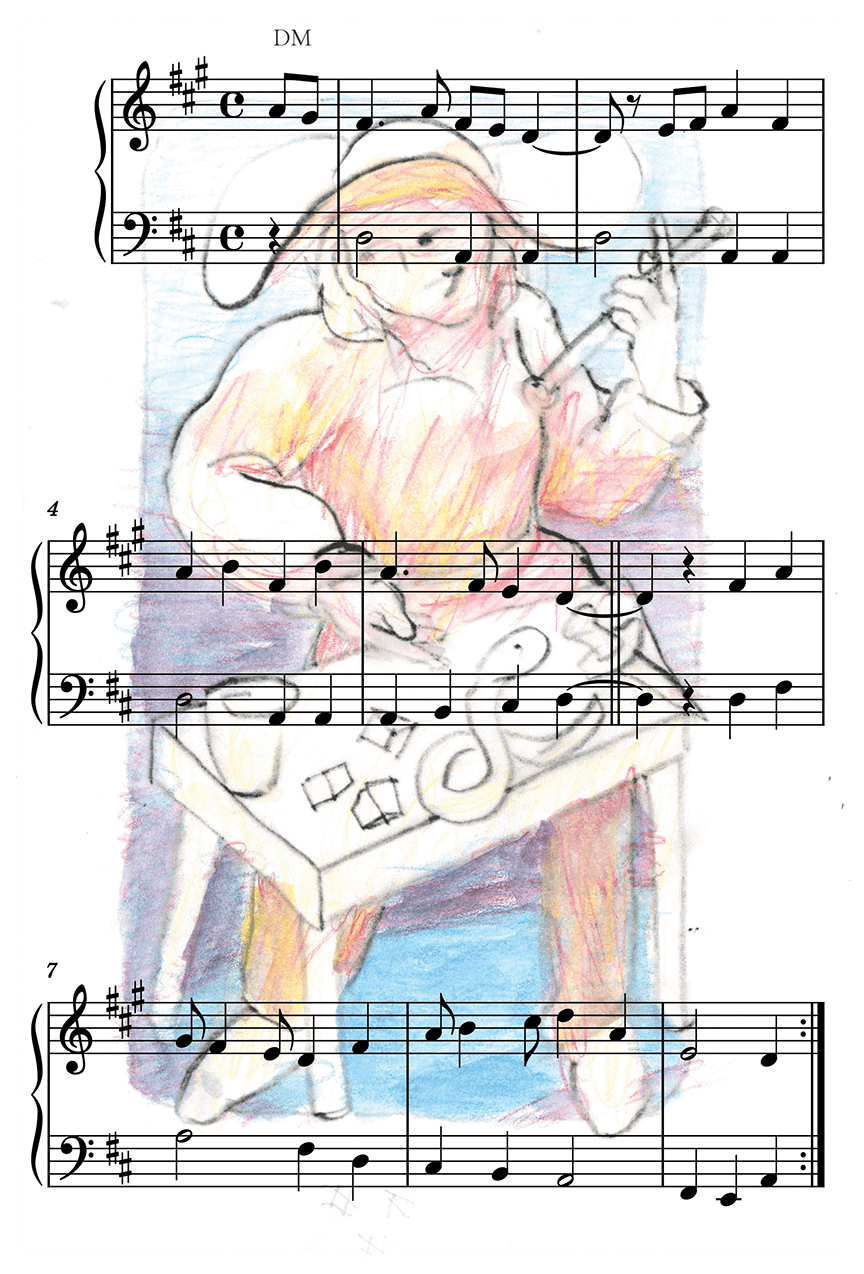
3.) Trades person asked,
“Can you come back next Tuesday?”
“It’s a little job. You’ve been at it six months.”
“Four months.”
“It’s June. You took the job in January.”
“You said, no rush.”
“Every month I ask. You say come back next Tuesday.”
“I say that to customers like you. How else profit? My best customers want it fast. Nobody cares what you think.”
“You should!!! I’ll...!!! I know a lawyer... ”
“Lawyers don’t know people like you.”
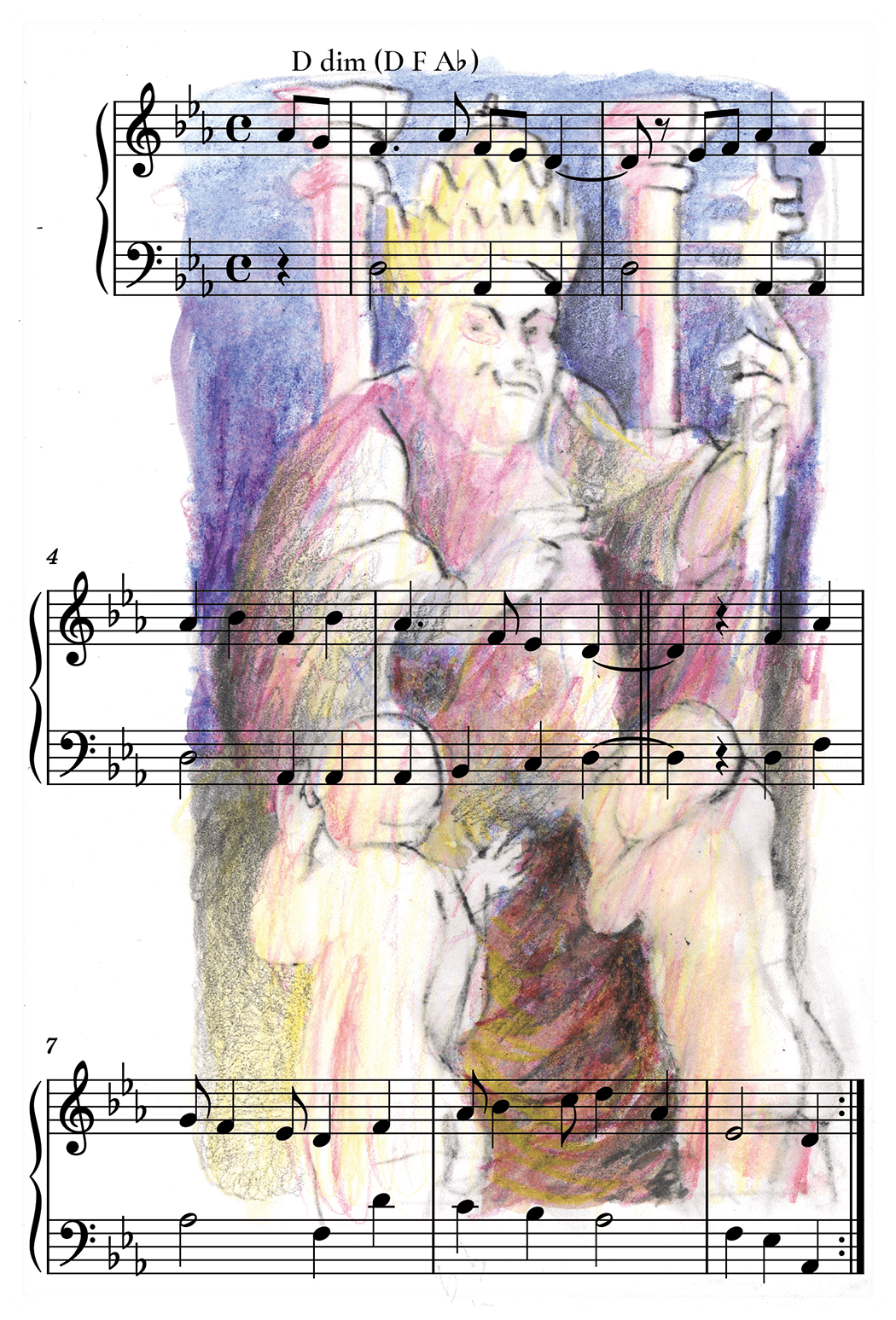
4.) Spouse asked,
“How else explain exorbitant spending?”
“Possessed by Xmas Spirits?”
“What will solve our recurring $500 budget shortfall?”
“You go to work full time. I’ll work part time, and do housework.”
“Go to our bedroom. Look in the closet. What do you have hanging?”
“My only suit.”
“Put it on. Get a real job. You don’t know how to keep house.”
“I could learn.”
“Kid-stuff, you’re a man now. Do your job.”
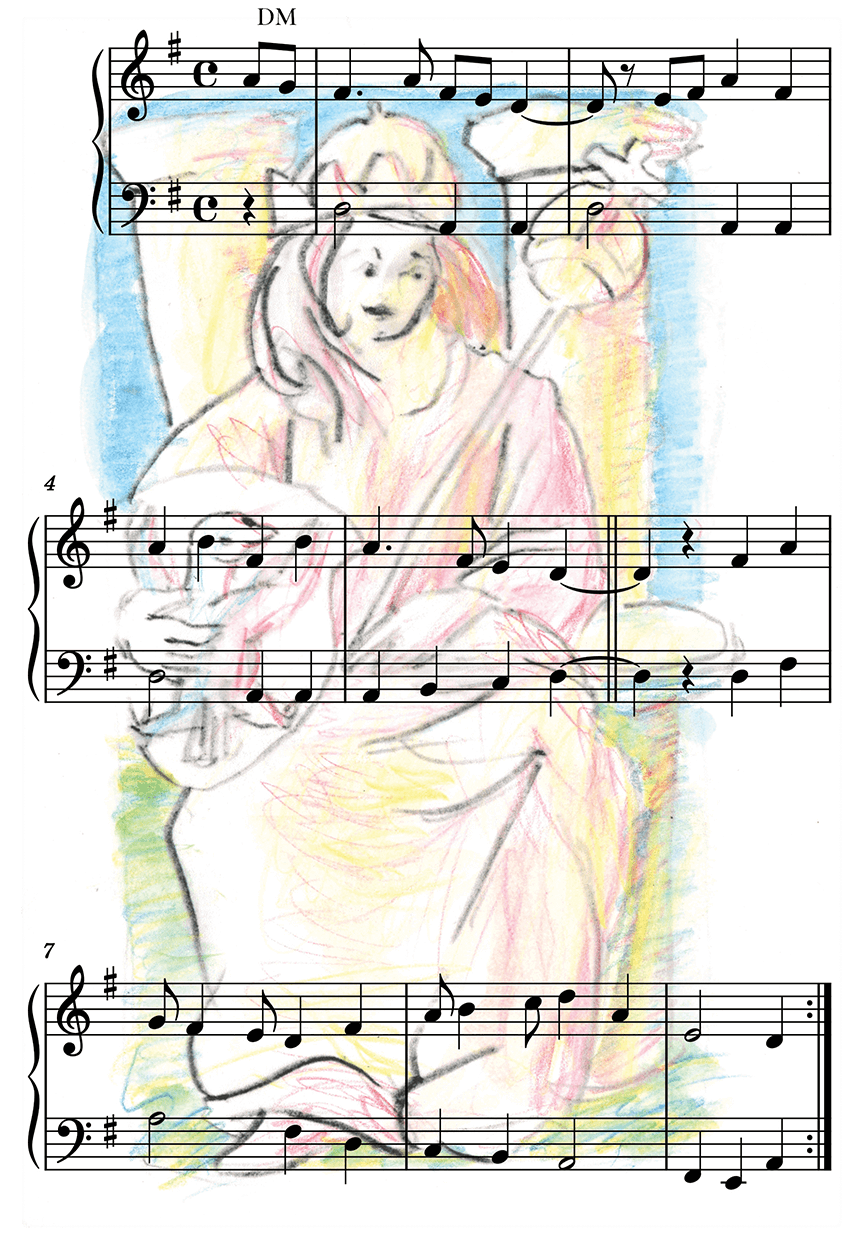
6.) Friend asked,
“Would you illustrate this French poem we love?”
“I know of Paul Claudel, but nothing of his work.”
“I know nothing about him except this poem.”
I recount to my friend that Paul’s sister Cammie, and her boyfriend Auggy loved in my old neighborhood.
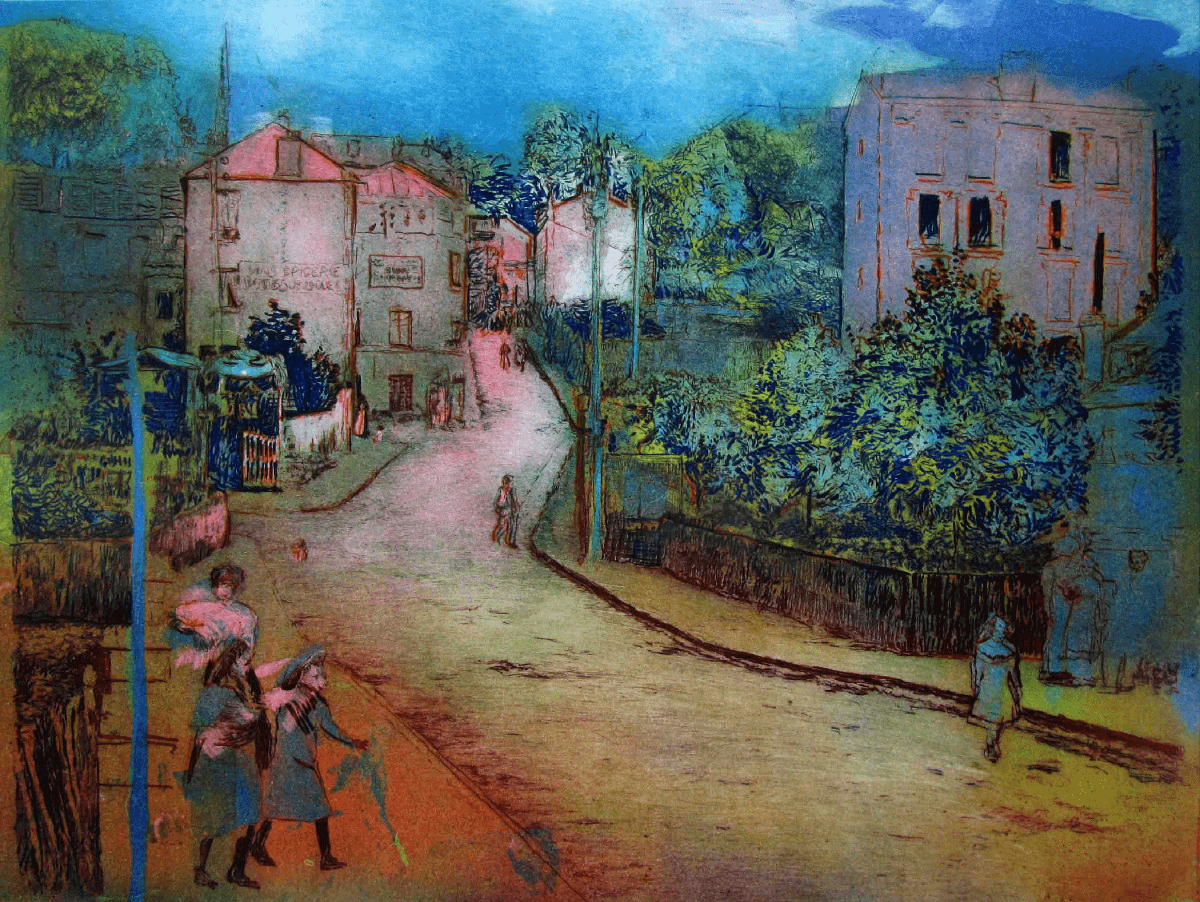
They’re both sculptors. Auggy builds his studio high on the nearby chalk plateau, The Brilliants.
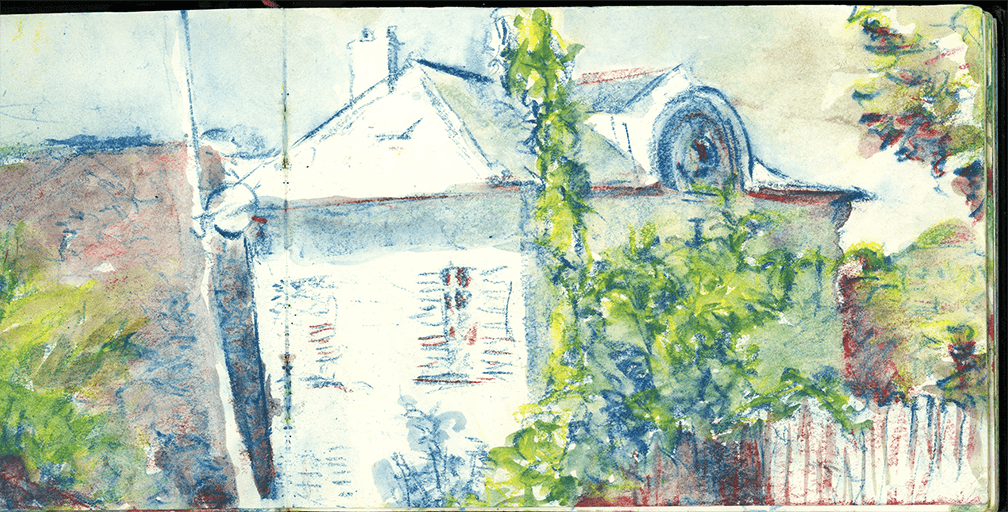
The lovers’ four hands model tons of plaster and clay.
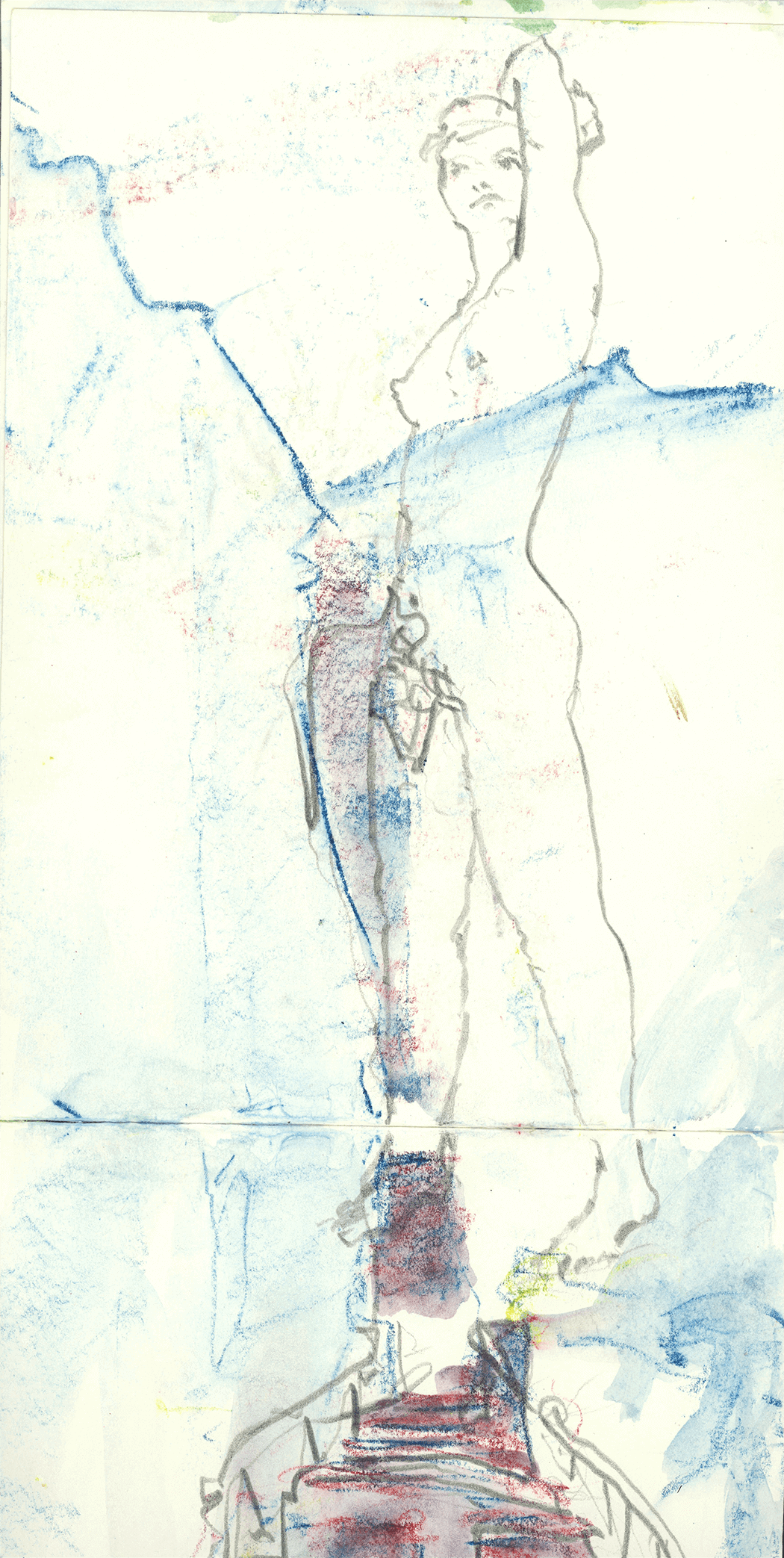
Paul, always an artist, he’s a powerful statesman, responsible for hiding wartime money. Cammie’s inconvenient.
She’s no longer convenient to Auggy either.
At last, he’s Big Man at The State Academies. Auggy awards prizes and commissions. Cammie’s too loud, venally unofficial.
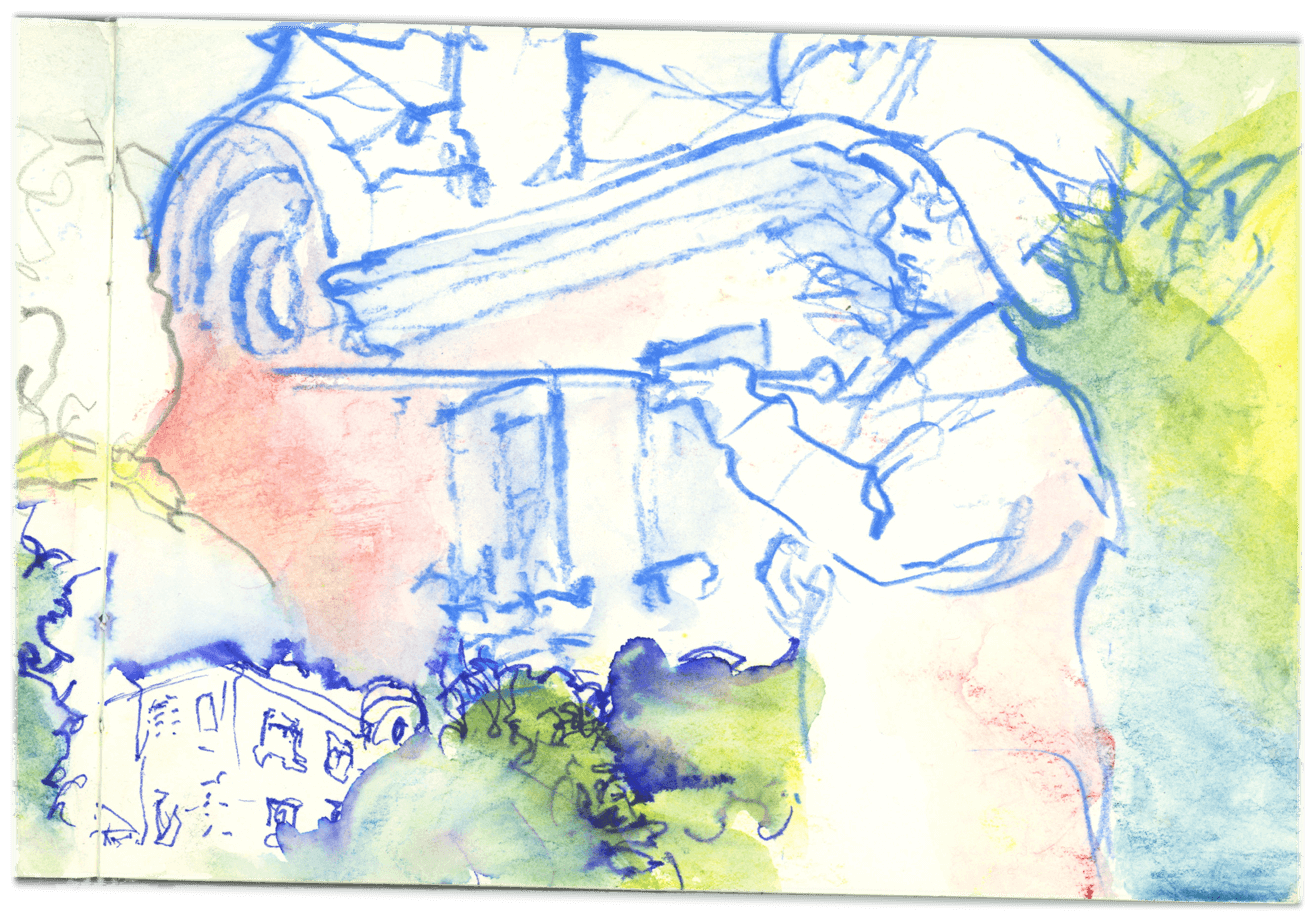
Cammie wants professional action. She gets a lot of stray cats, but no commissions. Her dramatic, chronic anger provokes public debate.
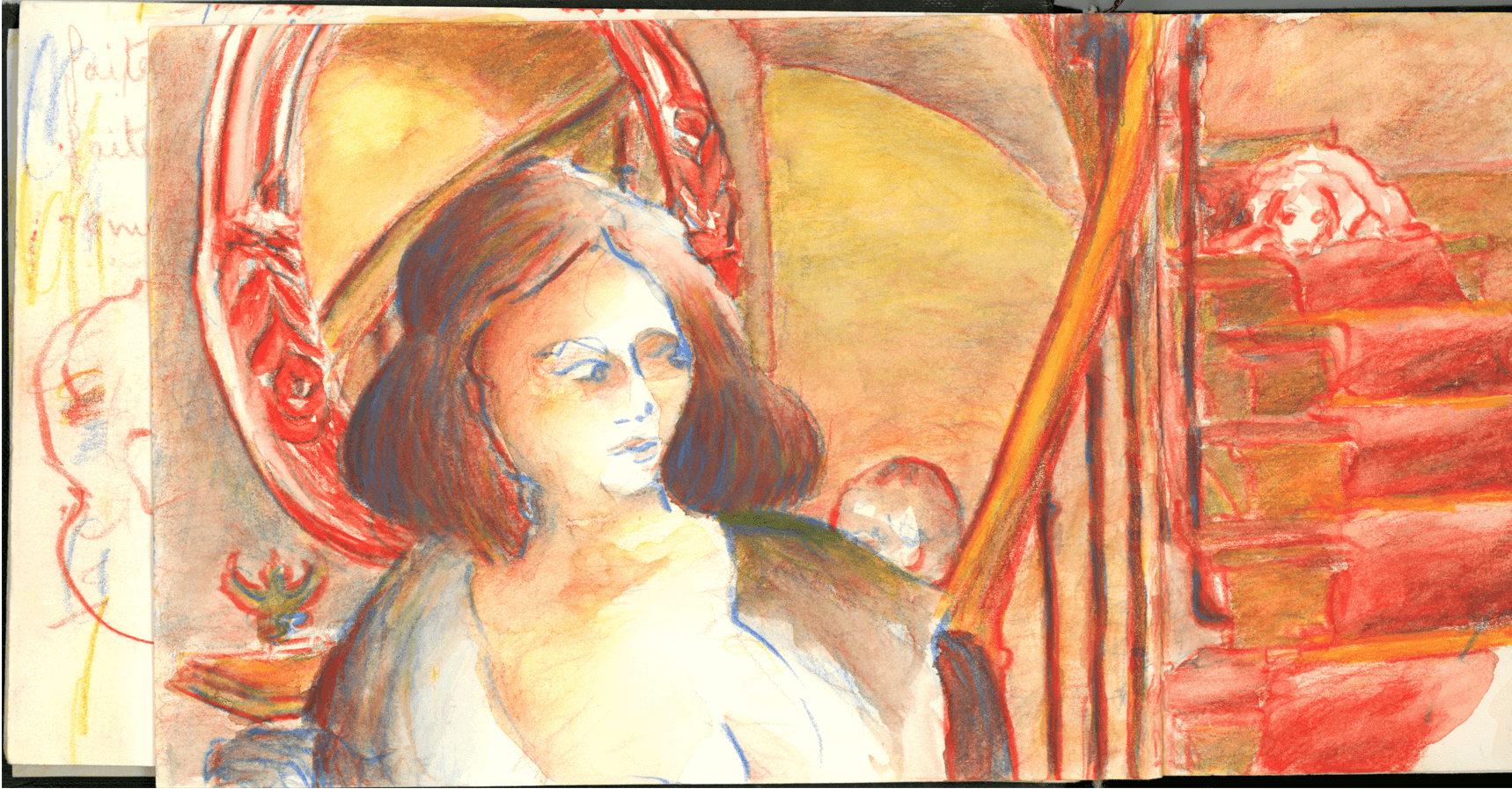
Paul has Cammie institutionalized for insanity. What possesses Cammie? Paul? Auggy?
Paul sacrifices Cammie to The Leviathan.
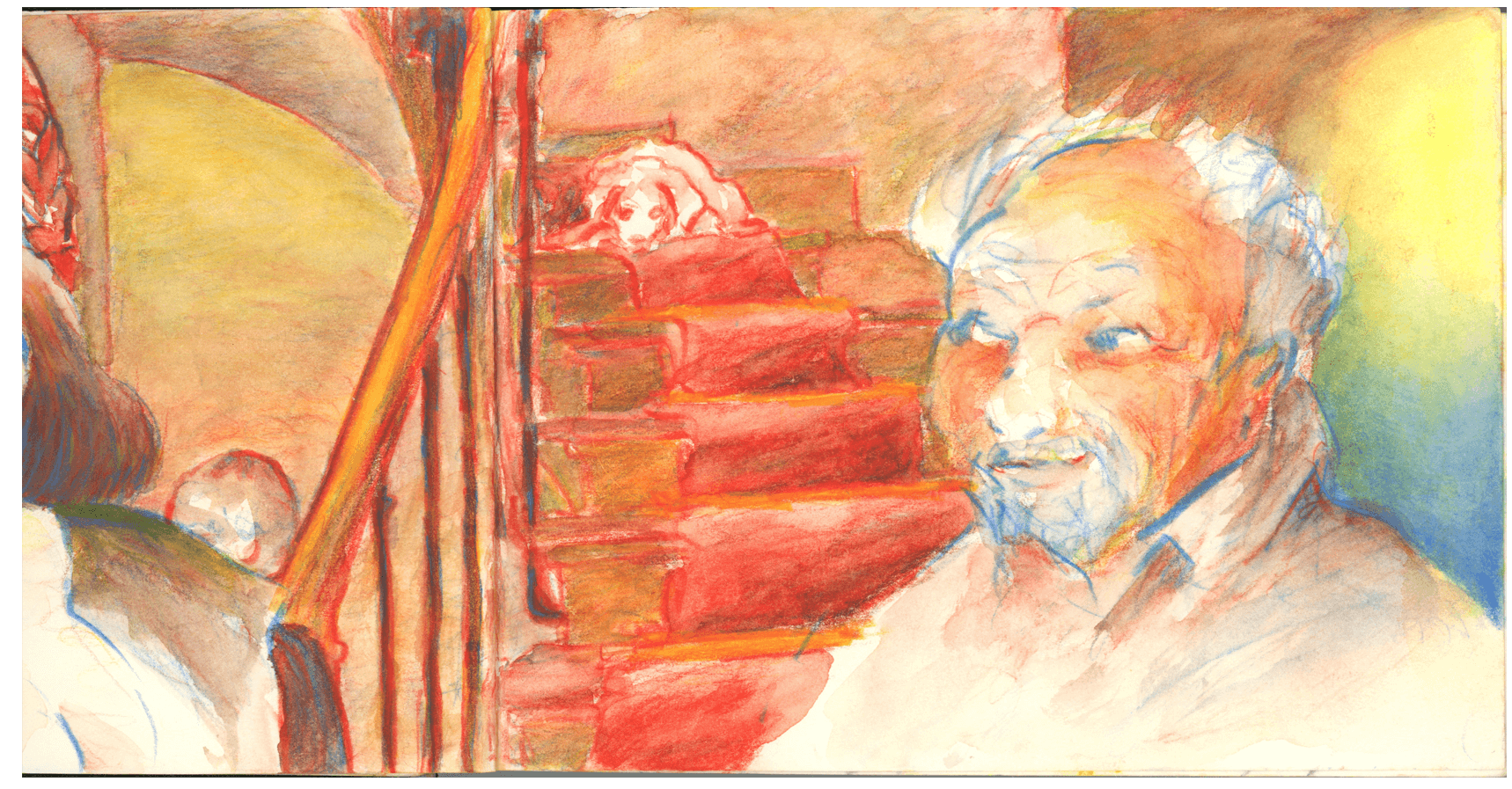
The nurses drag her out screaming to the asylum, from the studio where she'd nailed Paul’s poem, written across 16 illustrated magazine pages, along the walls.
fgh
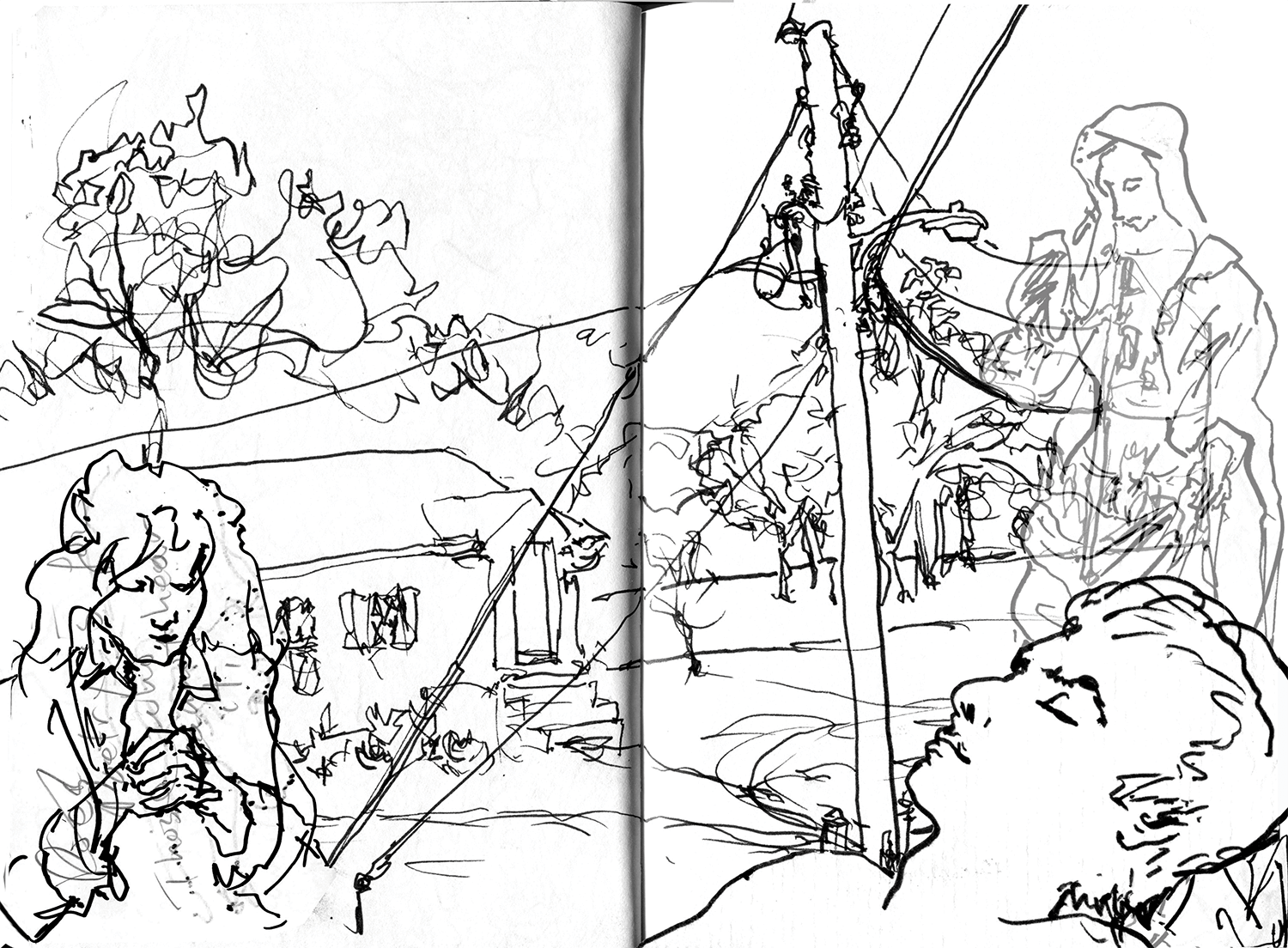
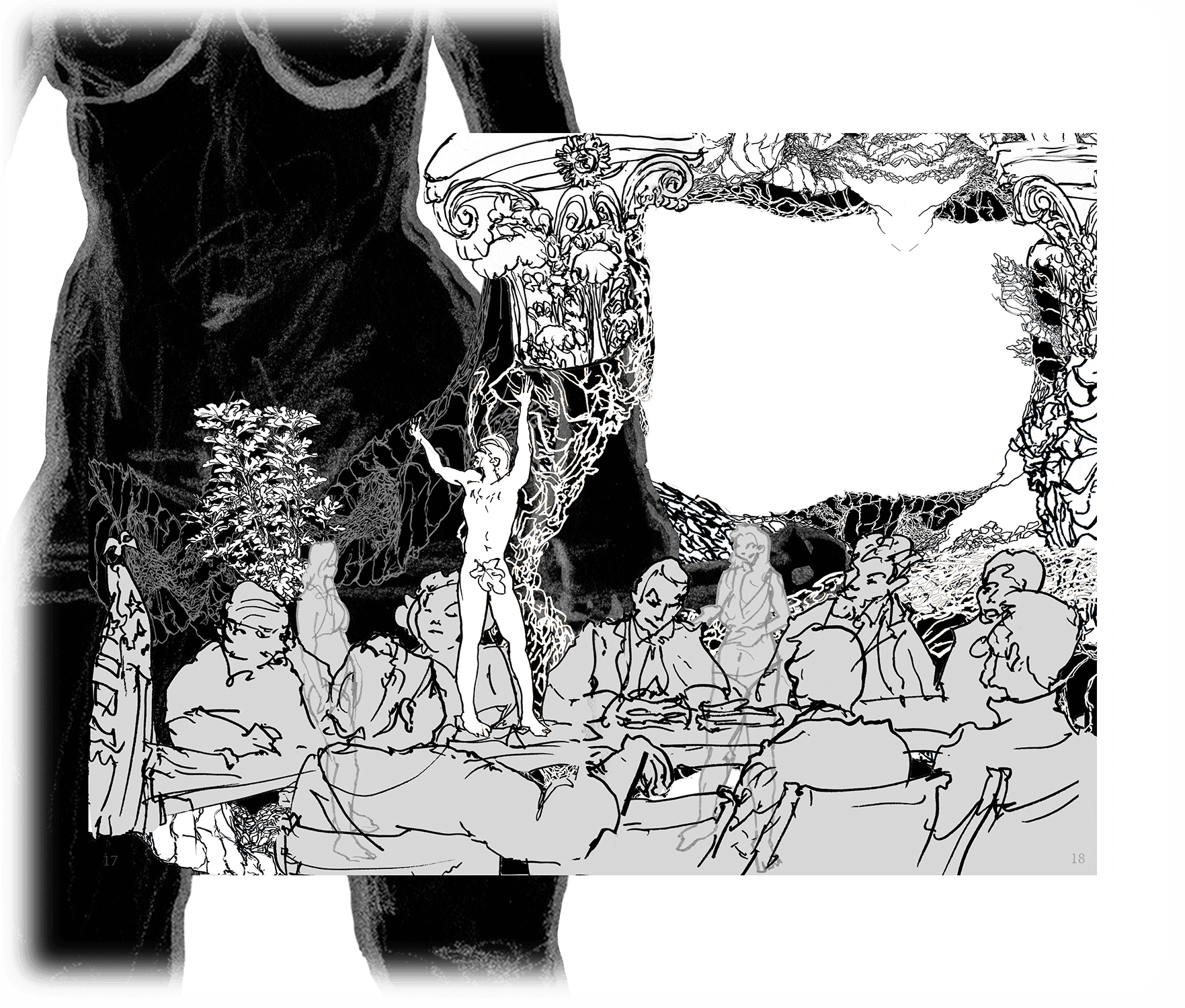
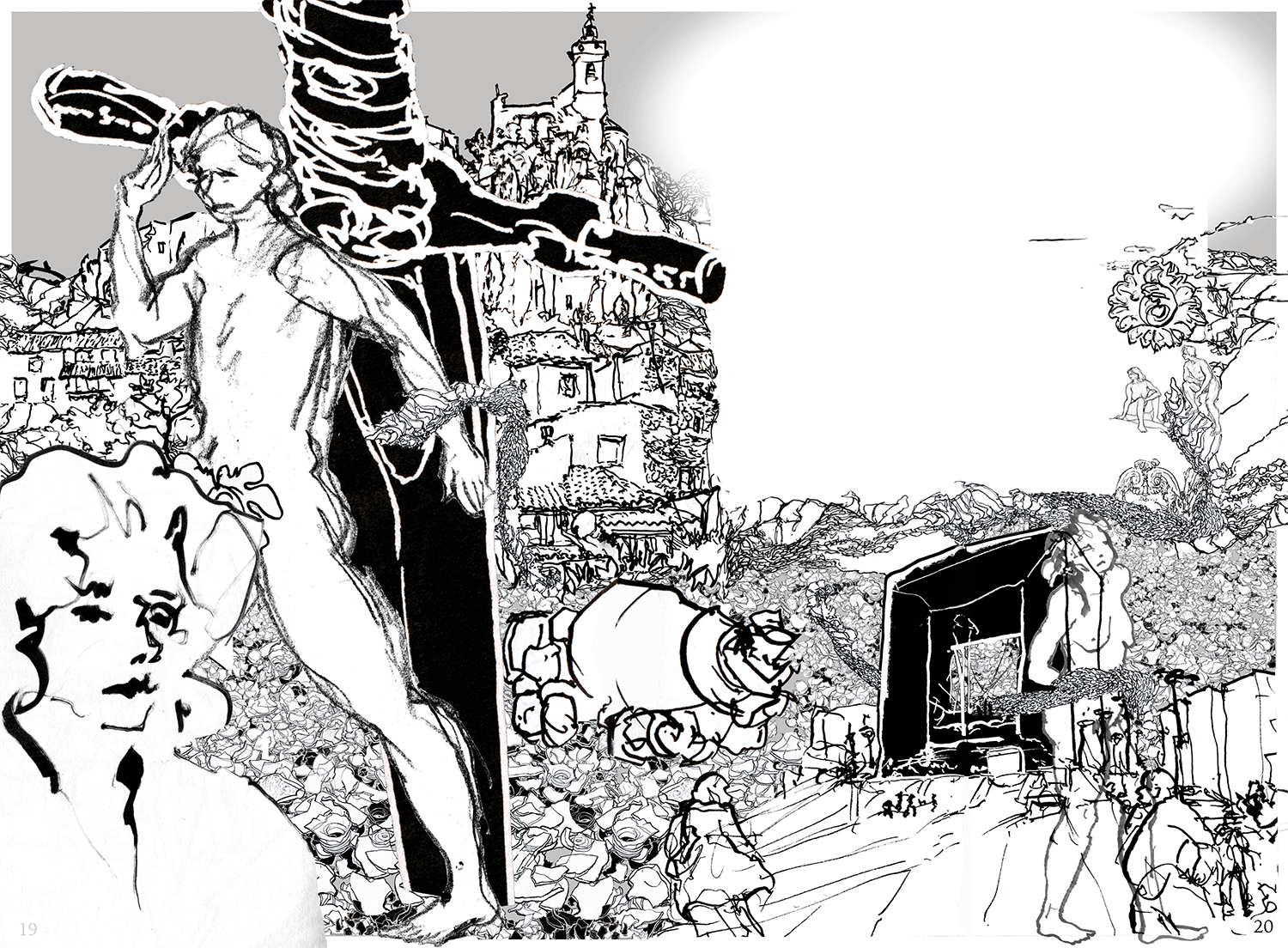
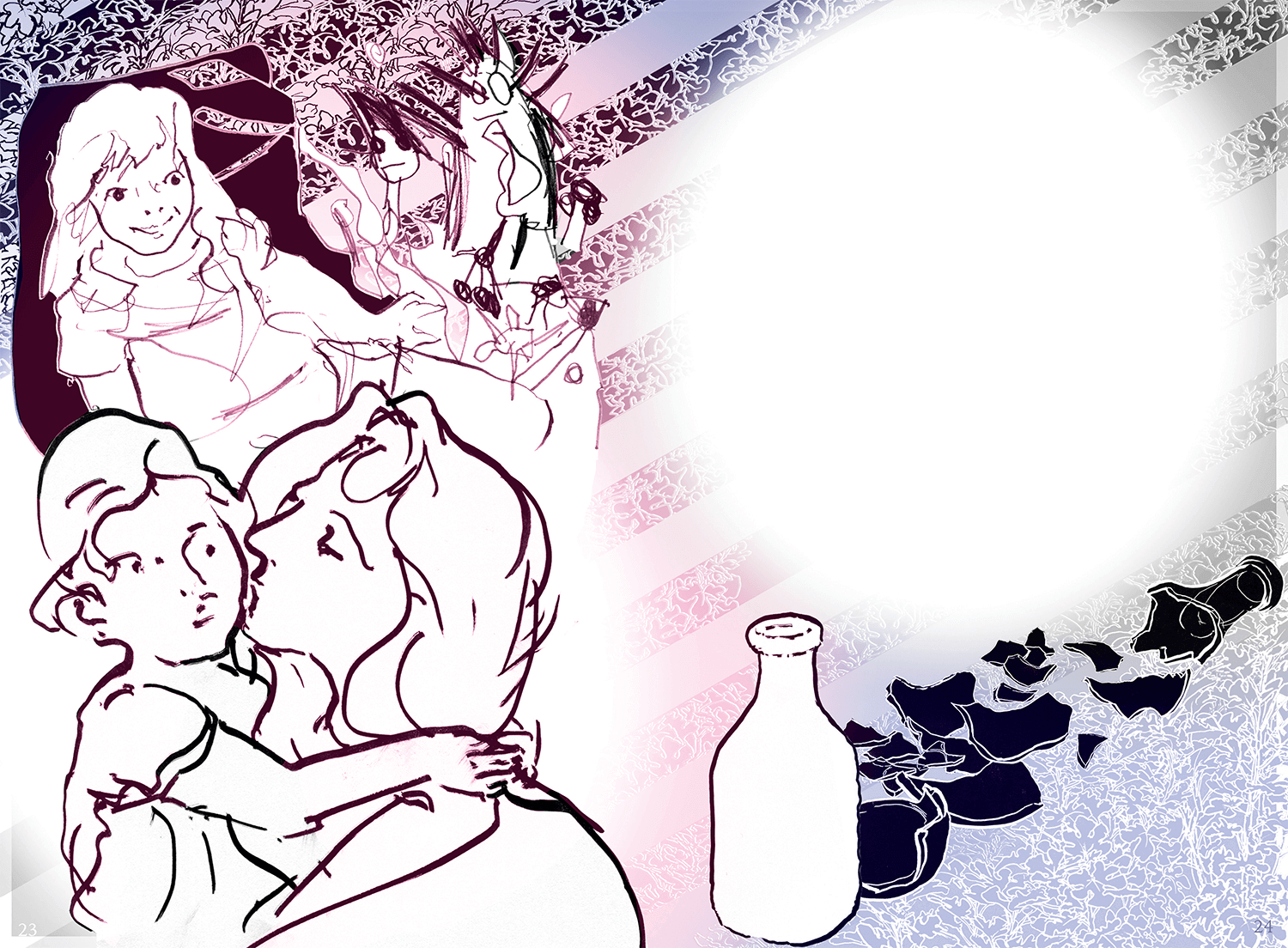
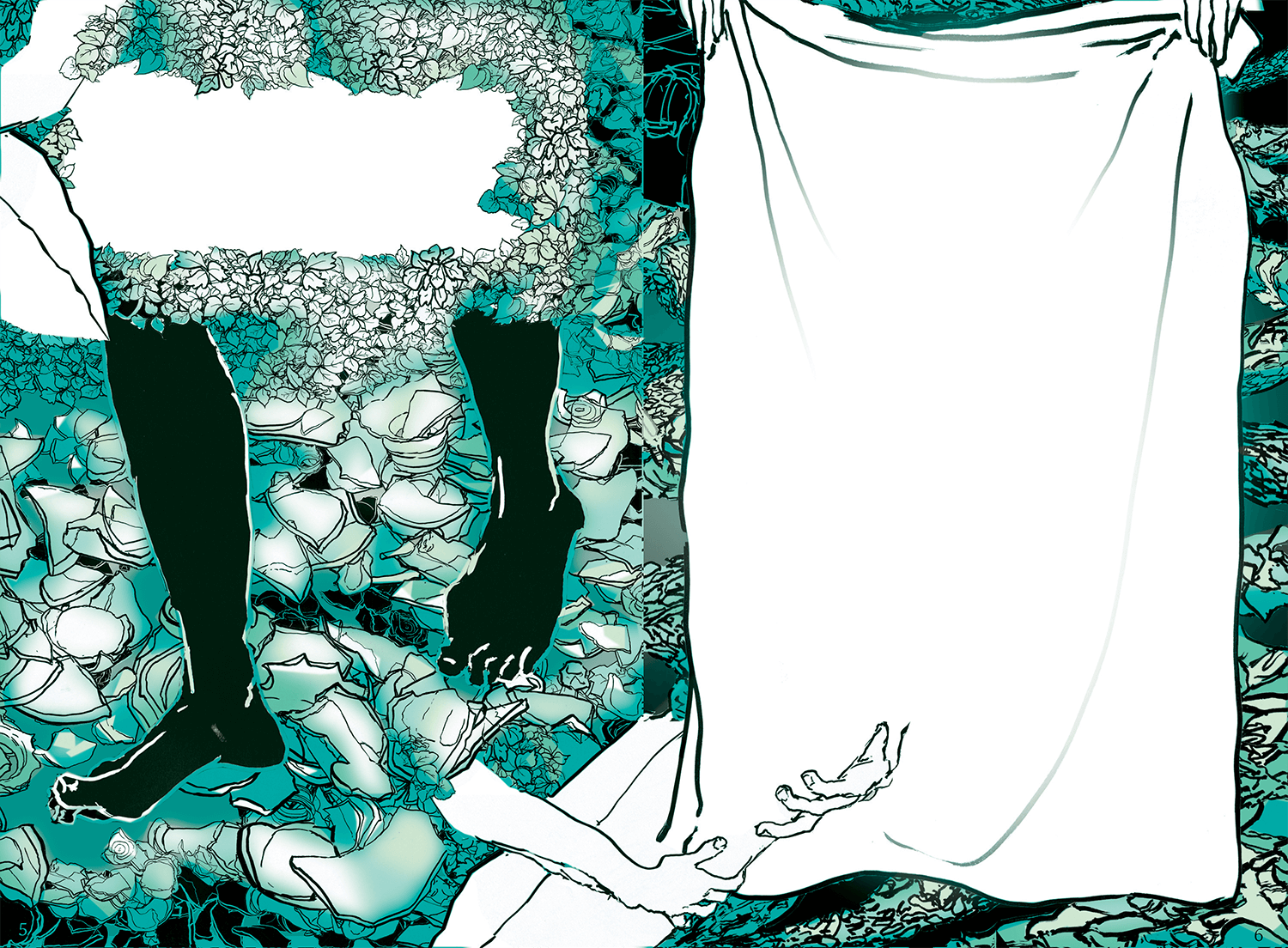
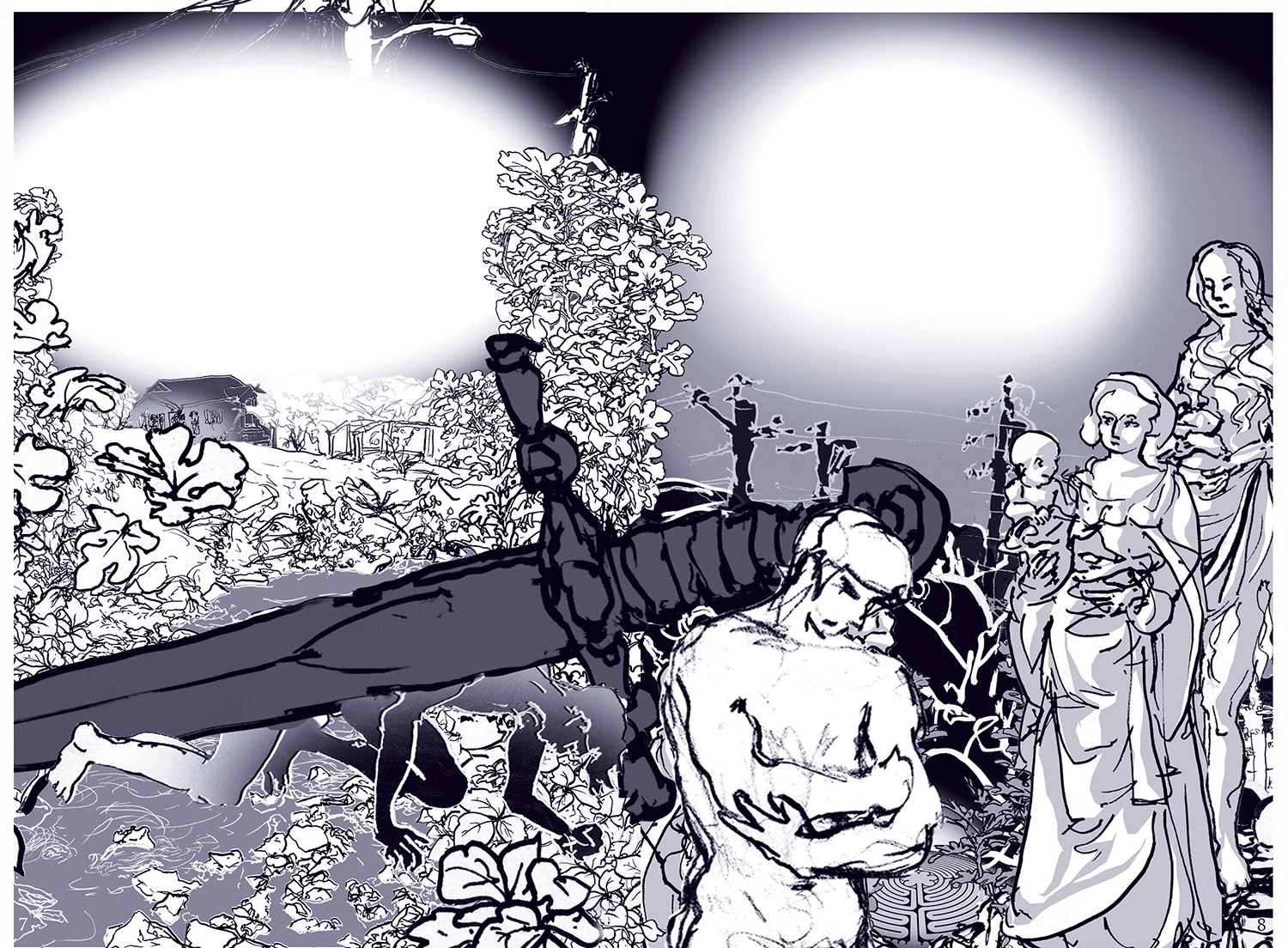
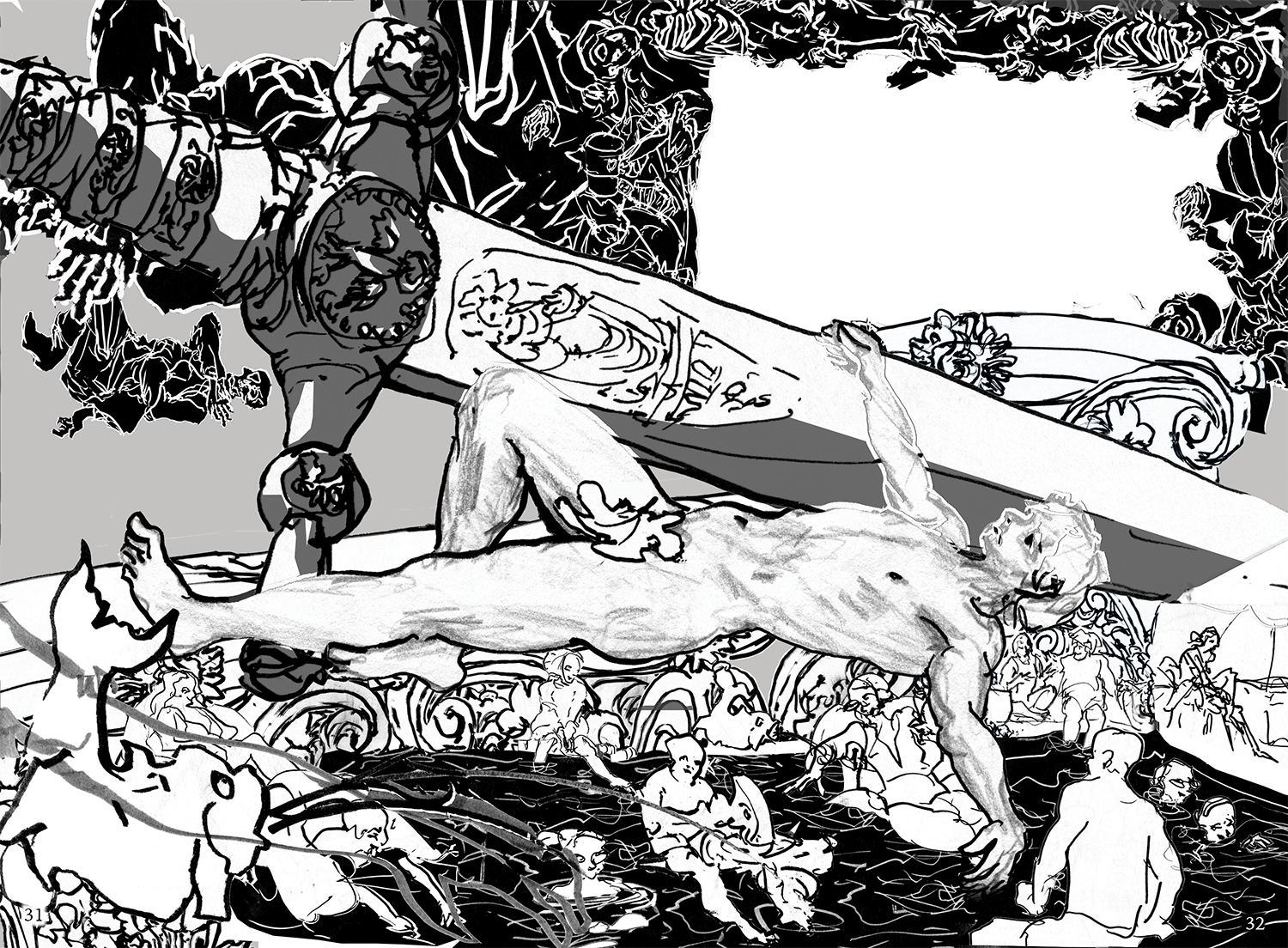
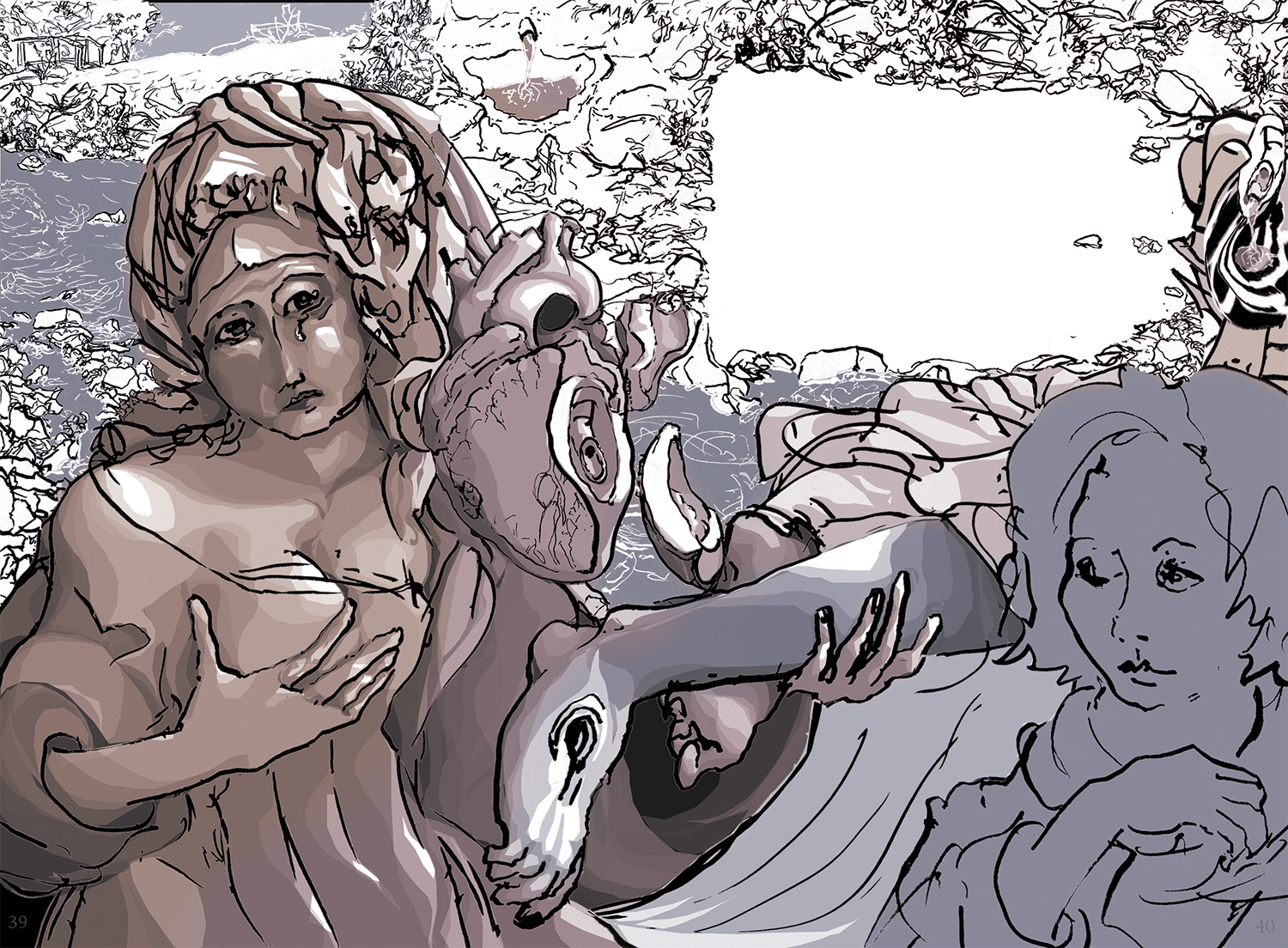
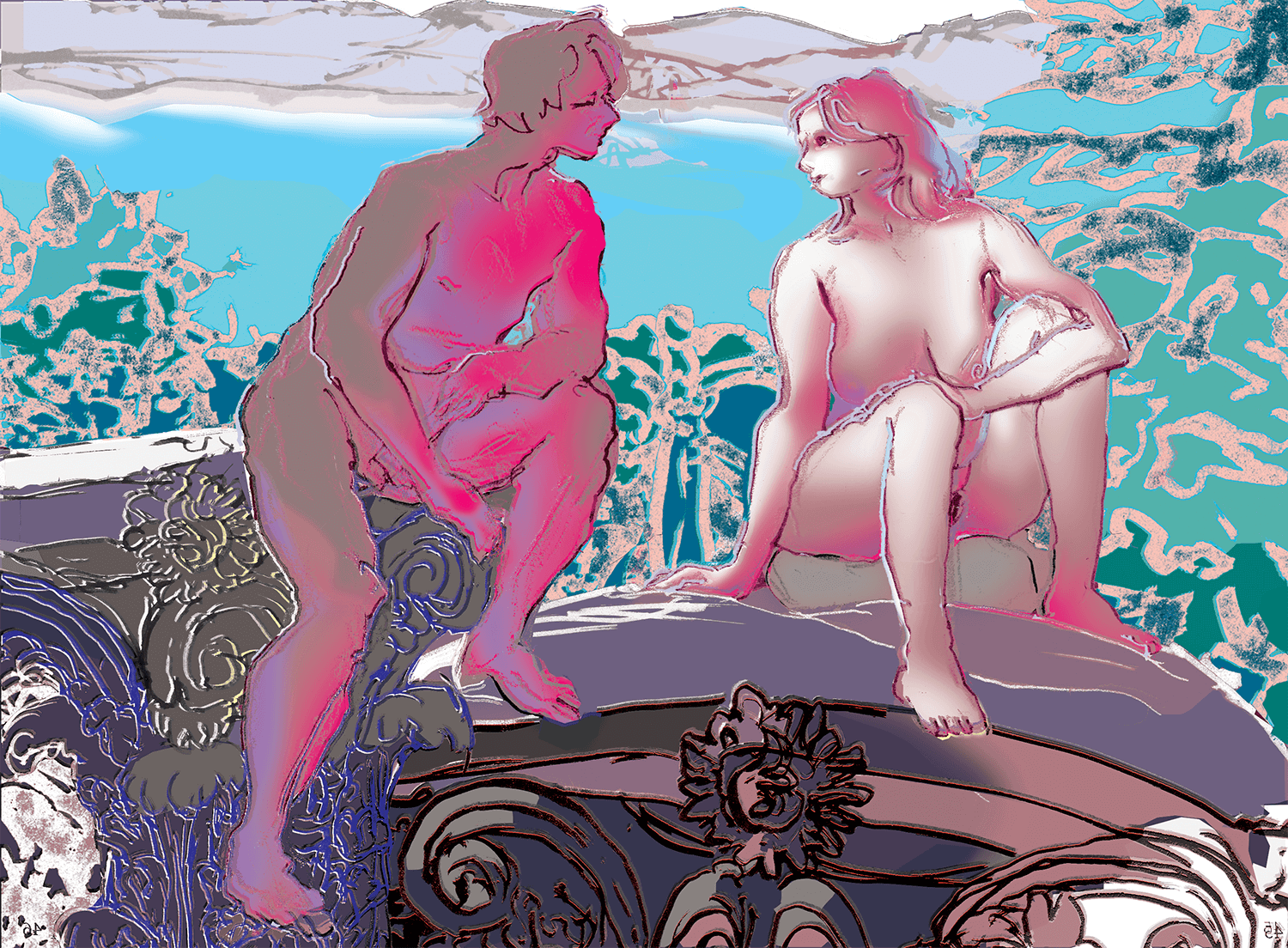
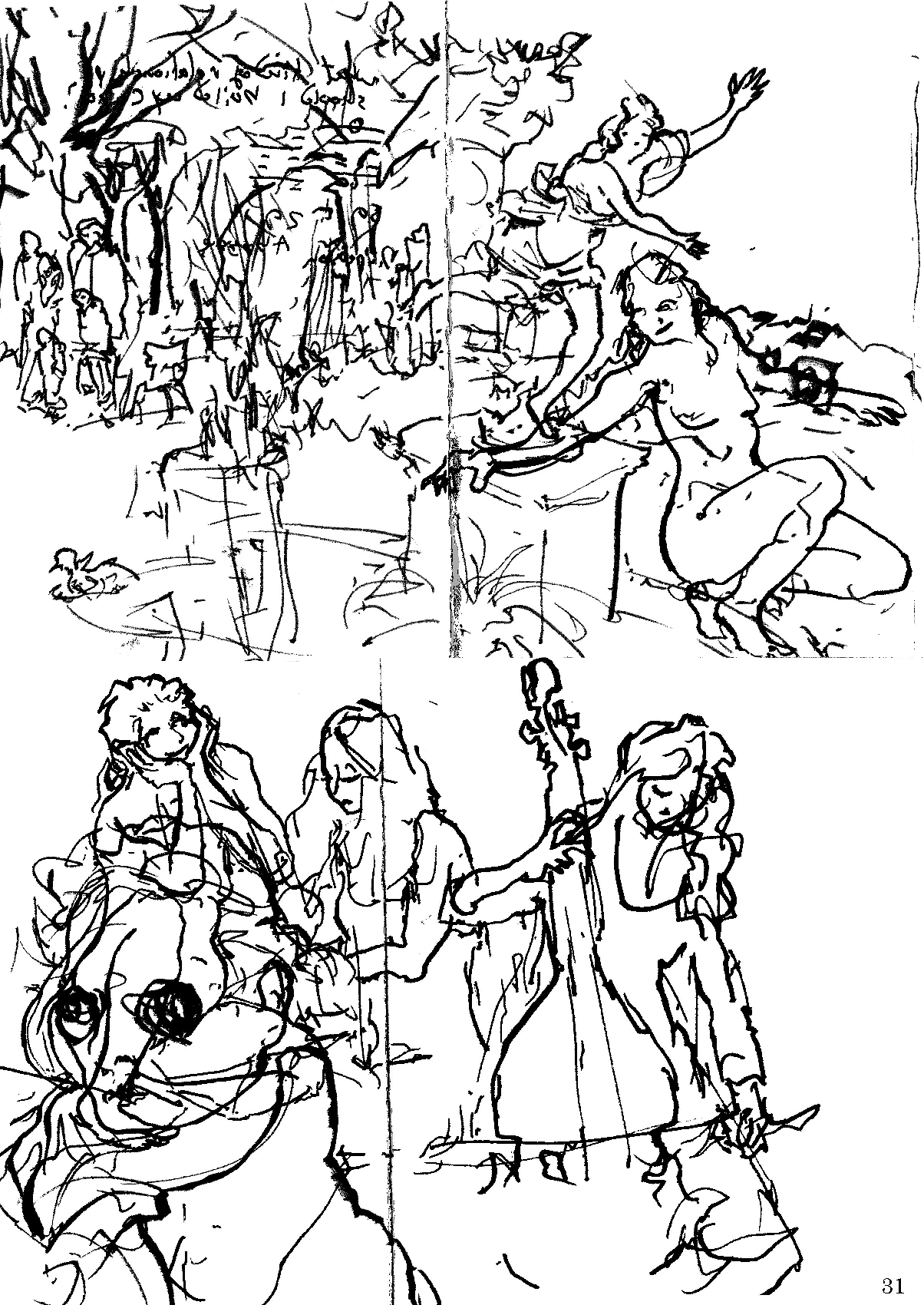
fgh
IV.
Paul Claudel,
Symbolist Artist
1.) Outsider no more.
Paul Claudel (1868-1955), beloved poet and theatrical author of France, was a 6-time nominee for the Nobel Prize in Literature. Religious, talented, ambitious, his art expresses personal life and studied ideals. He was an essential foreign service agent from 1893 until retirement in 1936.
Paul served in several countries, including the USA. He led foreign ministry banking responsibilities during WWI and II.
He is the author of more than a dozen volumes of poetry, two-dozen theater pieces, and about that many essays.
During his retirement, he wrote volumes of biblical commentary.
Paul’s spiritual awakening, at eighteen, associated the messages of state religion with the works of the decadent poets Charles Baudelaire, Paul Verlaine, Arthur Rimbaud, and Stephen Mallarmé. Paul newly-centers authority upon its right of deviance. The sole right to deviate from law defines the State as the authority.
Though from a modest provincial family, Paul vaulted to artistic and governmental success. After a long diplomatic post in China, The Way of the Cross (Le chemin de la croix) was first published in 1911 upon his return to France.
Paul soon republished it in 1913, the year of his father’s death. The day his father died, Paul had Camille committed to a mental institution. The details of Camille Claudel’s calvaire reveal Paul’s demons. His poem contains confessions.
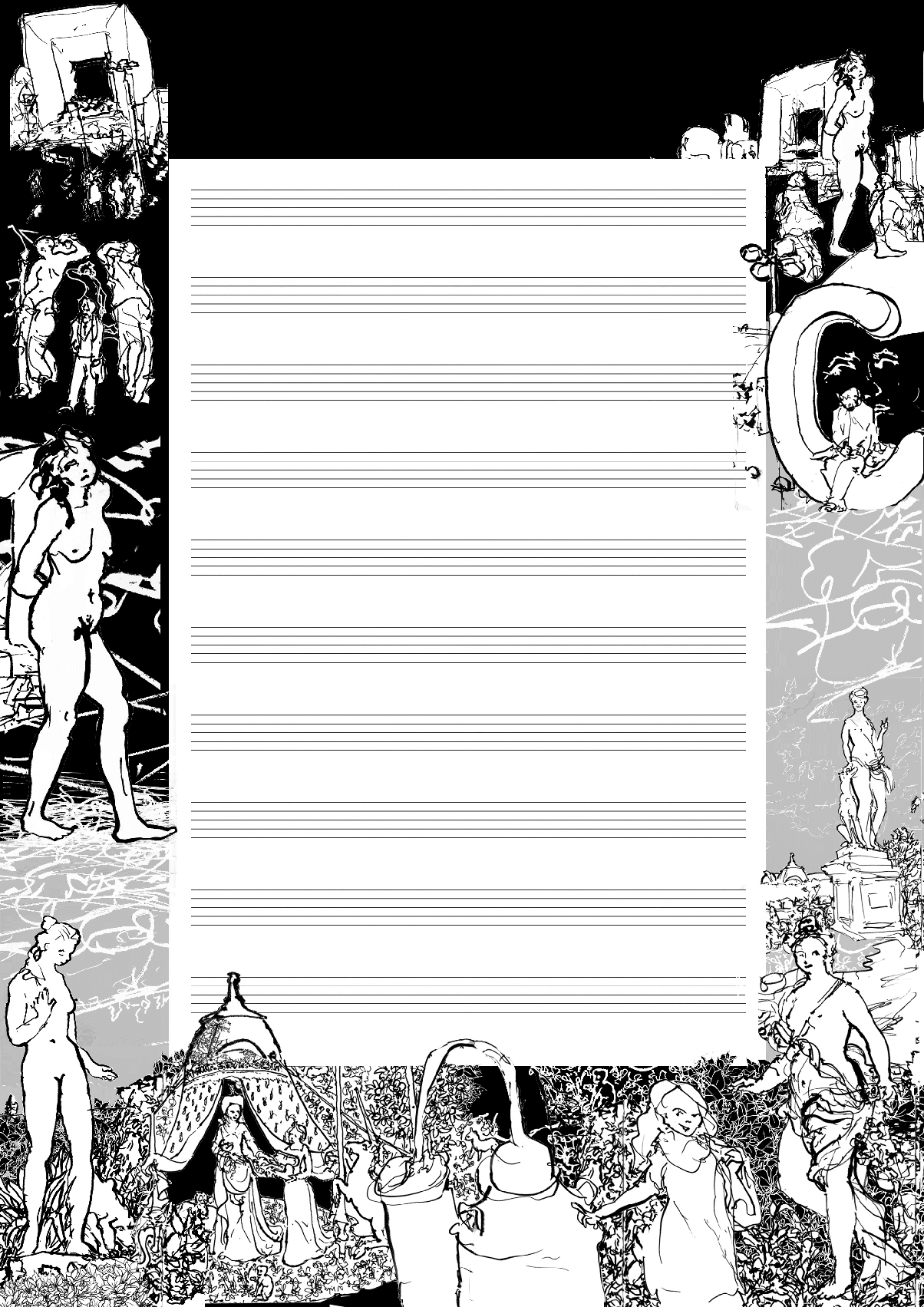
7.) Coming Home.
“Did you bring anything for the kittens, Paul?”
“You don't smell my ripened treat?”
“My nose, he’s not what he once was. You went by the fish market?”
“And the butcher!”
“Toto and her girls love their treats. Don’t you, my precious ones!”
“Make some soup with those chicken necks, Cammie. What have you been eating?”
“You bring ME scraps? You should be taking me dining at the The Agile Rabbit!”
“You know you don’t go out anymore.”
“Who’s this Spanish Painter everyone’s talking about?”
“Pablo? He’s what interests you? You’re too old for him. You never change!”
“You never go to Montmartre anymore!”
“You never leave this studio... full of shut-in, hot cats! Can we open a window?”
“Paul, you shouldn’t spend all your time at the Quai d’Orsay!”
“I’m there by habit, clean habits, unlike yours, Cammie.”
“I smell it! Not fish tails, rancid chicken necks, not even the catbox and frustration. The stench from Quai d’Orsay slaughterhouses, you reek!”
“Camille! Put that clay down!”
“It’s dry and shriveled, needs reconstituting!”
“Ow! That hurt! You’ve ripped my jacket! Stop it! Cammie! No!”
“What a baby! Here's a funeral mask! I made it drunk. Heads up, catch!”
“You scare the cats! Camille, stop breaking everything! That piece could have been valuable sculpture. That could have been my eye!”
“Your eye? My eye!”
“Ouch! That finishes it, Cammie!”
“Let me go!”
“You strike me?”
“Truce, Paul?”
“I’m writing you this check.”
“I don’t need your money.”
“It’s for the kittens. Take them to the country, where they can be happy. Rodin and his gang, they hate you.”
a
“Cammie, dear, you need rest, doctors, nurses, the countryside.”
“Art sends out my intentions. From my works, new thoughts return to me, across time, from people.”
“We could set up a little workshop, Cammie. You could teach the local girls! My factory would reproduce your clay models as holy statues. You'll communicate to all the poor little churches overseas.”
“Why would I create junk for you, polluting my oeuvre, clogging my comm channel?”
“Now you talk of digging canals! The factory would pay. Think of the precious art you could create. I imagine poor adolescent peasant girls kneeling, crossing themselves, confessing, praying for deliverance from a violent, ignorant world.”
“Your world, and there you are, Paul, preying in the pulpit on them.”
“Oh no, Cammie, I never visit the colonies, and you shouldn’t either.”
“Art enables time travel, Paul.”
“Traveling to Africa, Asia, the Caribbean, your new statues, thousands of them, transmitting congratulations for a job well done... as it should be! Sculpt, Cammie. Give people work, dignity!”
“I won’t have time to supply your factory, Paul. My work in the present complete, I’m engaged for the next three decades, with future people.”
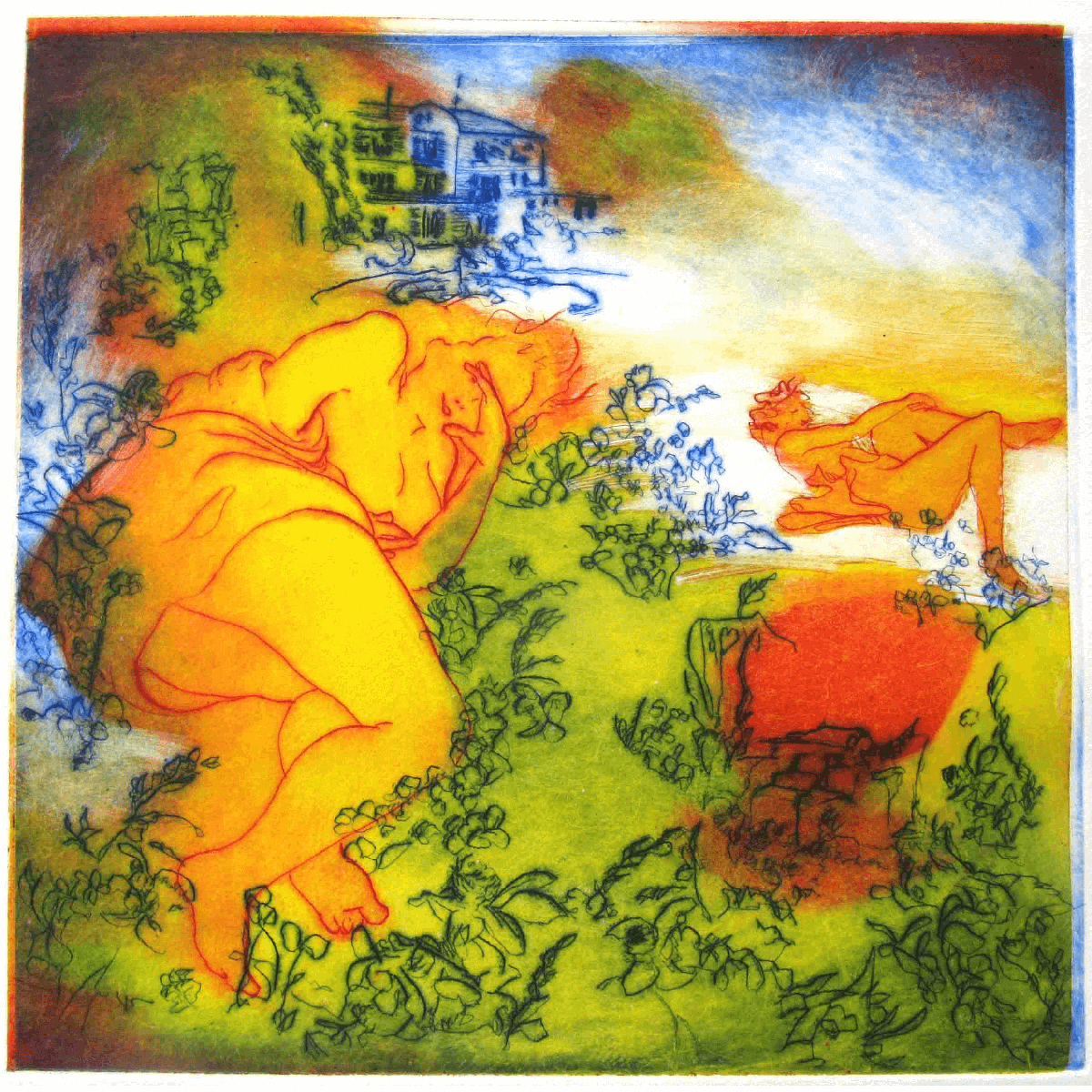
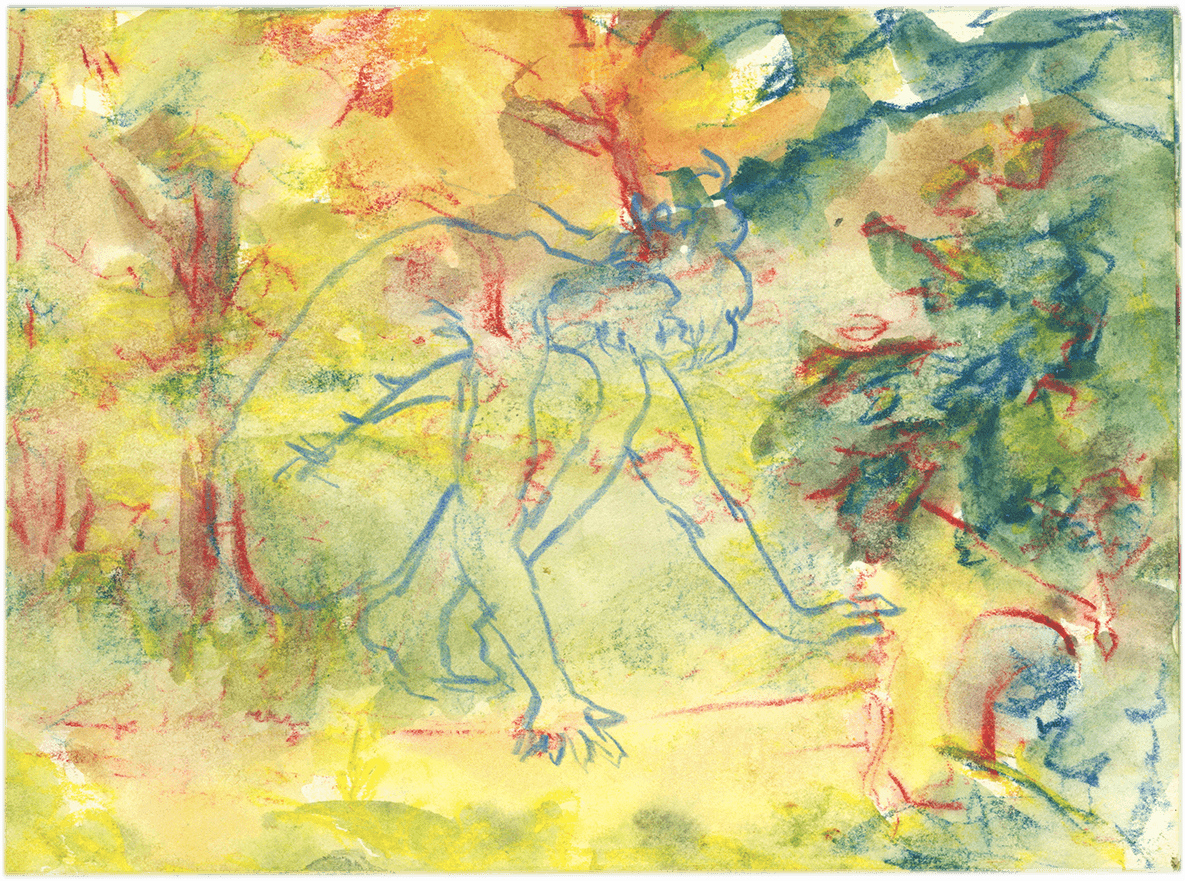
e
fgh
xiiii.
The next morning I’m outside the Kwan Tai Temple.
Jai’s inside, looking over the shoulder of his host. He’s masked. She isn’t. She stands on the porch holding the leash to a seated, well-trained, retired hunting dog.
“Hello!” she calls. “My name’s Camille. This is Paul.”
Jai looks sheepish. Obscure, hands pocketed, head down, face under a billed cap, fidgeting dust with his shoe tips, he looks guilty. He's got a police APB.
Camille, Jai’s protector, looks to have about 45 years. She doesn’t look Asian. Her dark brown almond eyes look at me half closed, under deep, sharply creased lids.
I think to myself, “She must work at one of the Victorian mansion-museums. Her vintage lace and linen blouse seem out of place. It shows off her tan. She must never burn. Awfully hot for 45.
I mount nine newly refurbished redwood steps up to the perfect porch view of the Pacific Ocean at my back and left. Jai and Camille face me from under the temple’s shade, north by northwest.
“I’m Vic, pleased to meet you Camille.” Forgetting manners, I offer my hand, then remember.
Camille accepts, smiling, “Jai told me you’re vaccinated.”
Jai, scanning the street, steps out. He looks guilty. He's got a police APB.
Paul stands whining, wiggling, anticipating caresses.
I greet my husband. “Who says old dogs don’t do tricks. How'd you learn that vanishing act?”
Jai kisses my cheek, whispering, “Vic, thank heavens you’re here!” Acknowledging Camille, he offers, “Paul’s a trick dog. Here boy!”
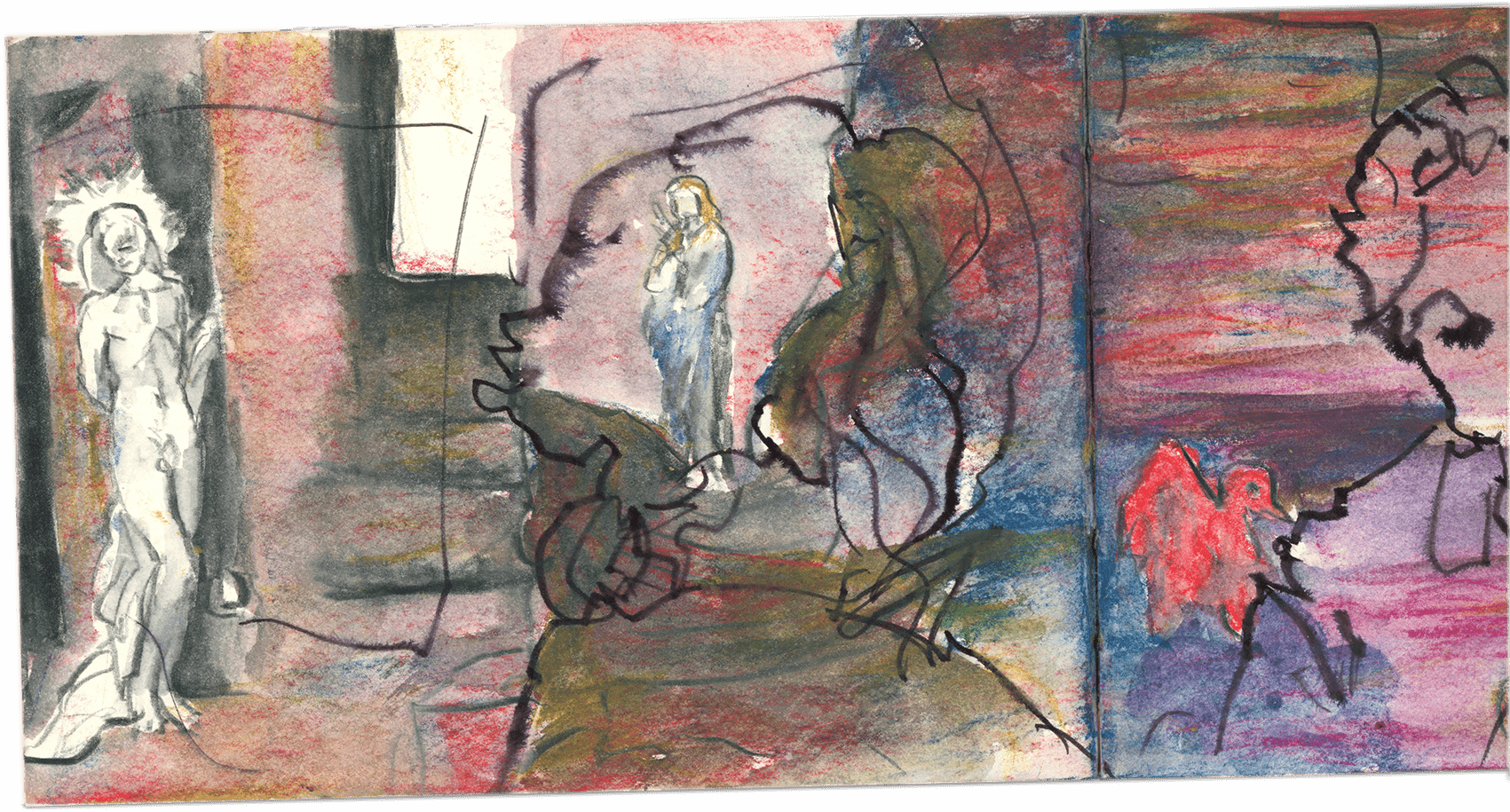
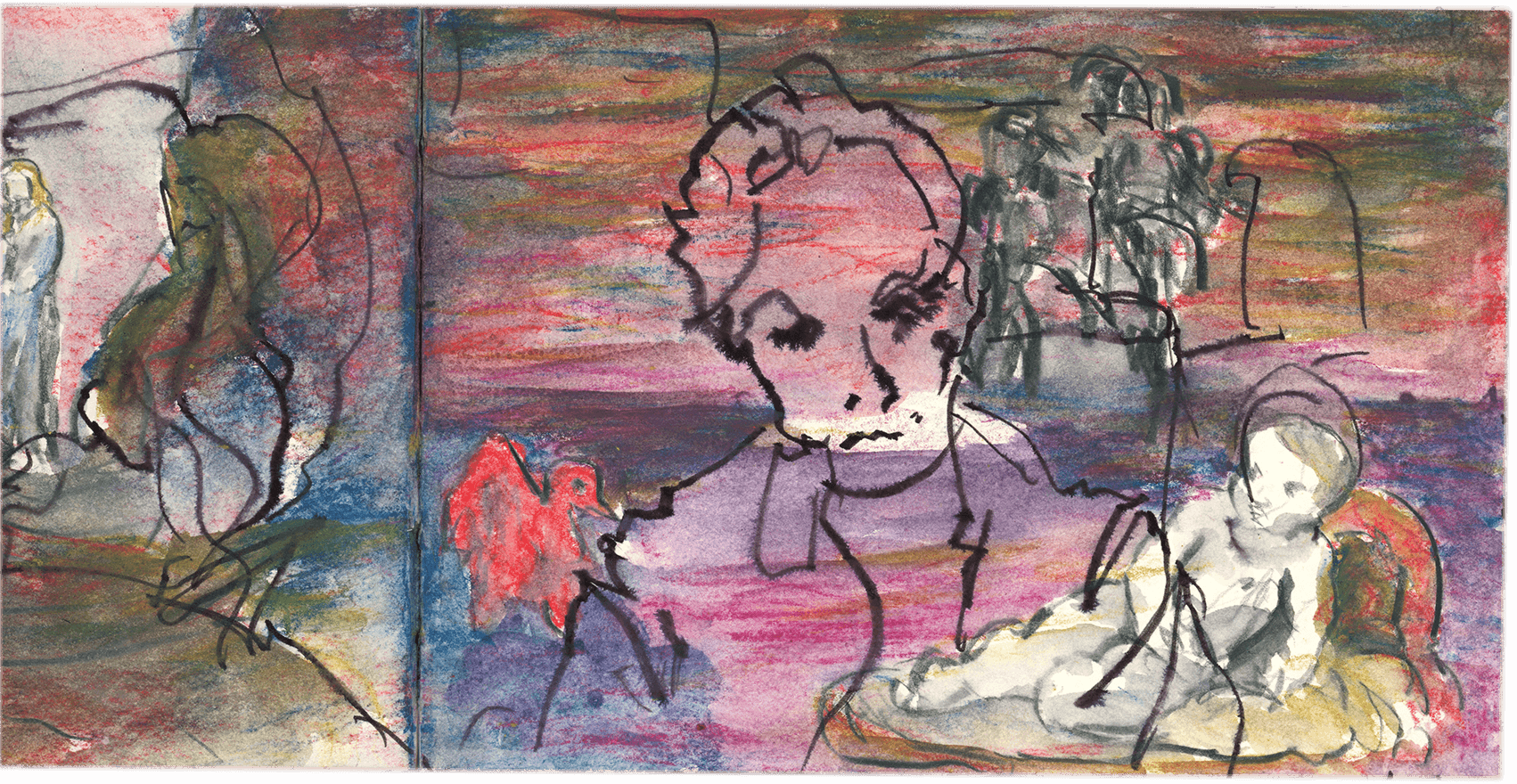
fgh
xvii.
Jai and I leave the garden where, since a while, we'd been emptying five-gallon buckets of gray water. We irrigated the cosmos, calendula, verbena, and other flowers for bees to visit, figuring out what to do with Cammie's photos.
We put away the emergency gear, go inside, and wash up into fresh clothes.
I put on the kettle. Jai cleans off the tin box of pictures. I take it to the dining room table, with fresh napery. The light's not so good, but pretty from antique table lamps. Enamaled bases narrate across porcelain and gold leaf, shepherds happy among aqueducts and ruined castles under Mediterranean sunshine.
Jai's got Cammie's box open, and spreading her pictures across the white tablecloth. The room around us was a new structure during the creation of these photos. The sun illuminating those faces shone during those same days in this room, through those same pieces of leaded glass panes, onto people. Jai holds up a large, obscure, unrecognizable photo.
“It says Halley's comet May 19, 1910. Then there's something else written...”
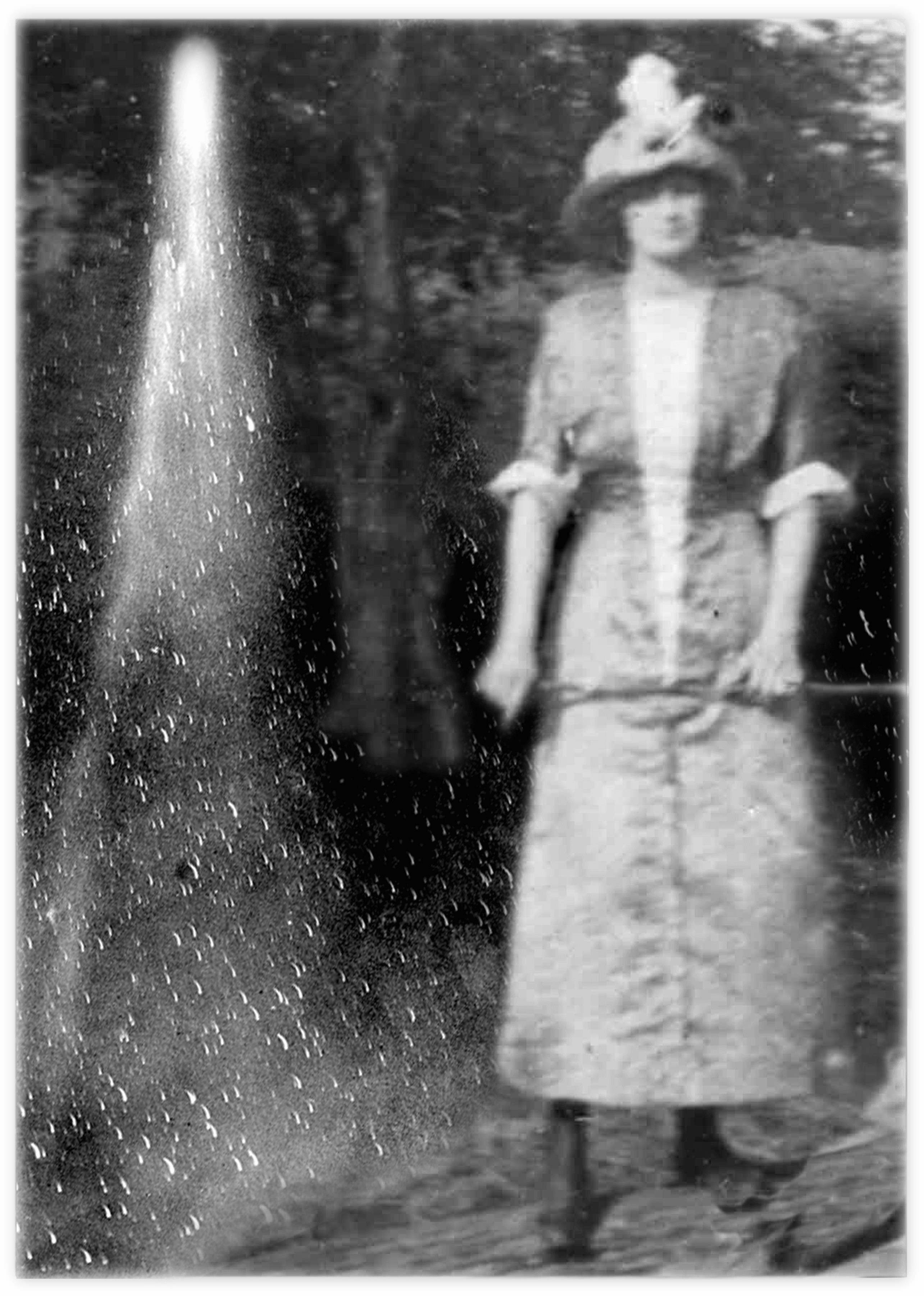
“By the time you read this,
habituated to splendor,
we will come to have known only for the first time,
the defeat of superstition and tyranny by
your triumph of reason and industry.”
